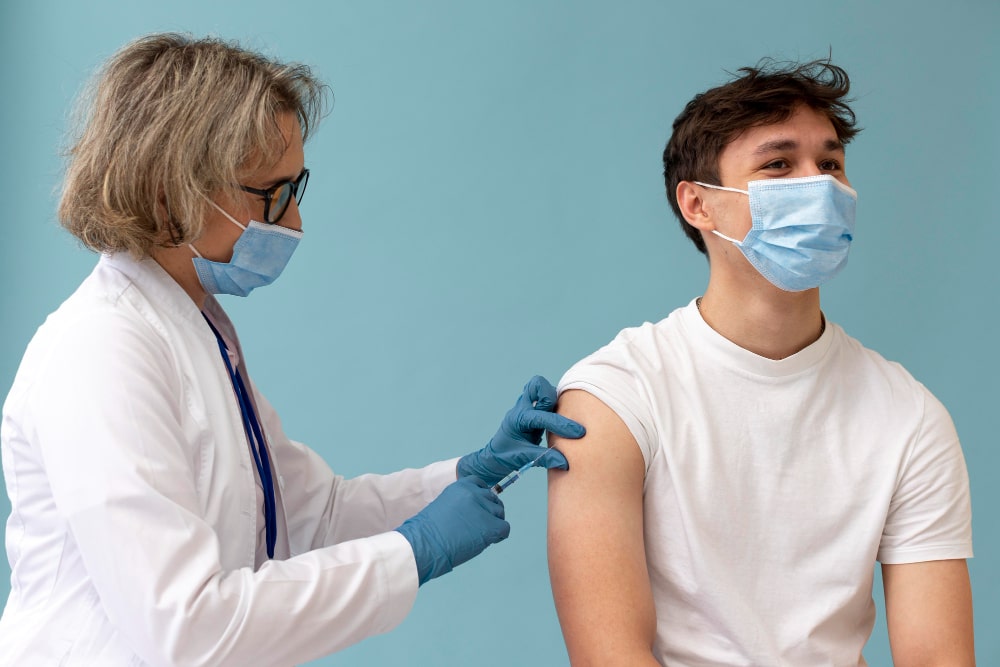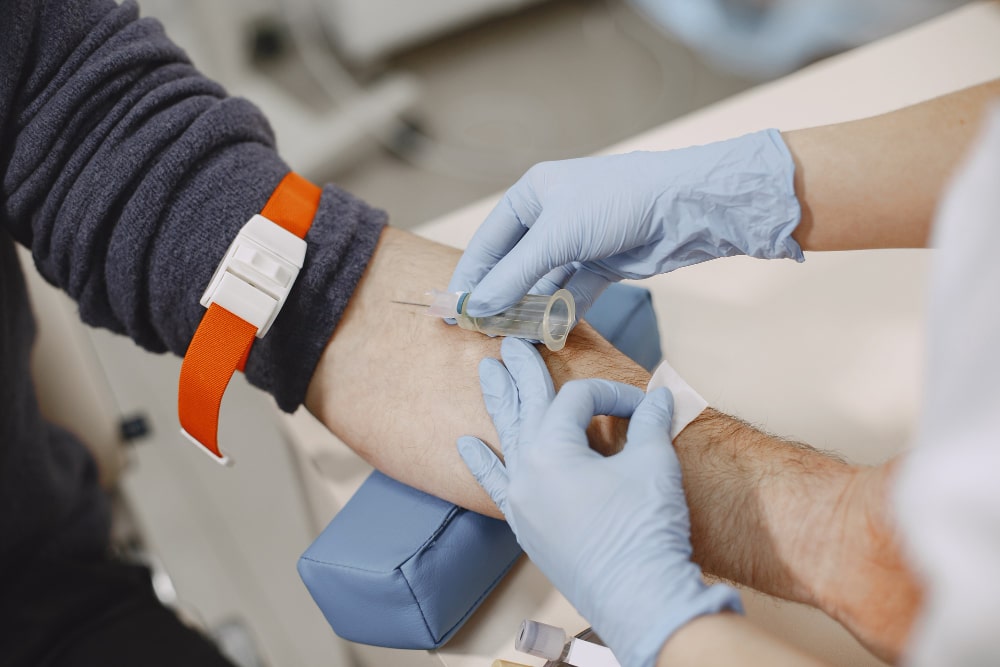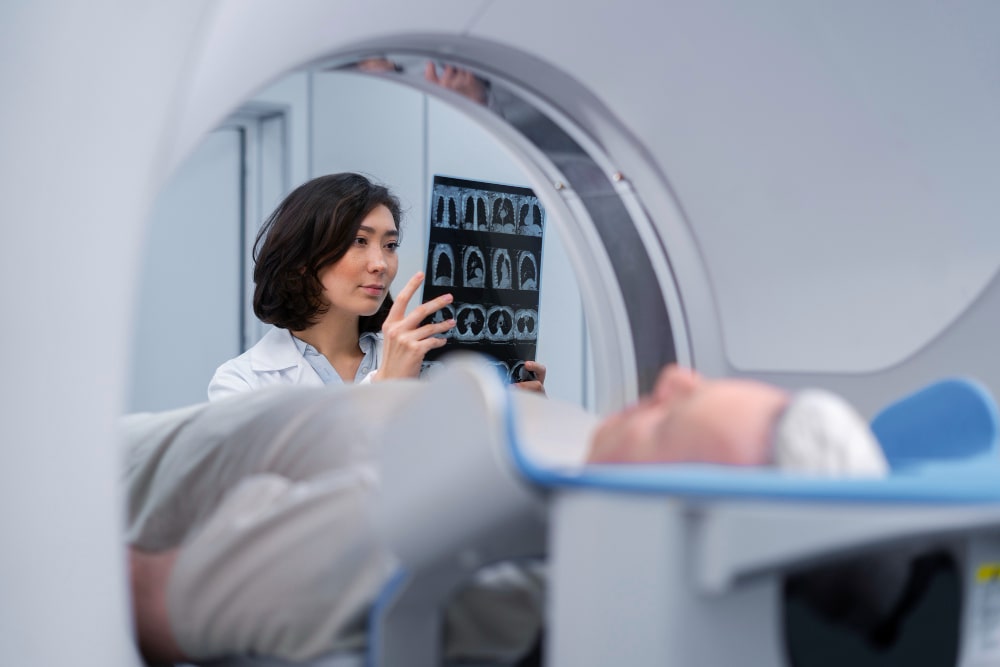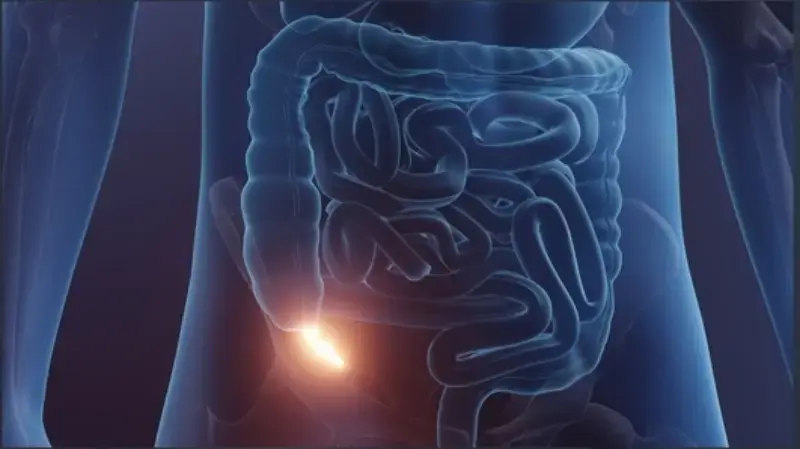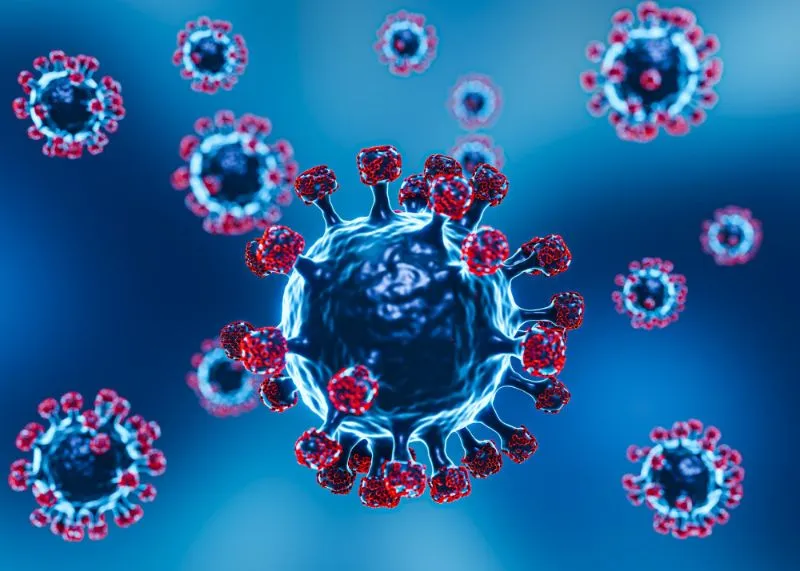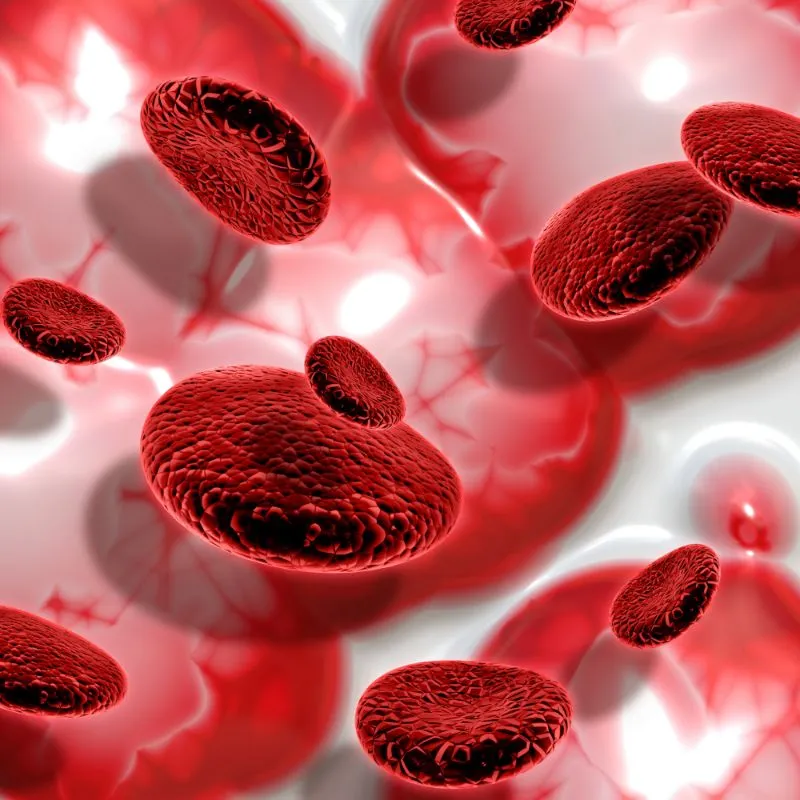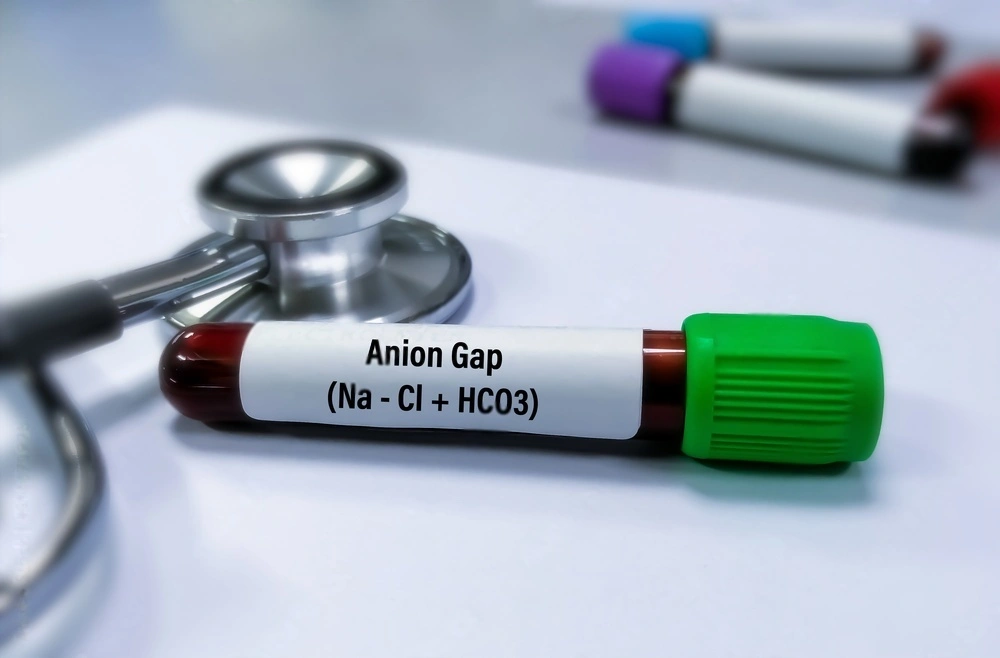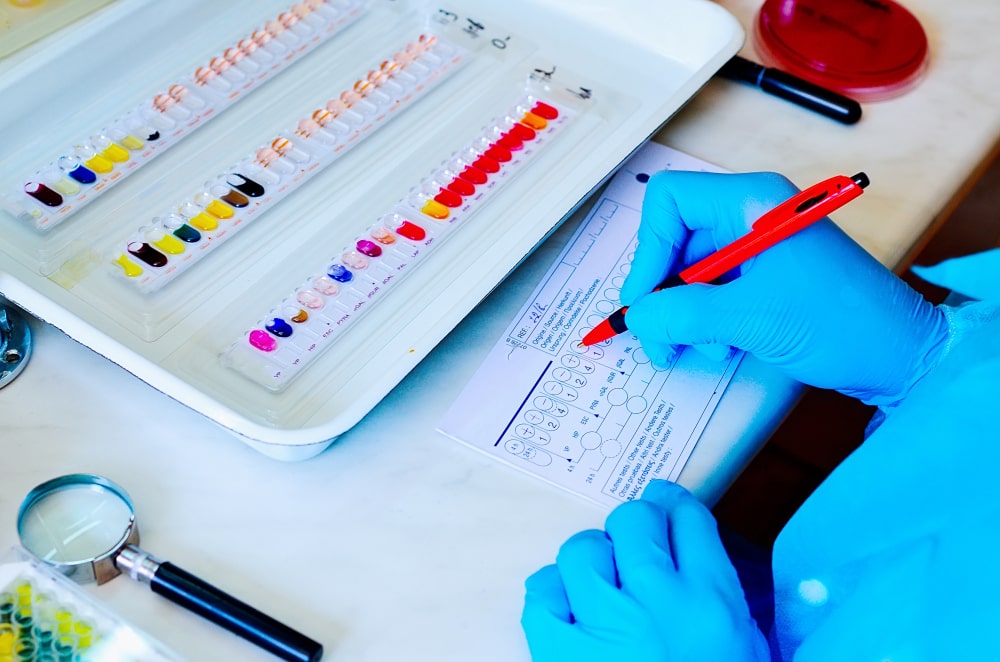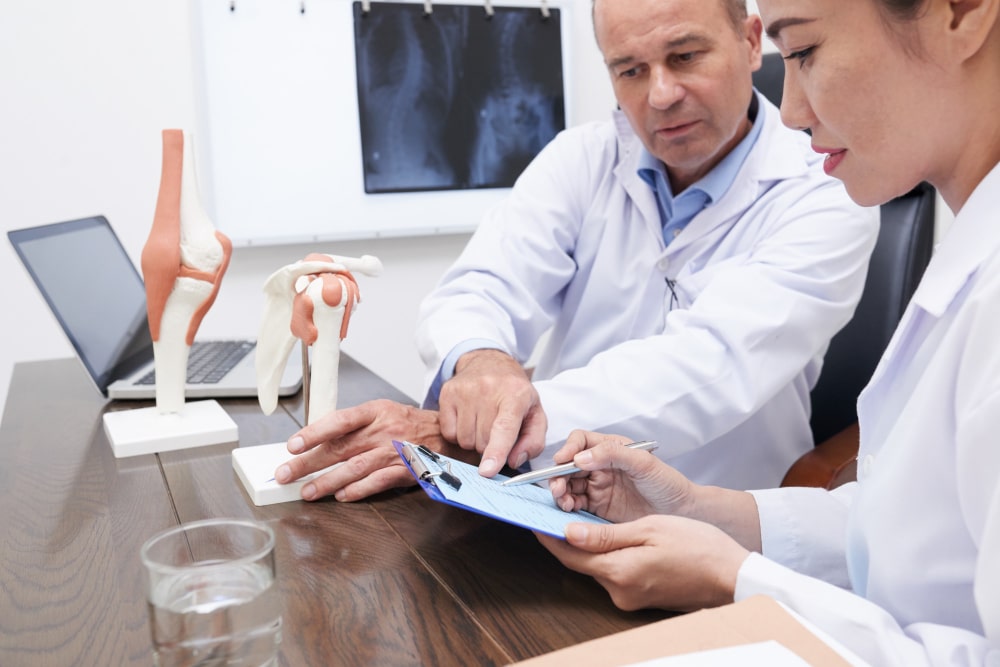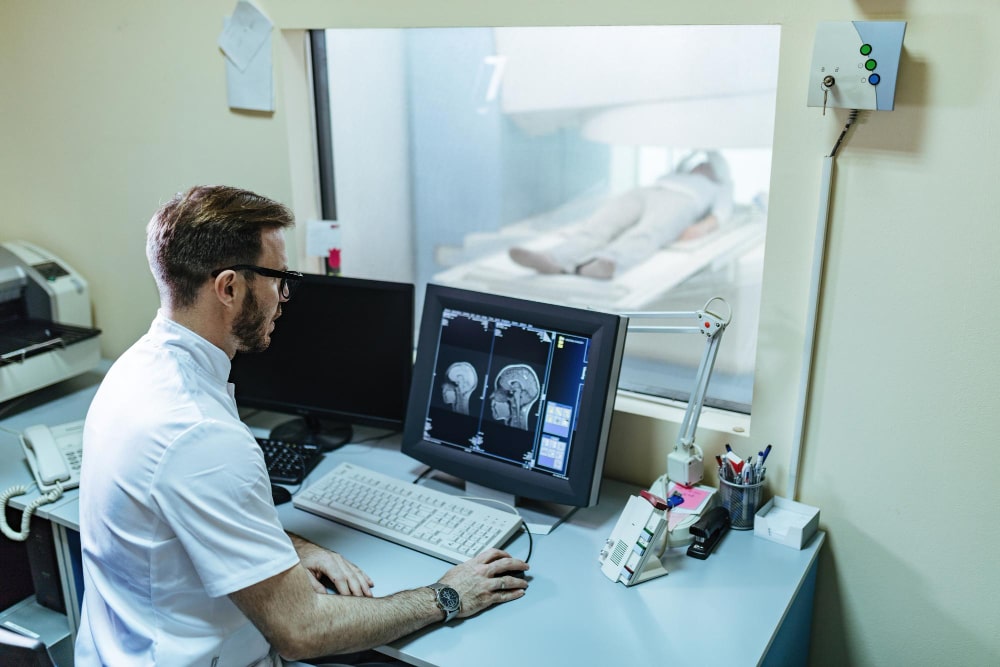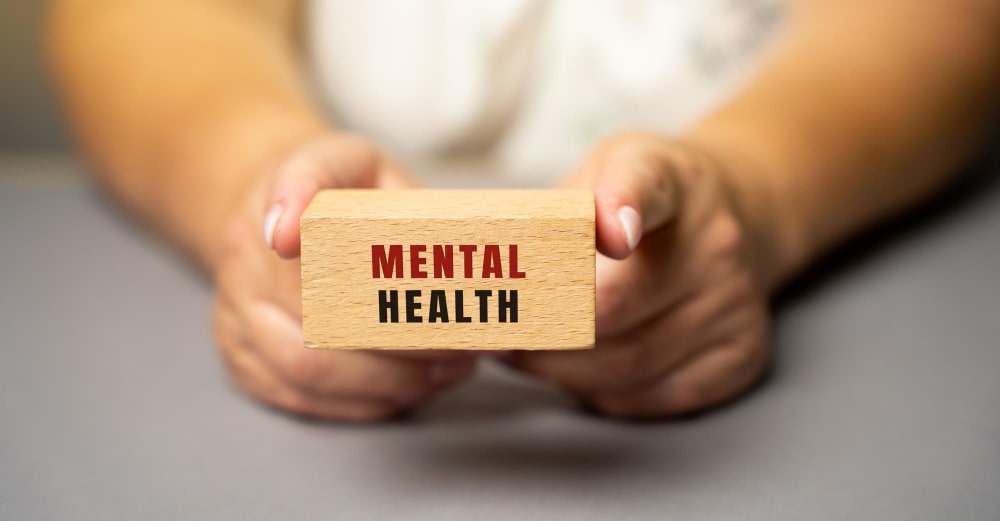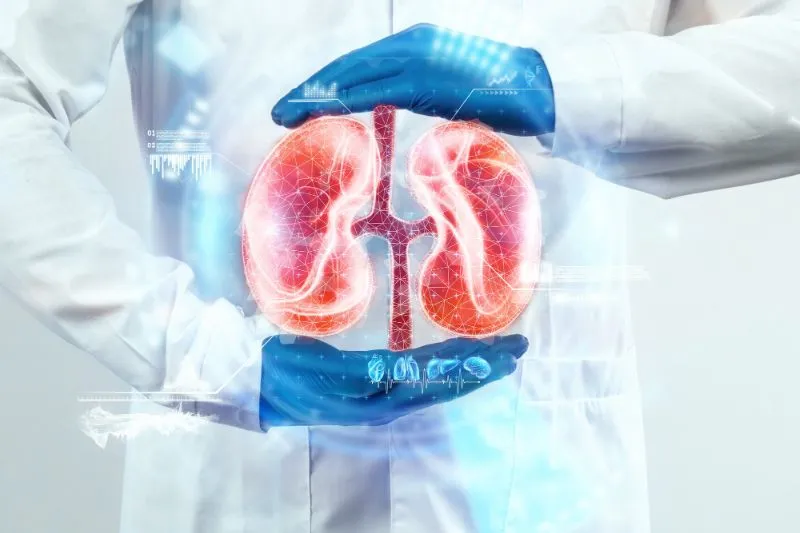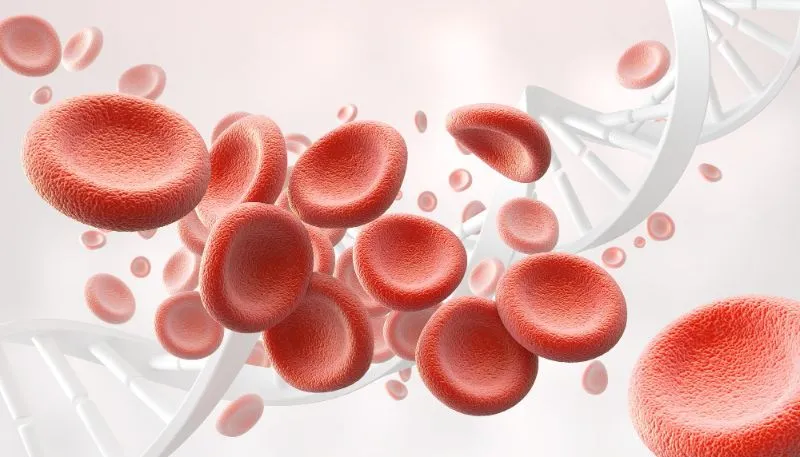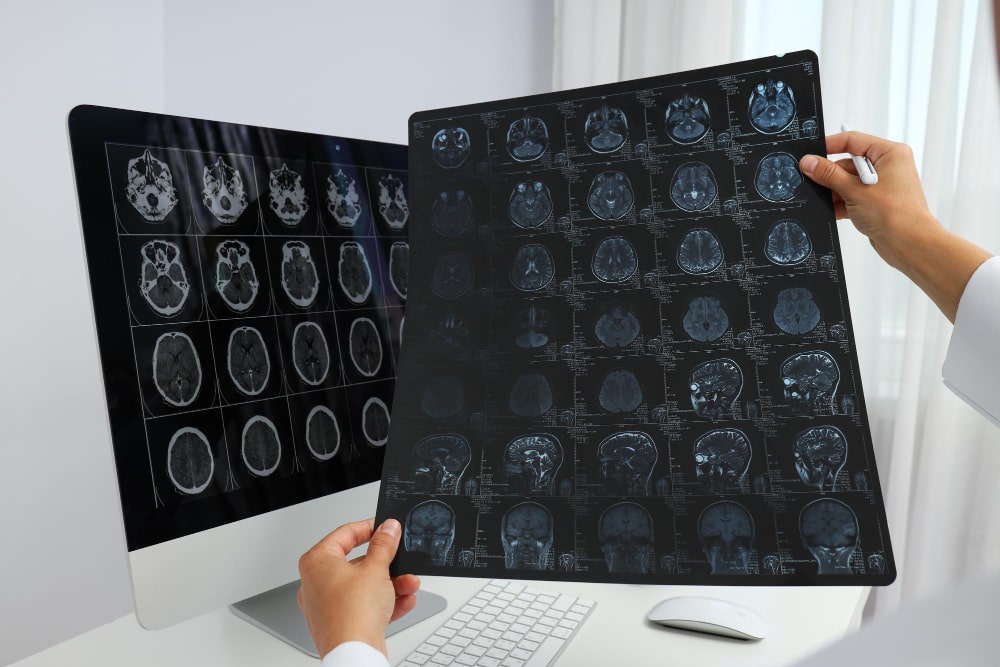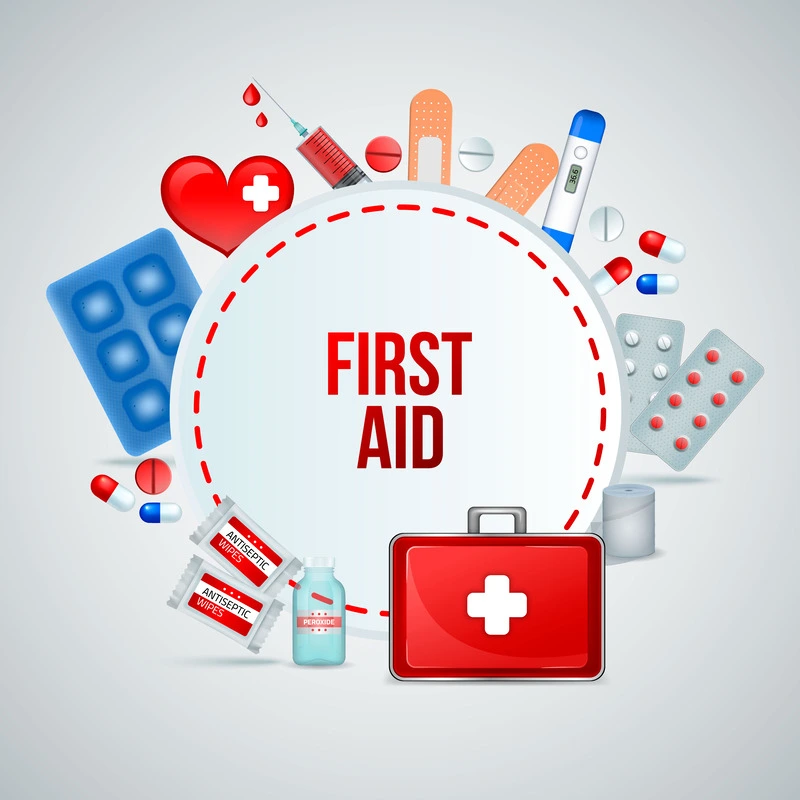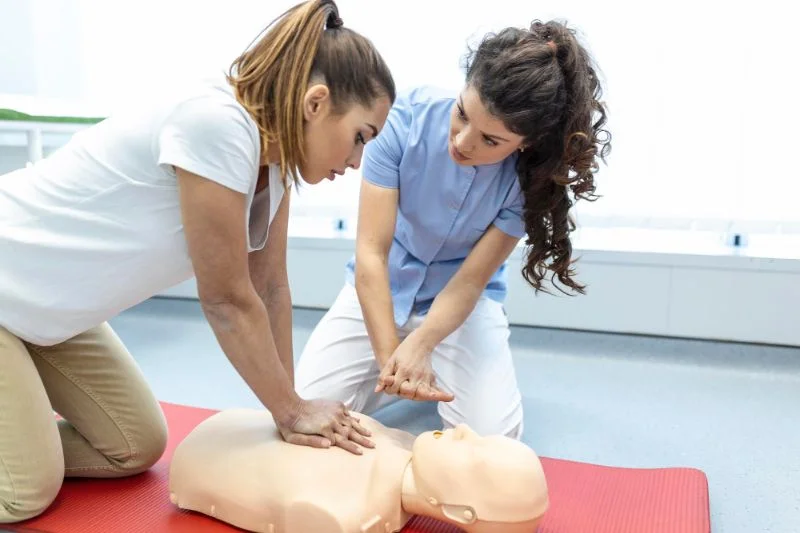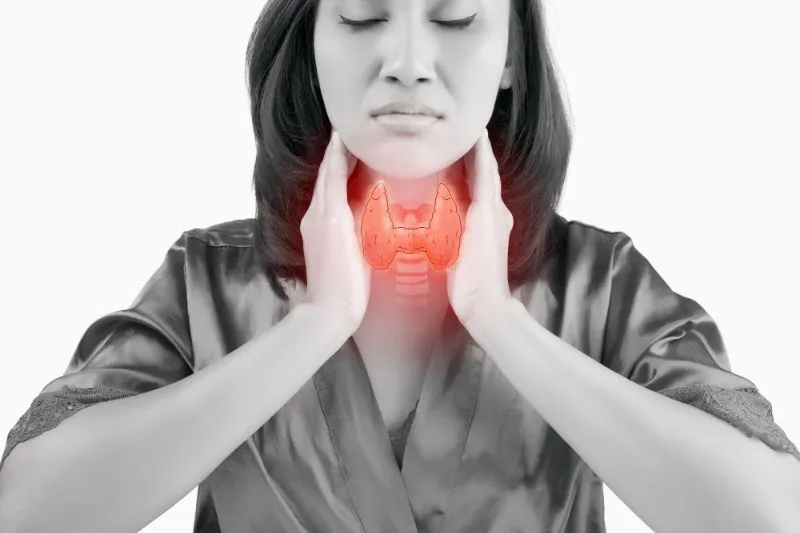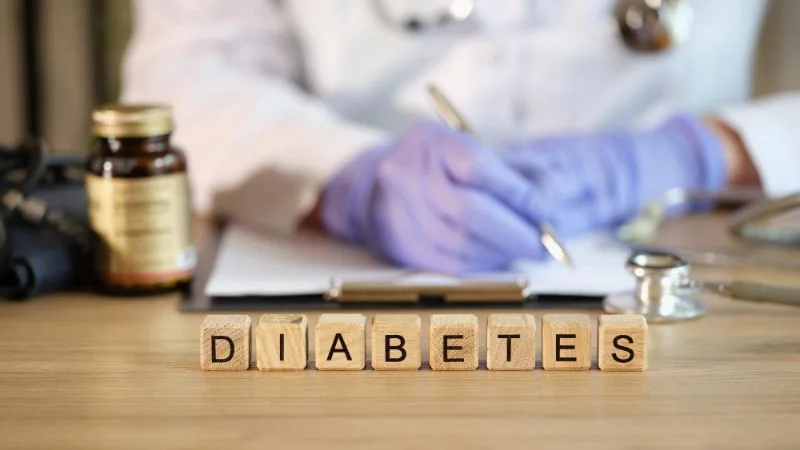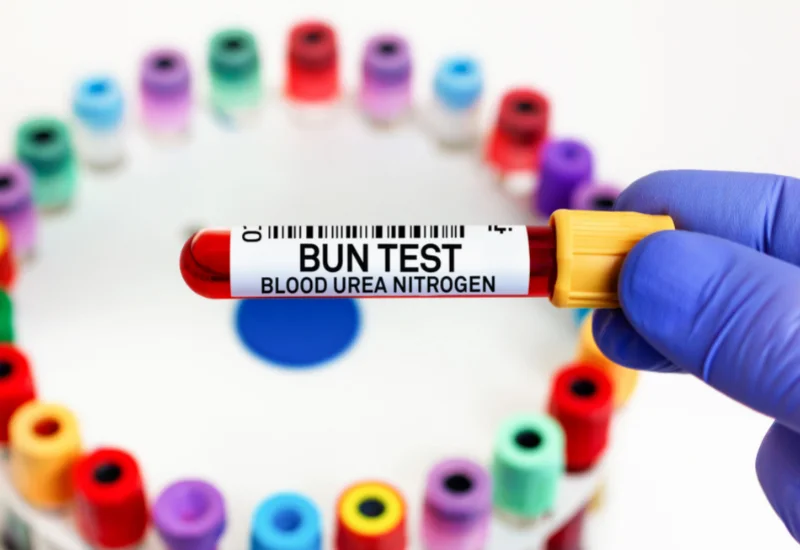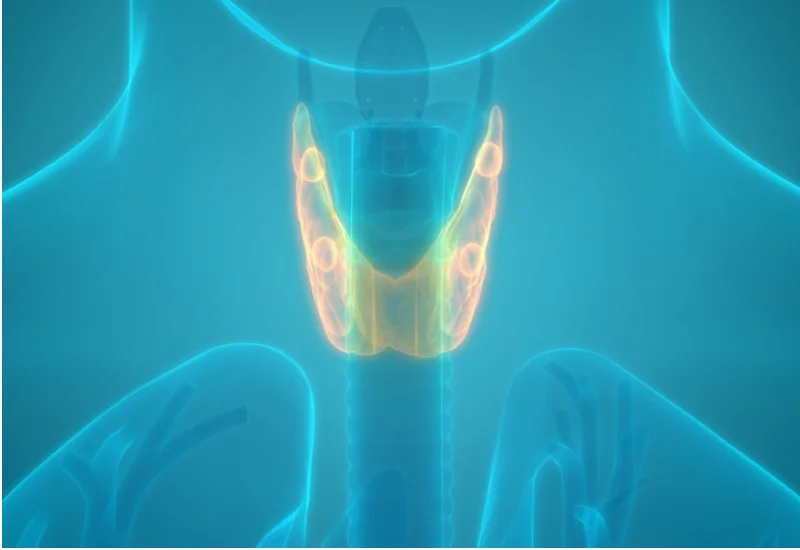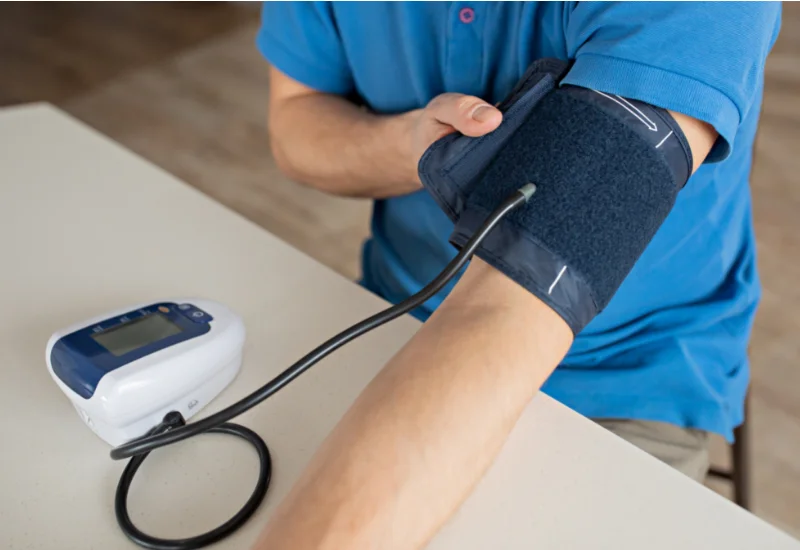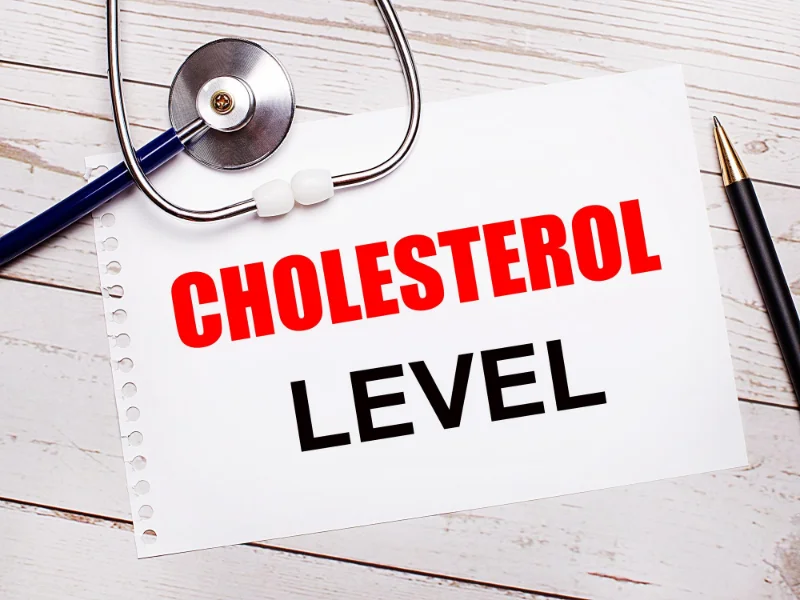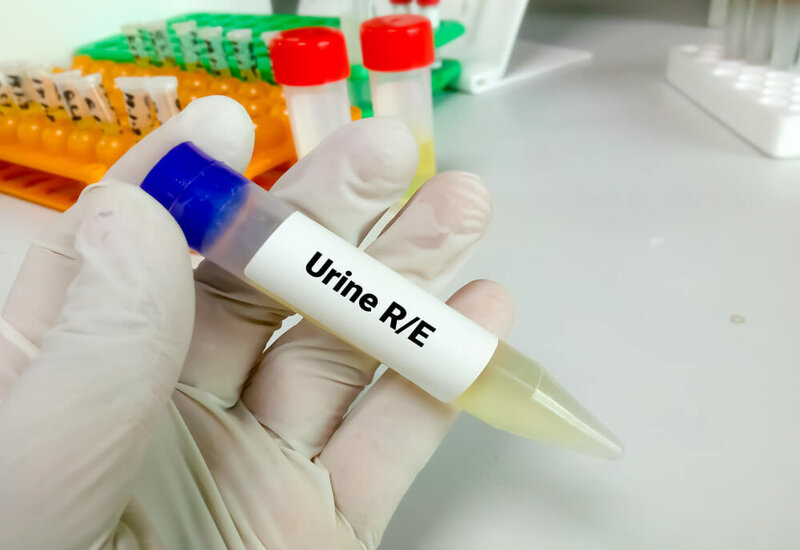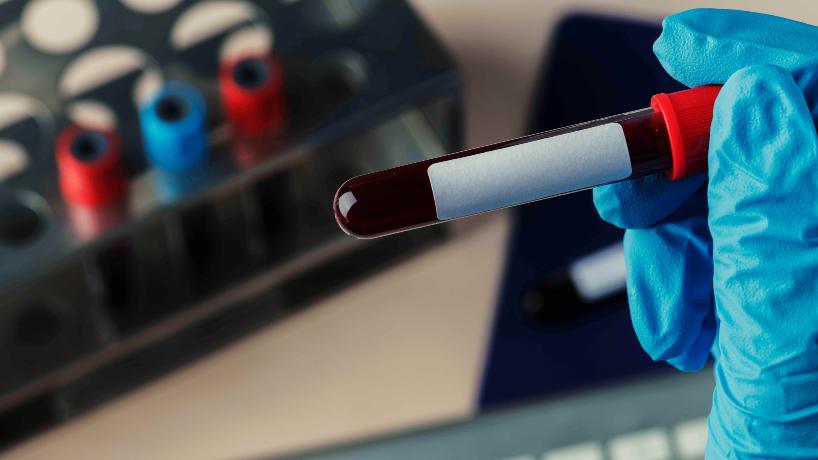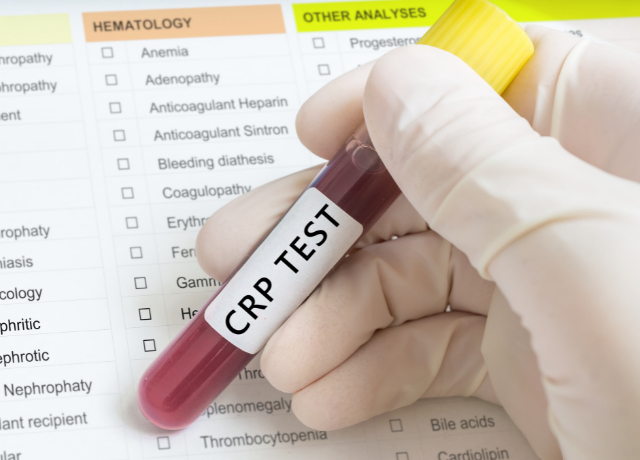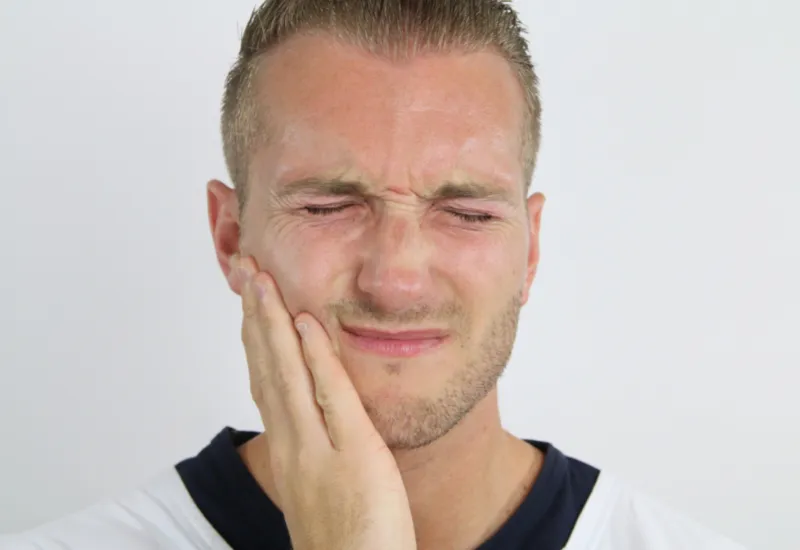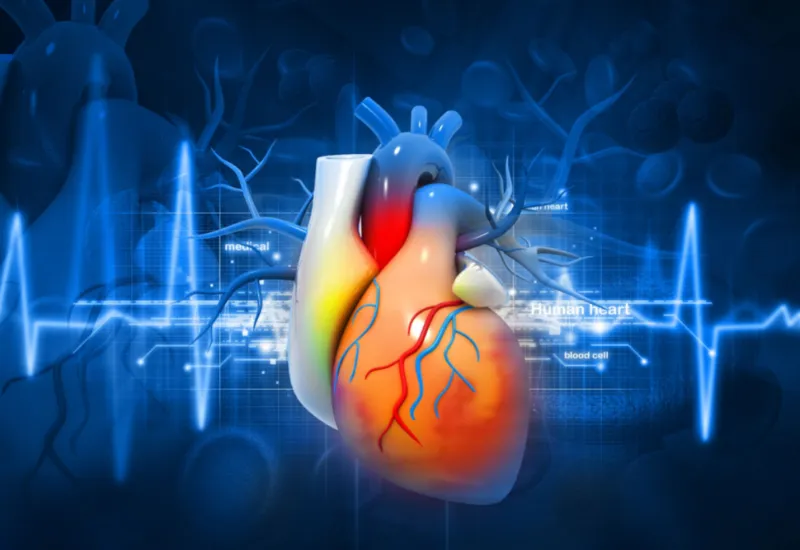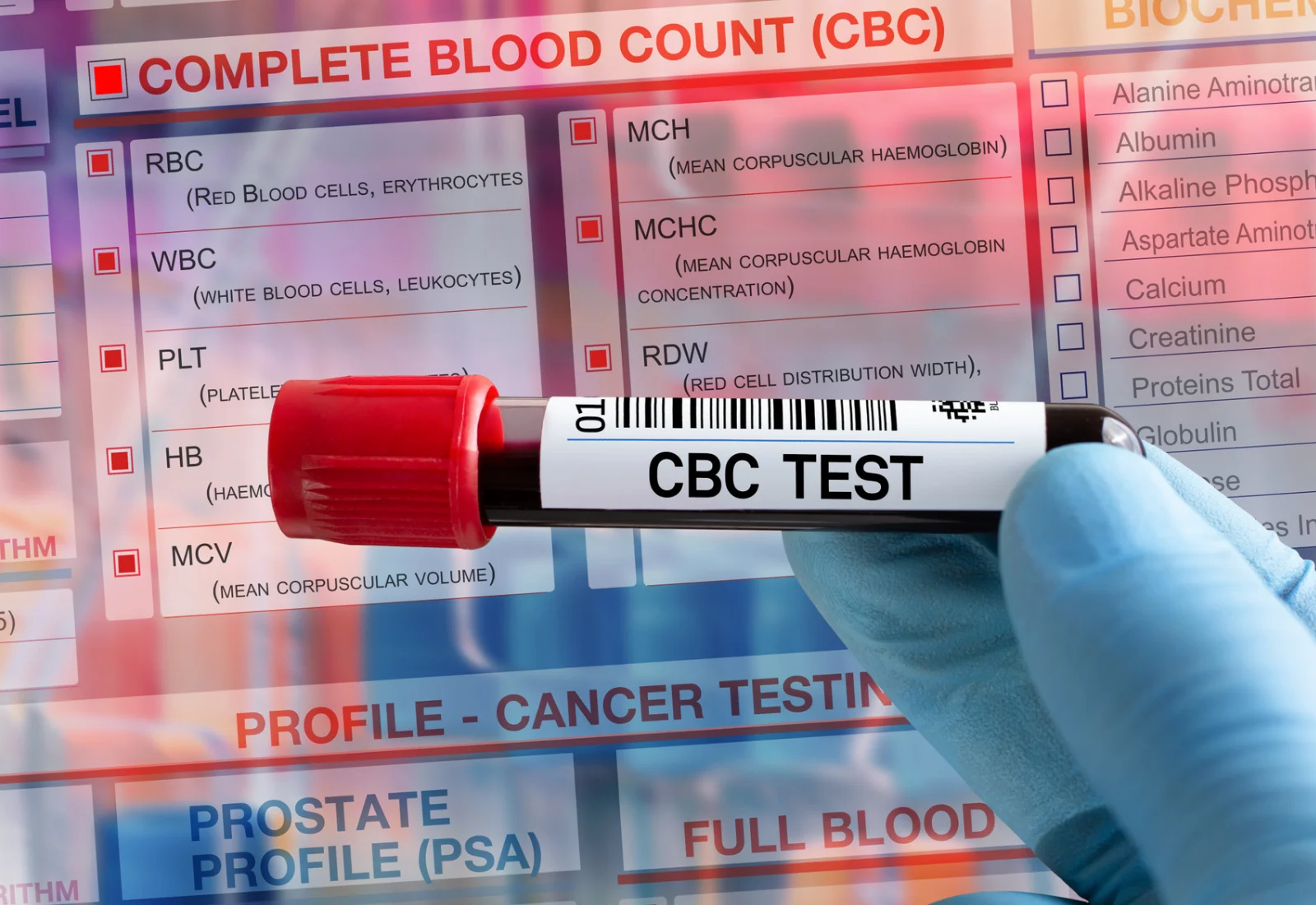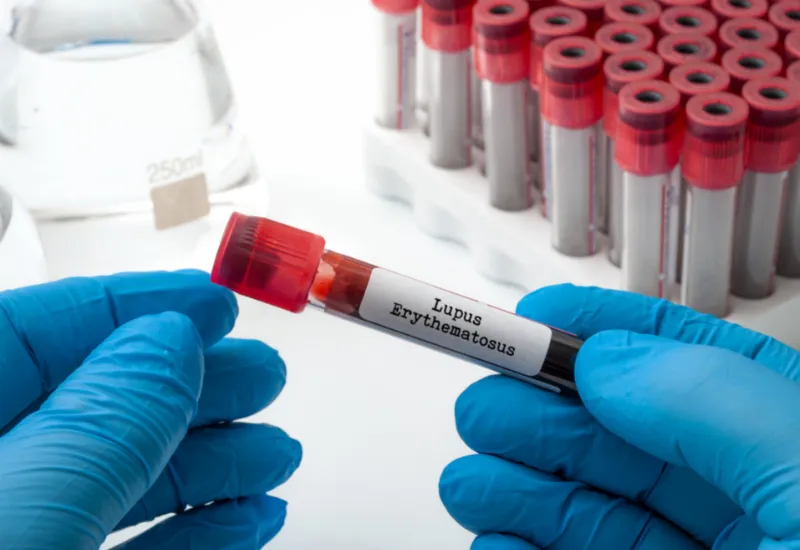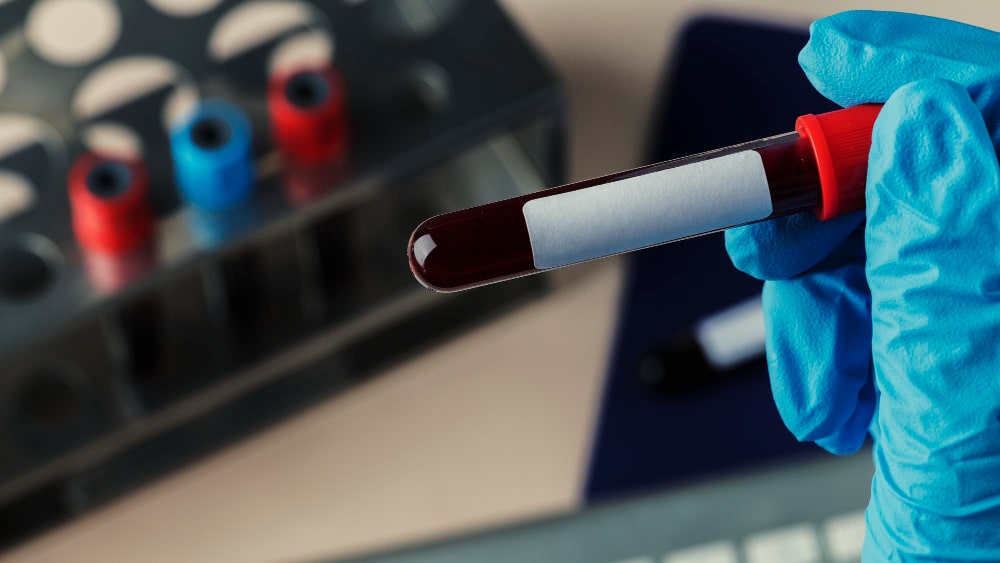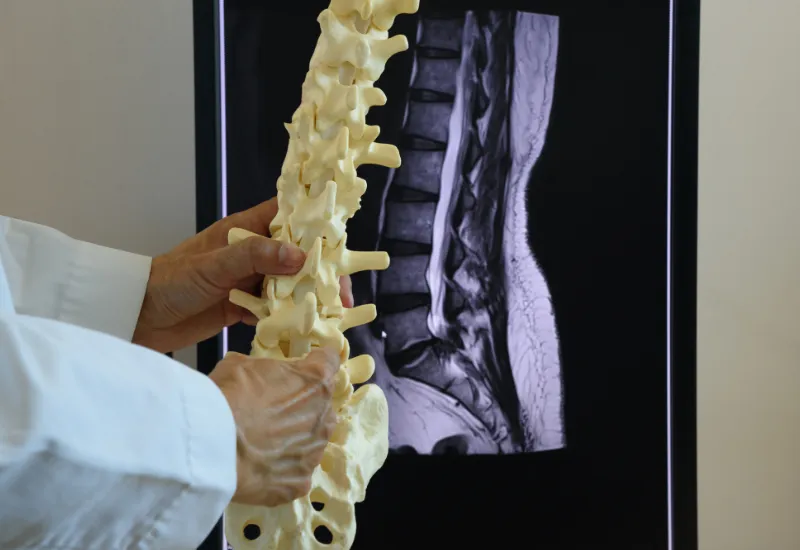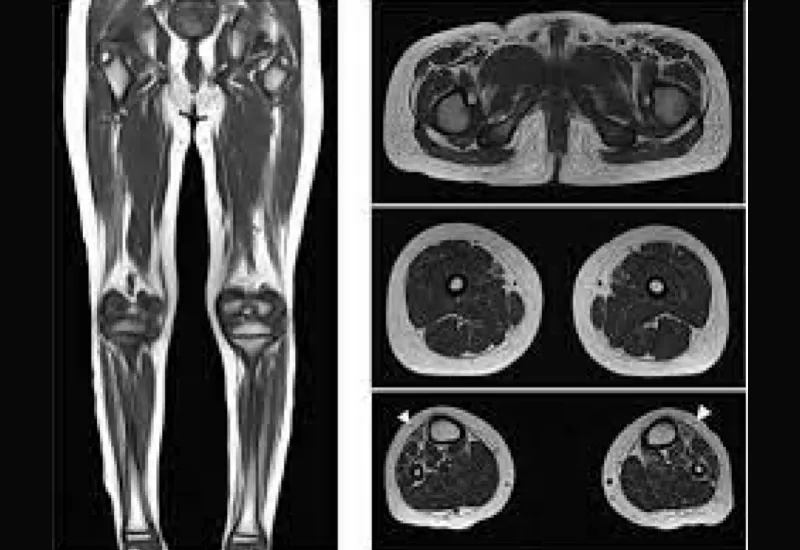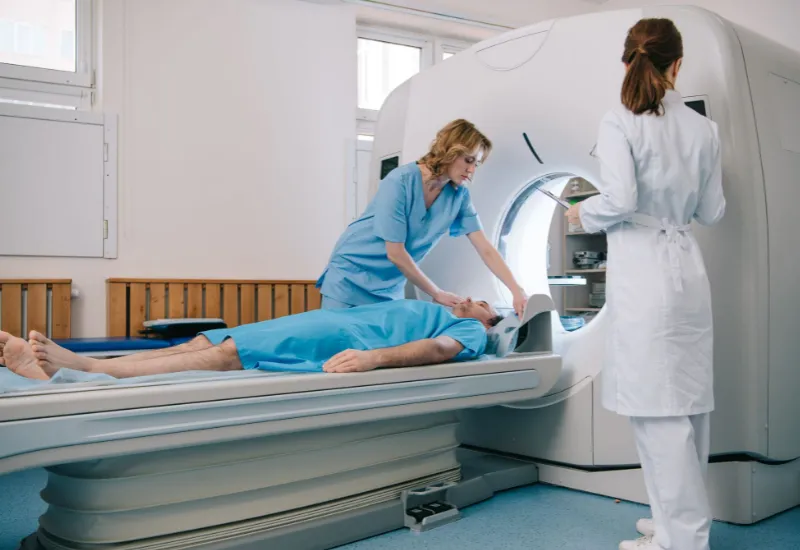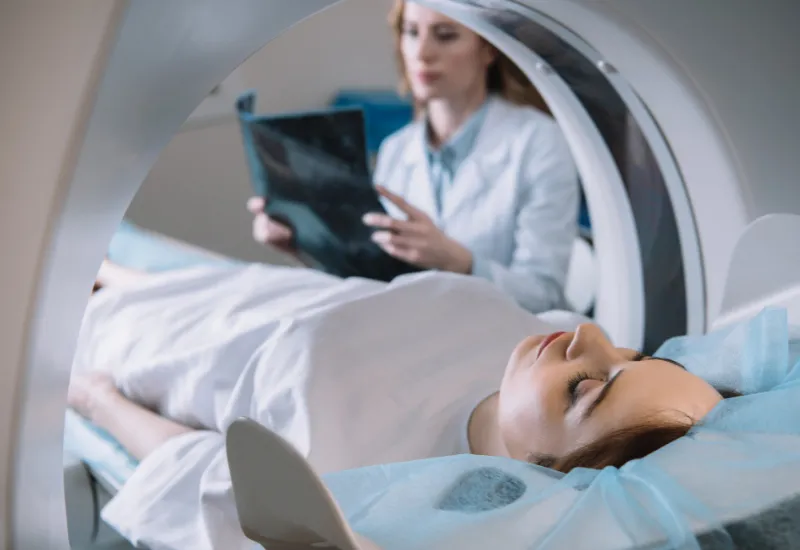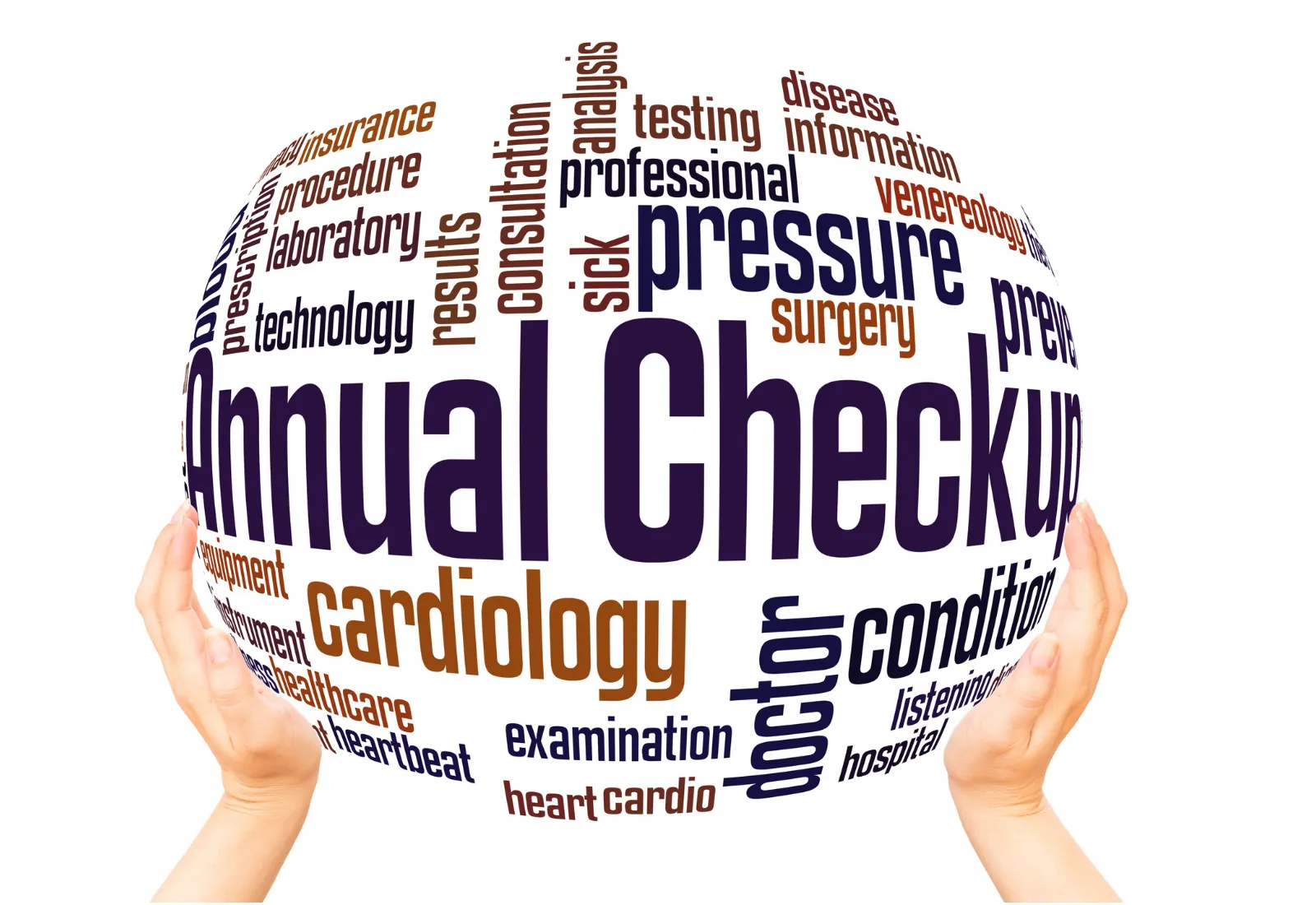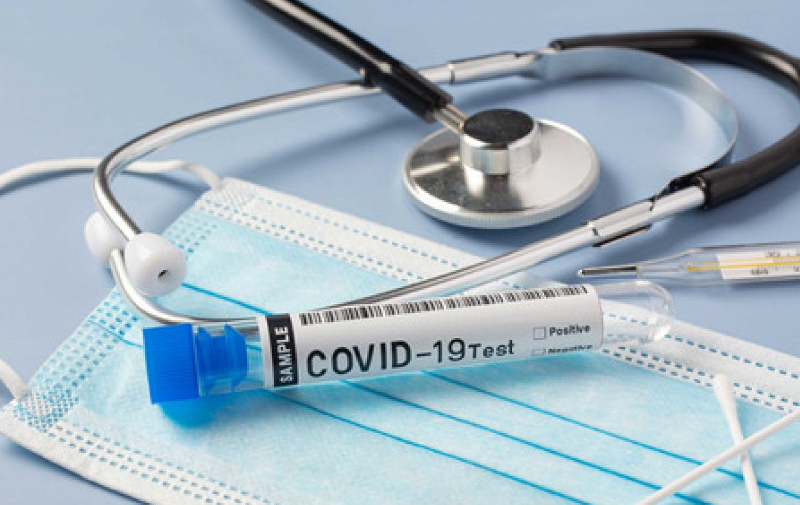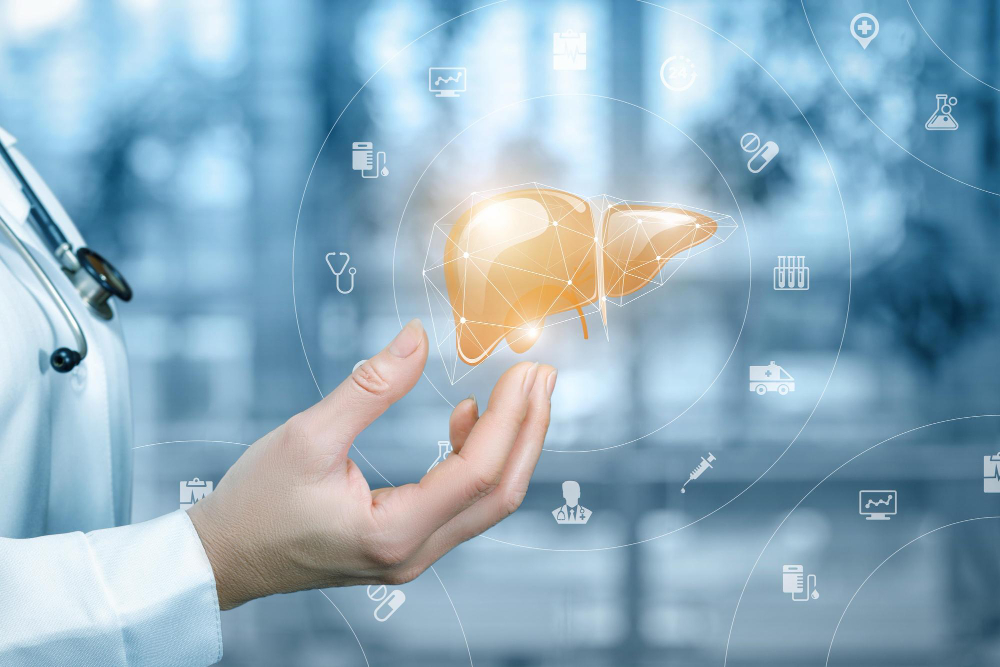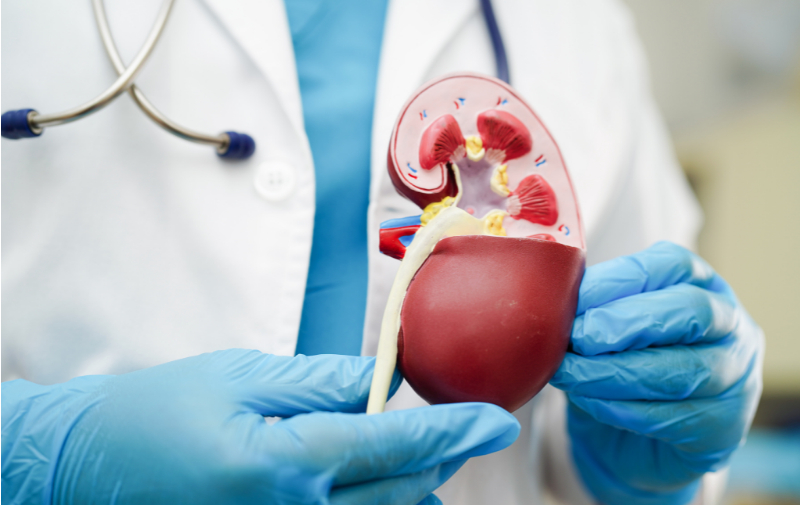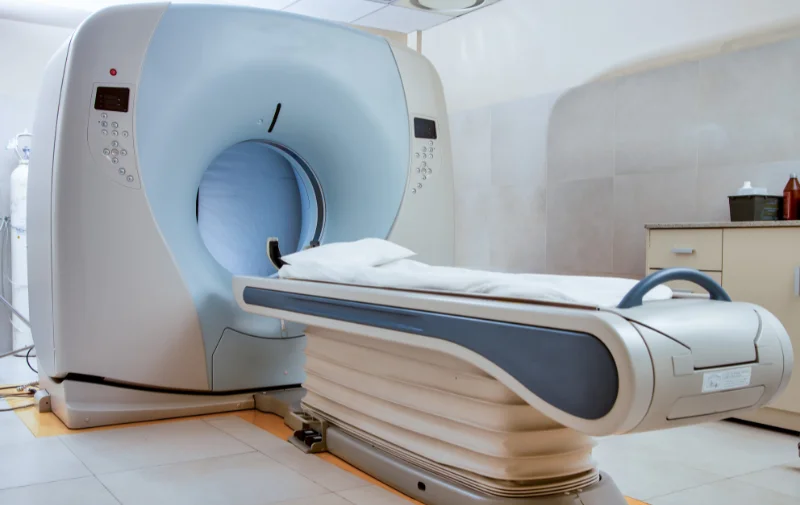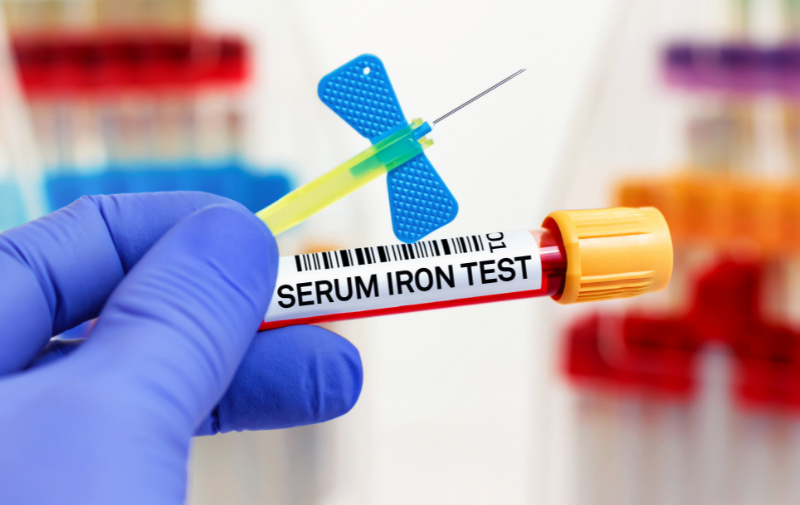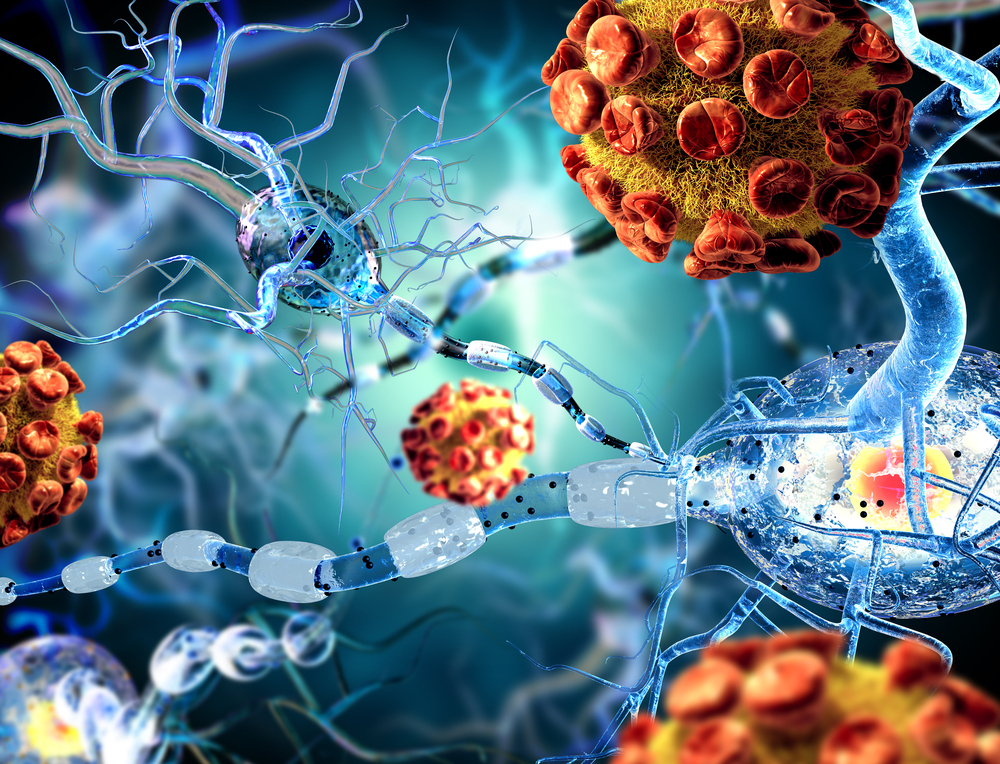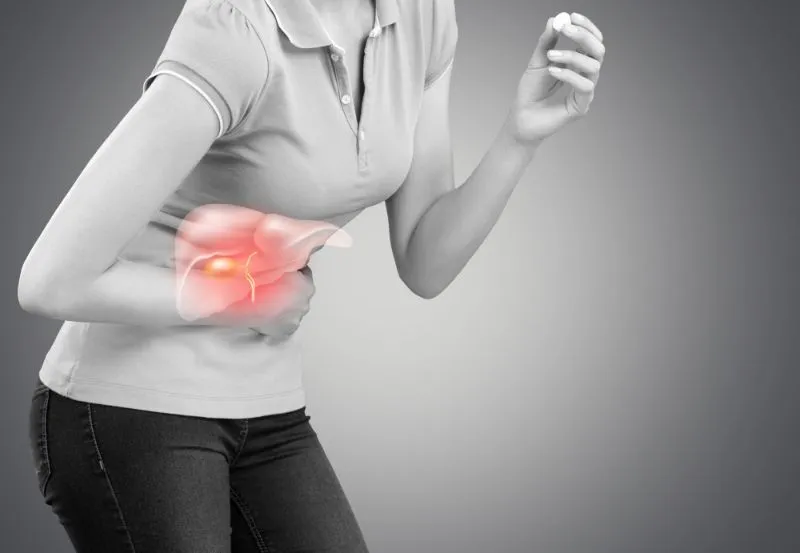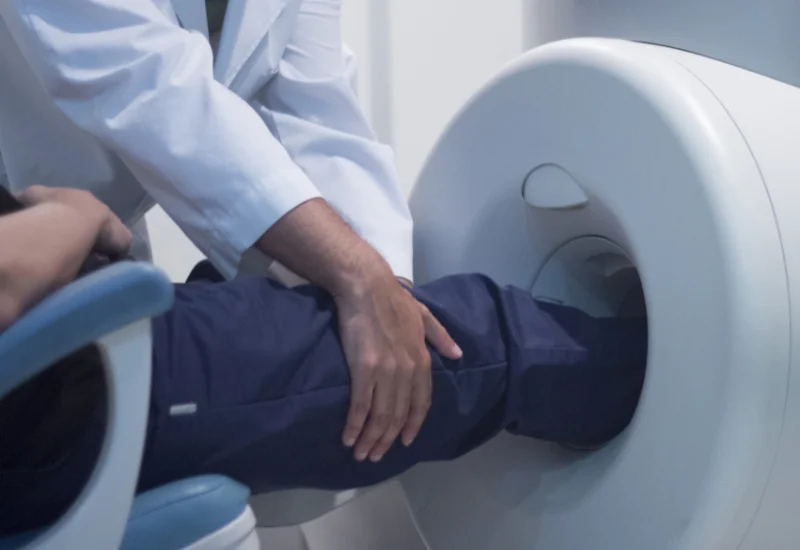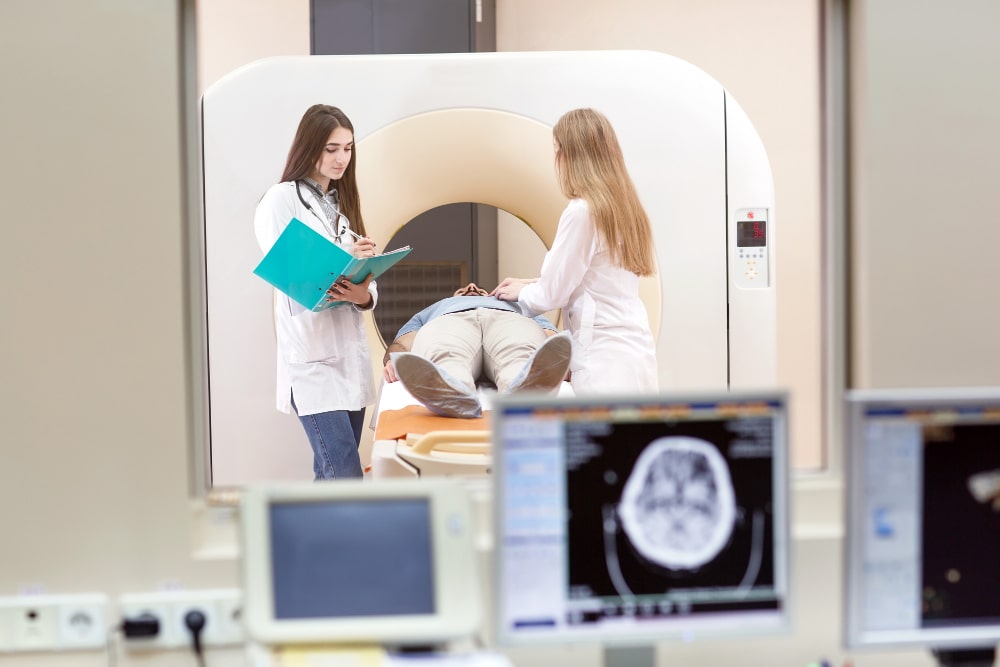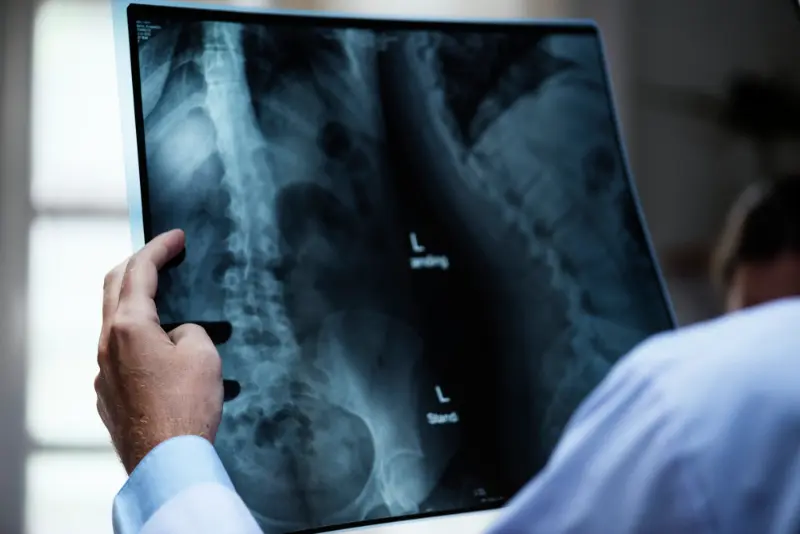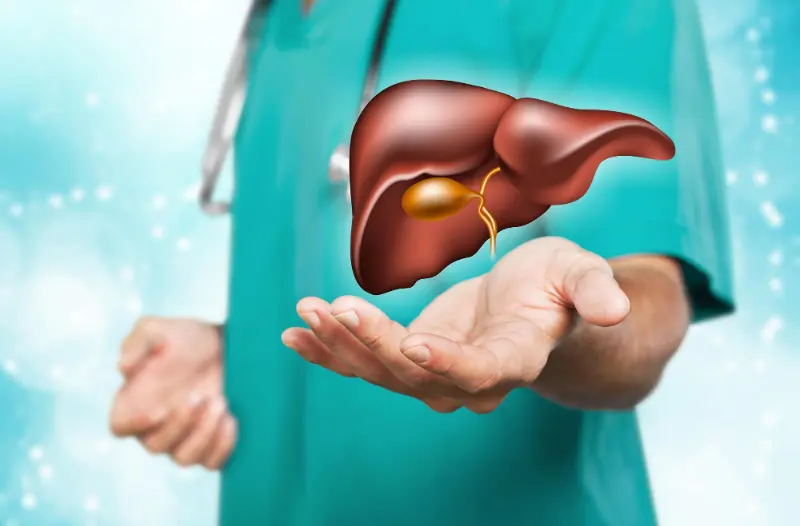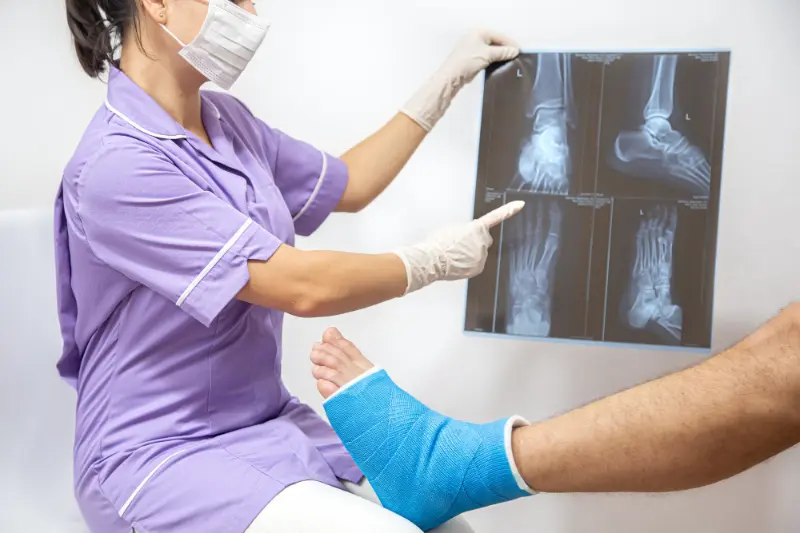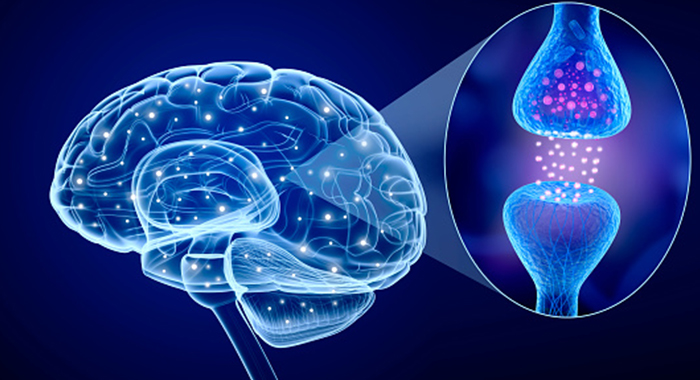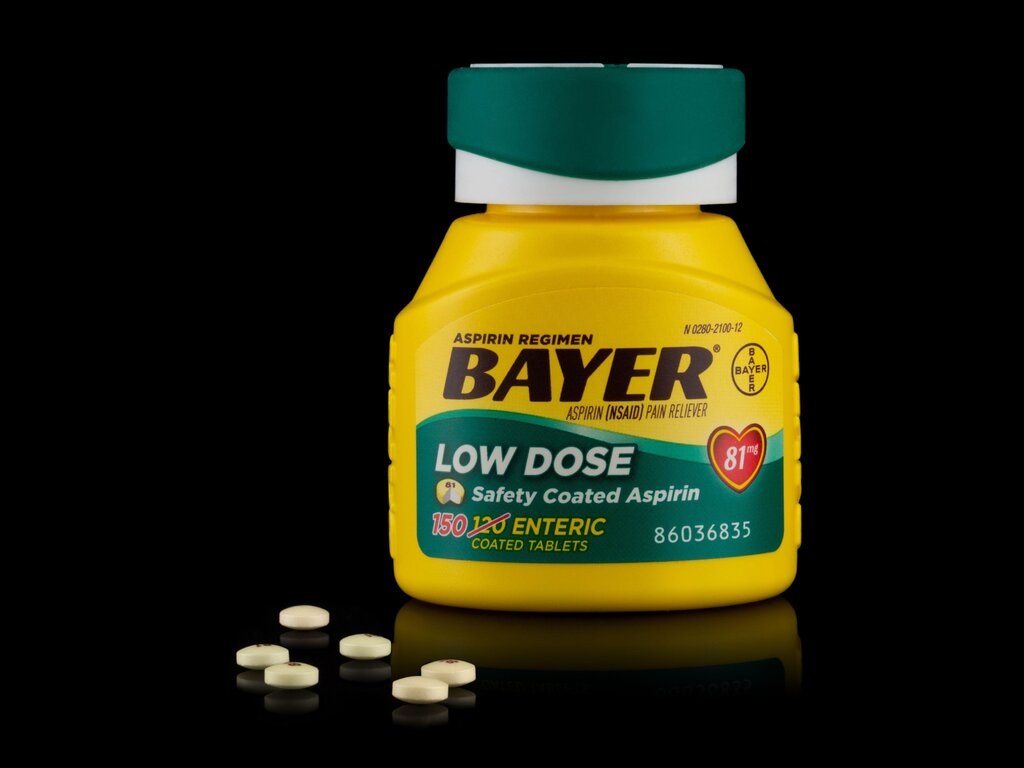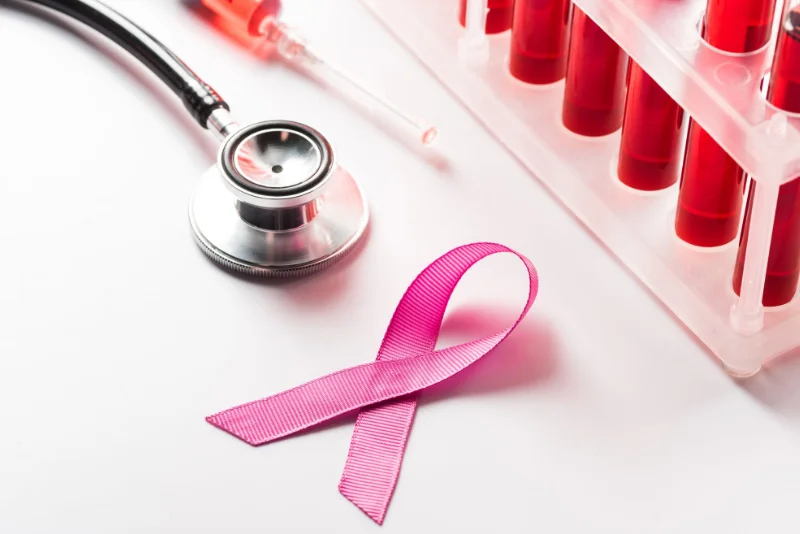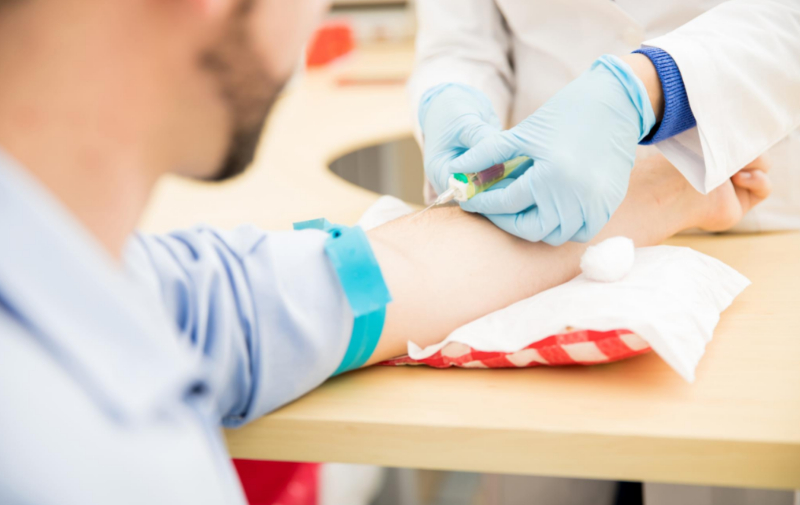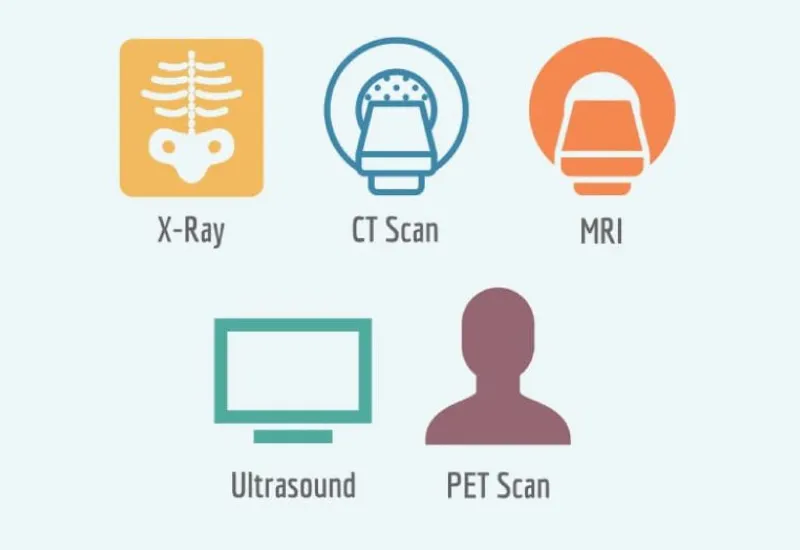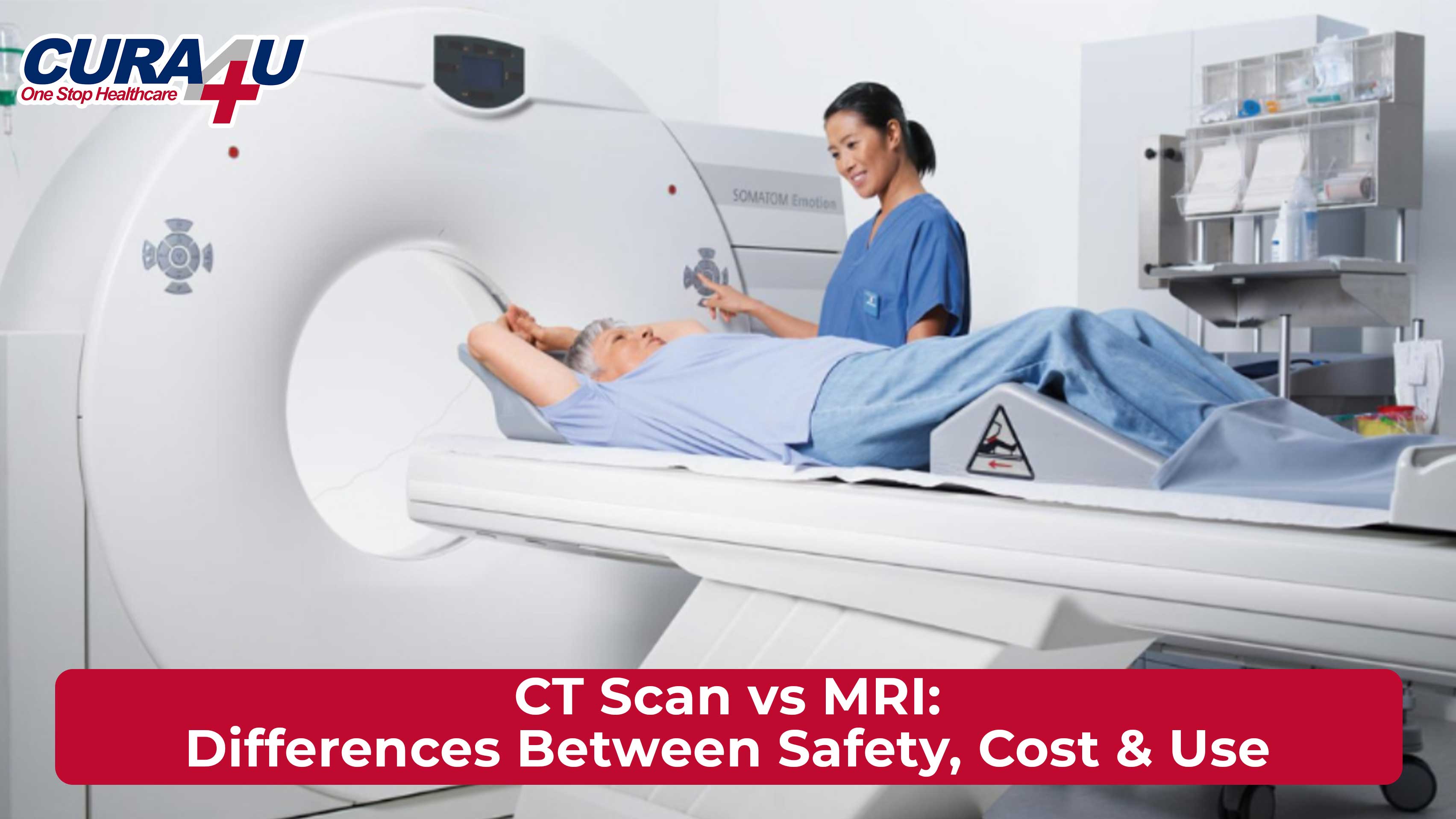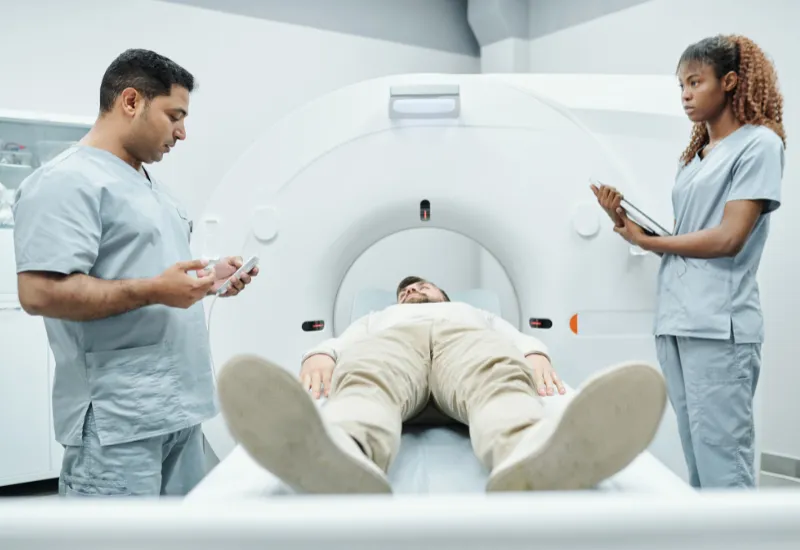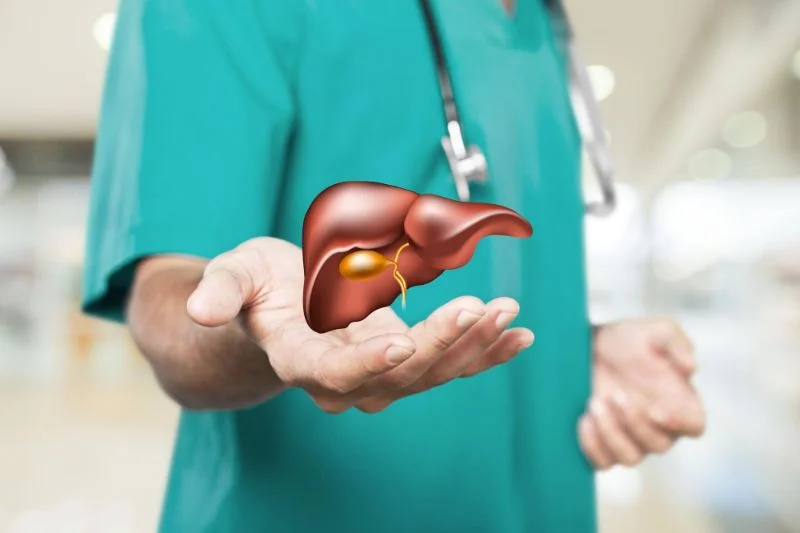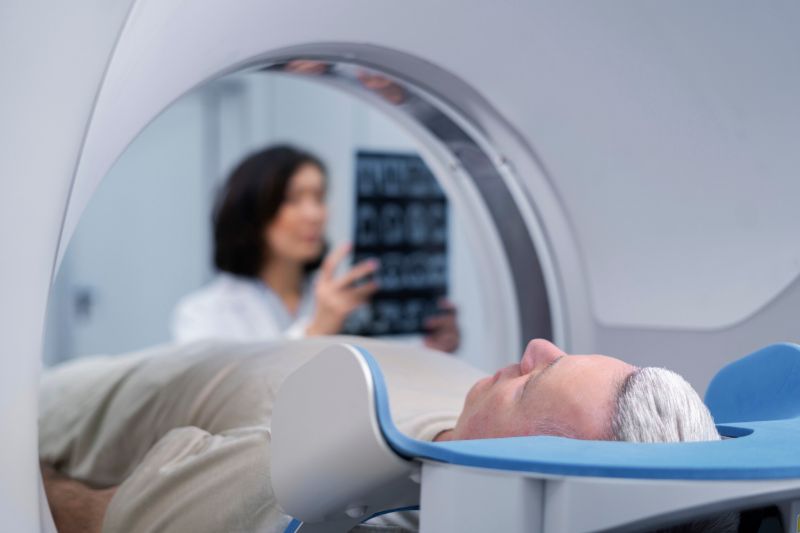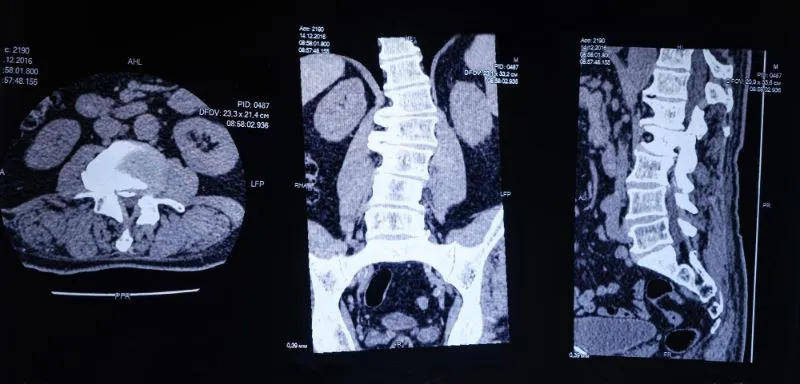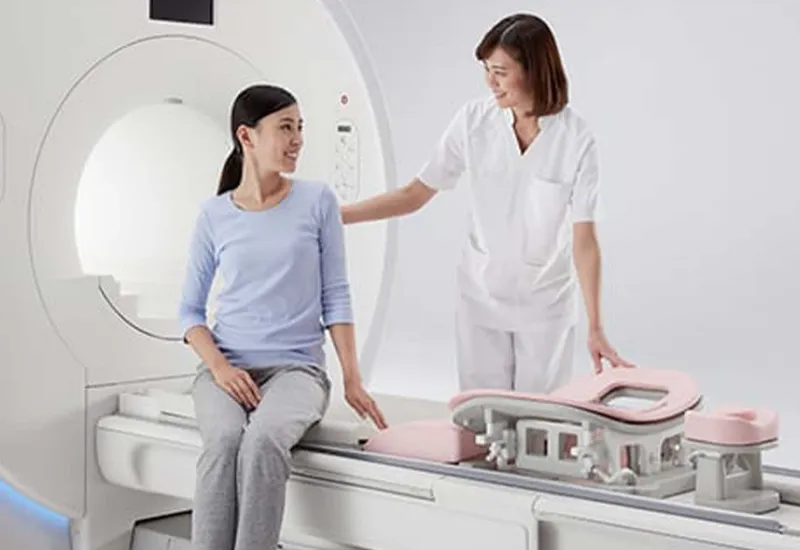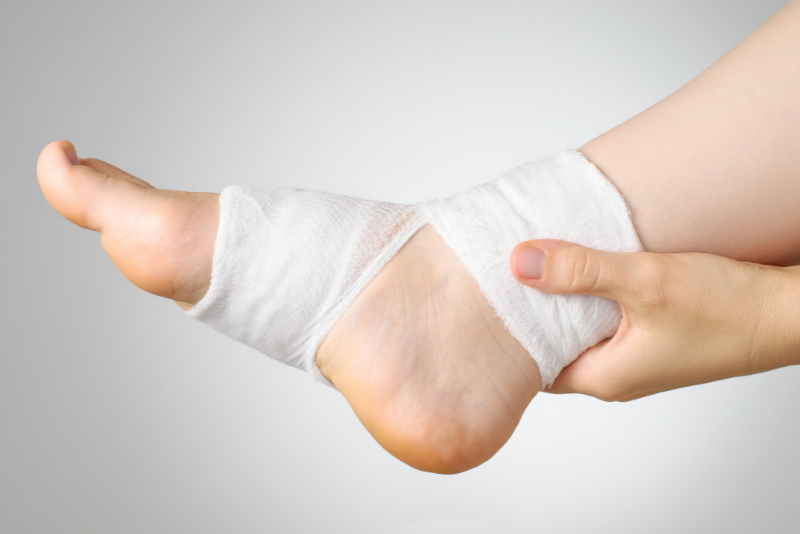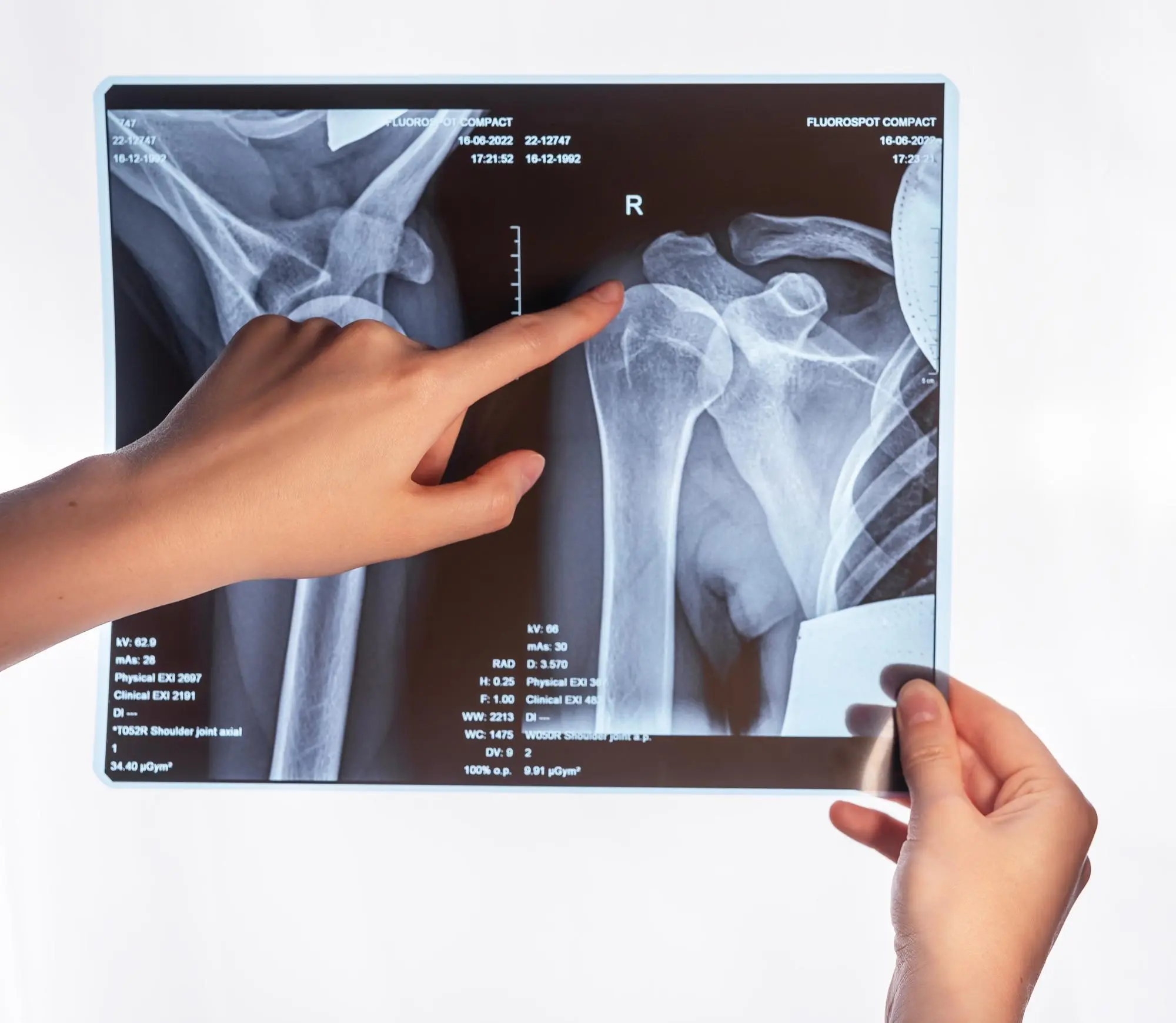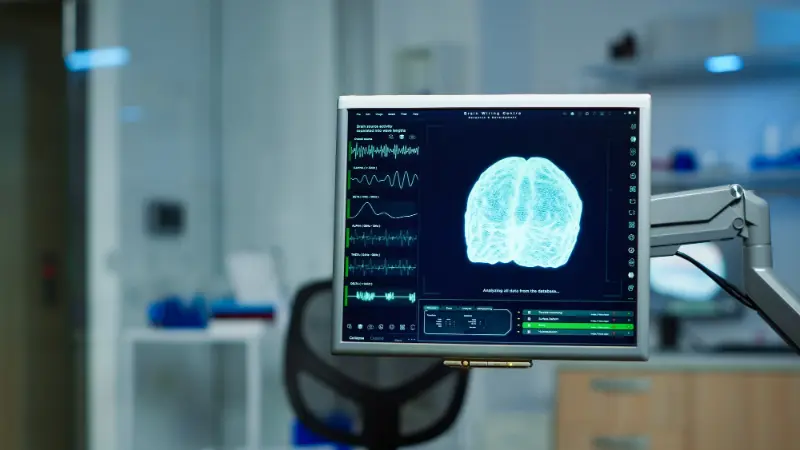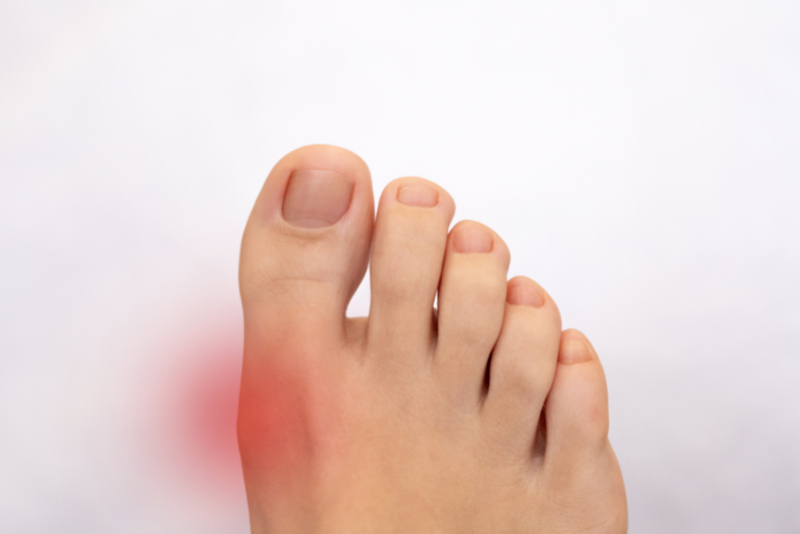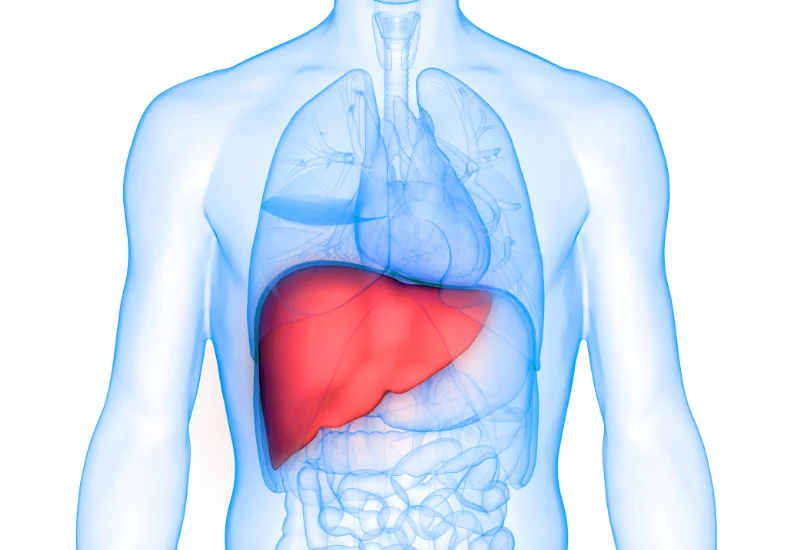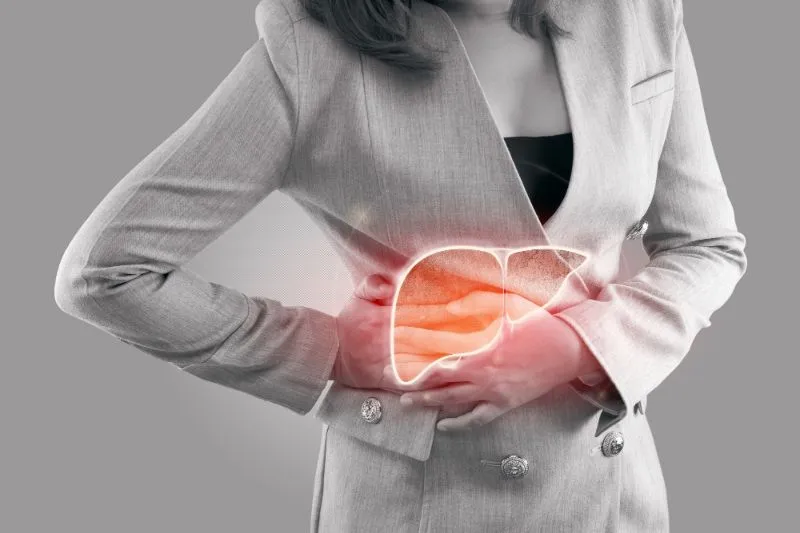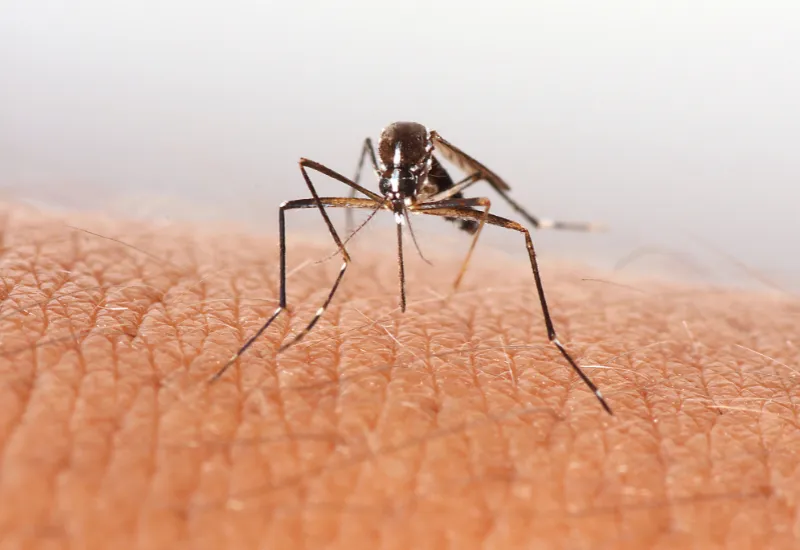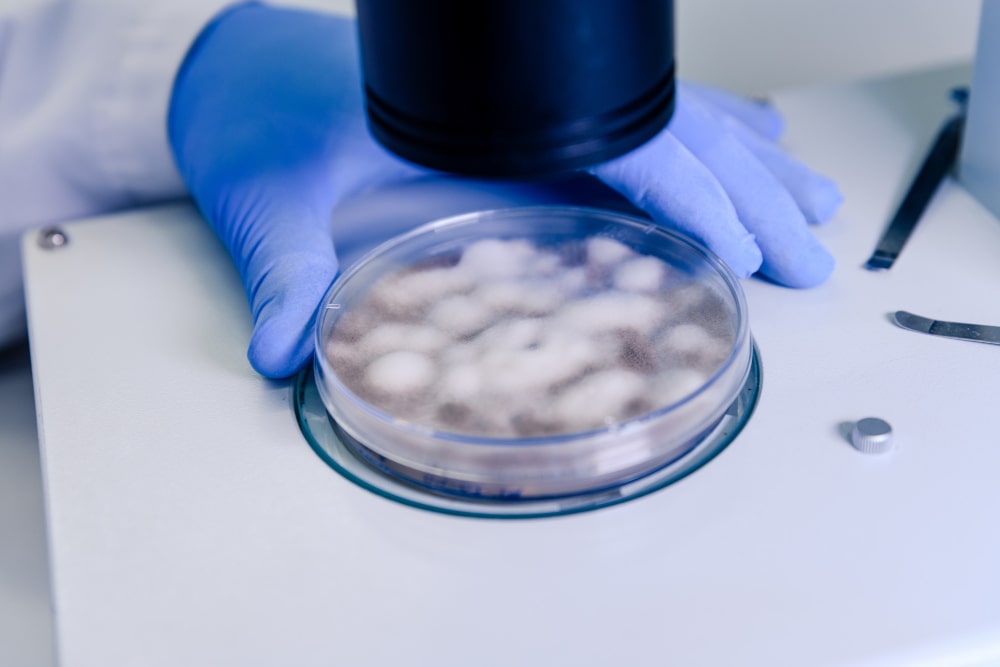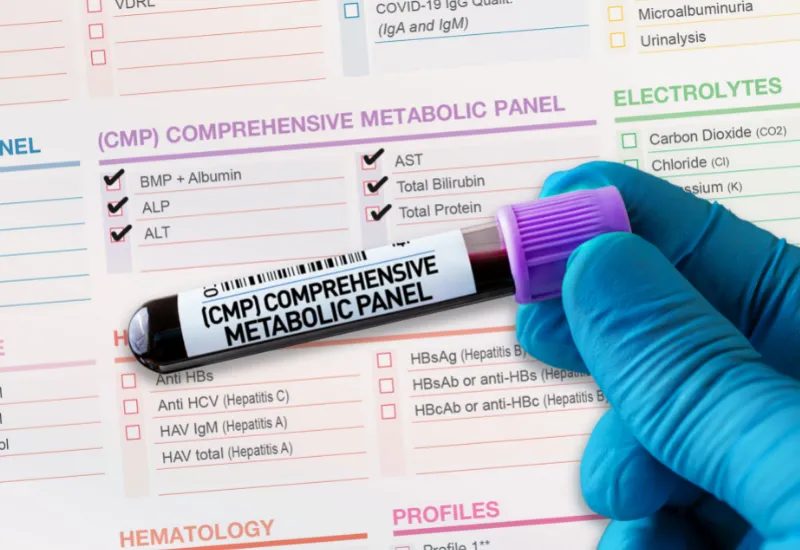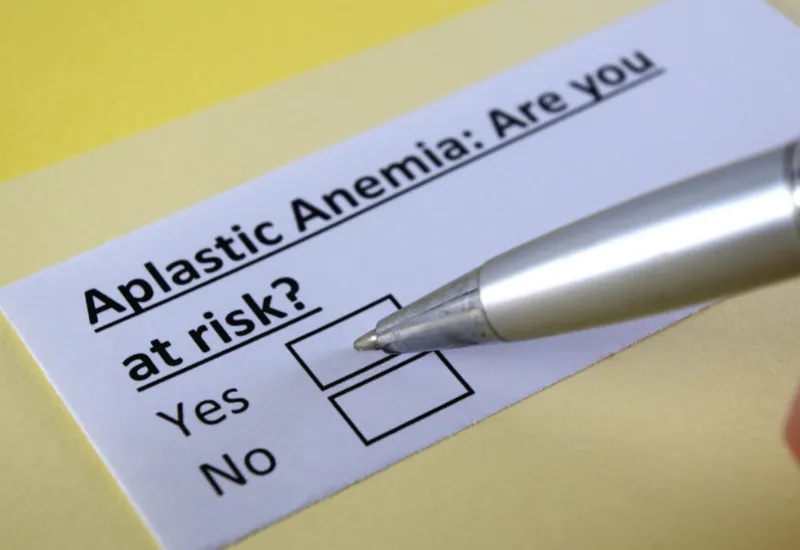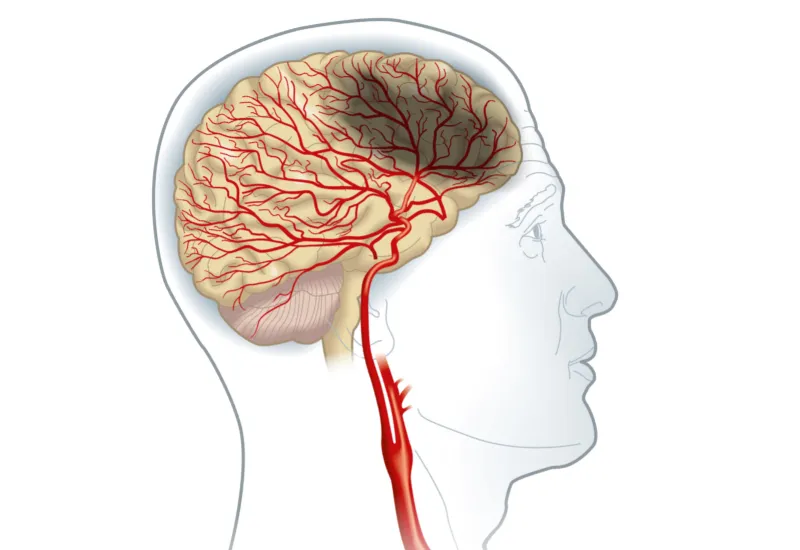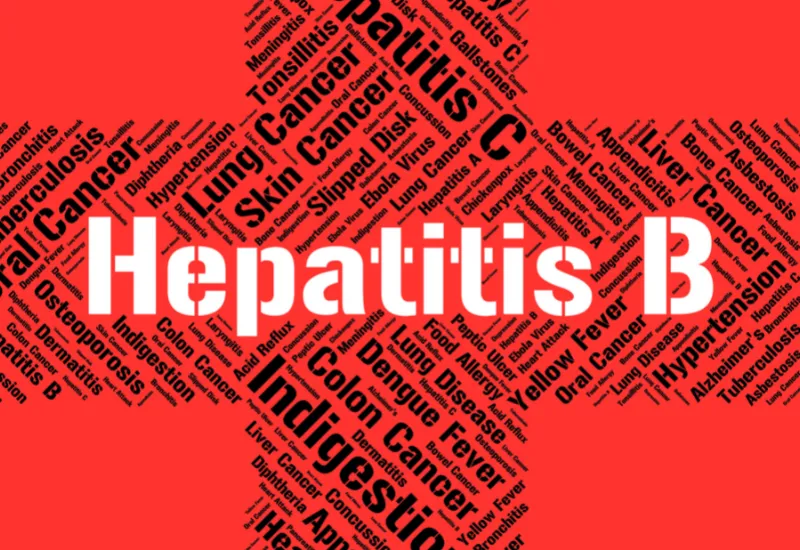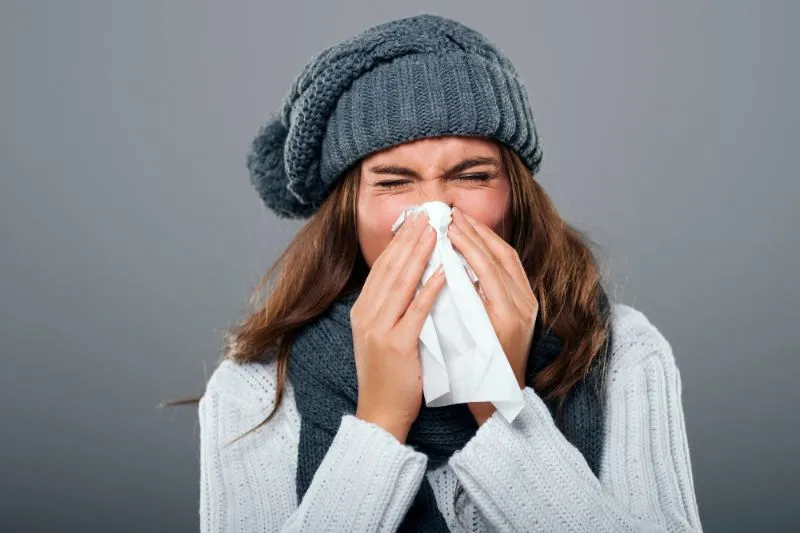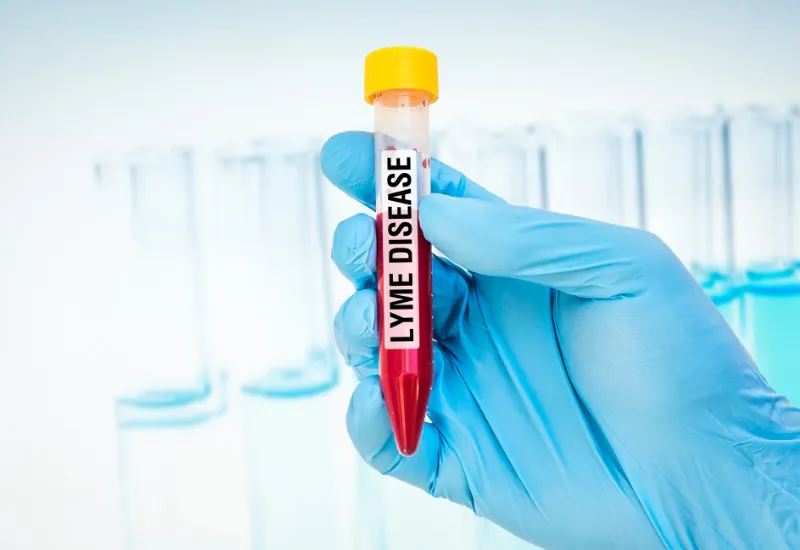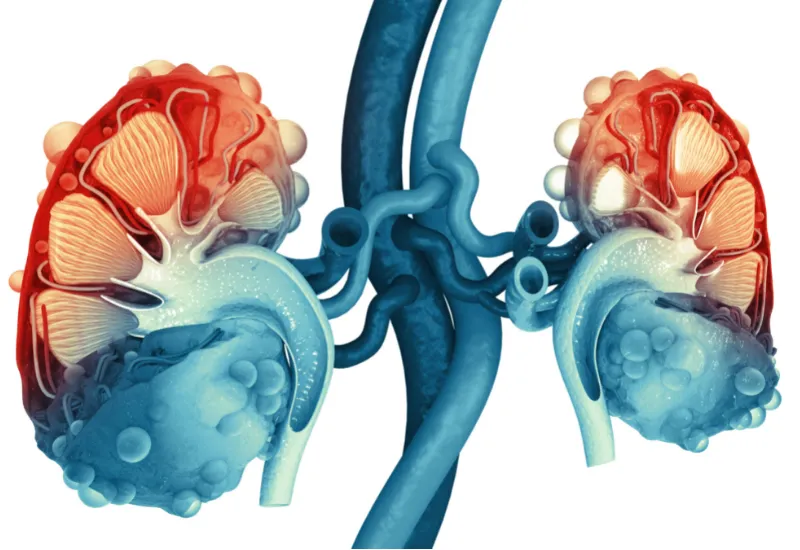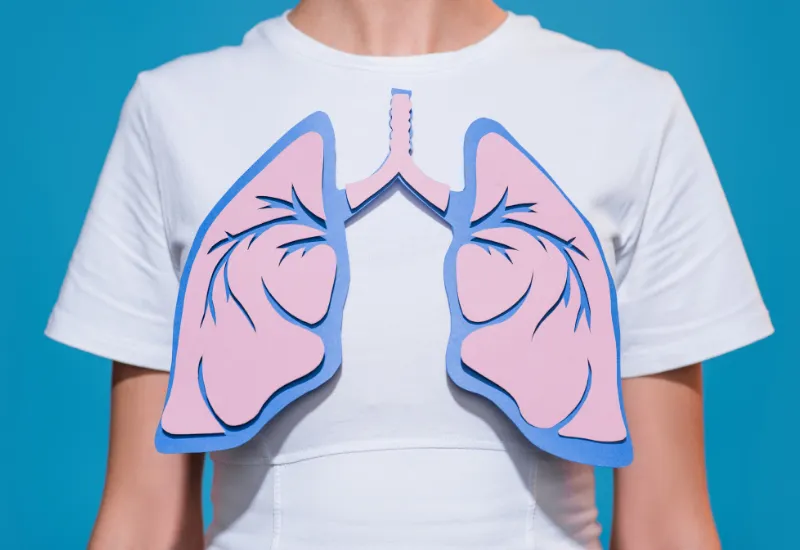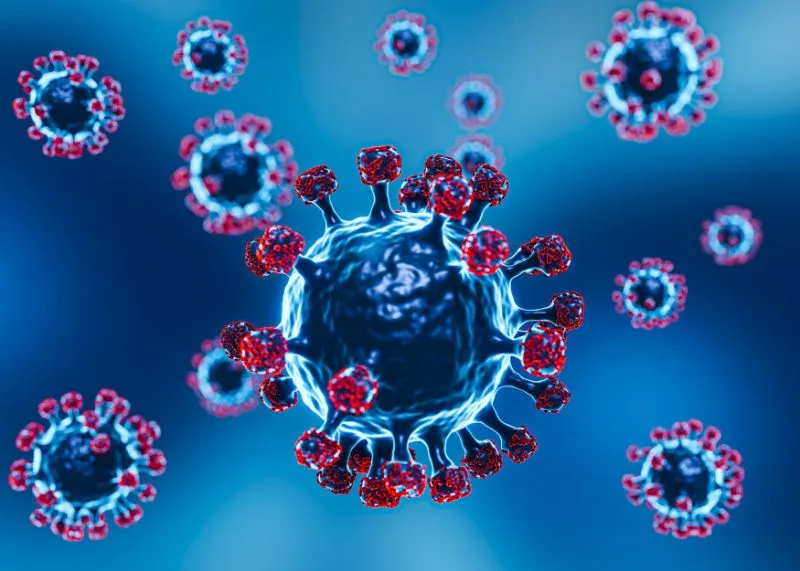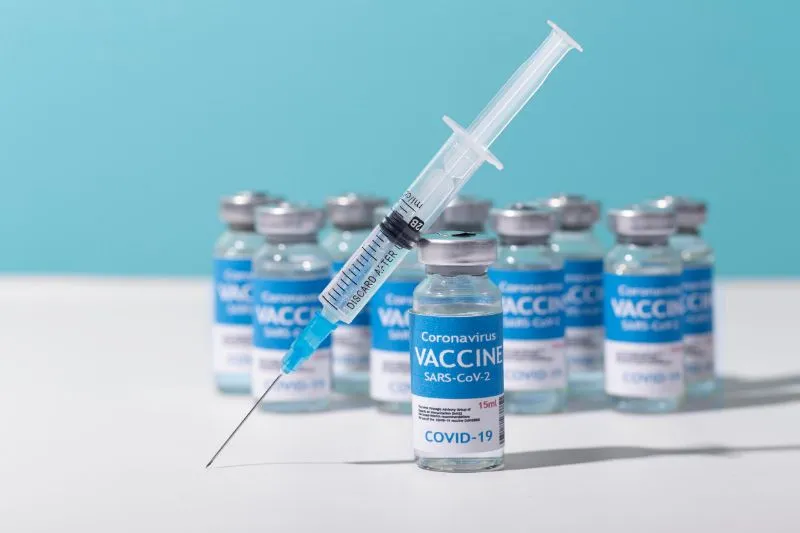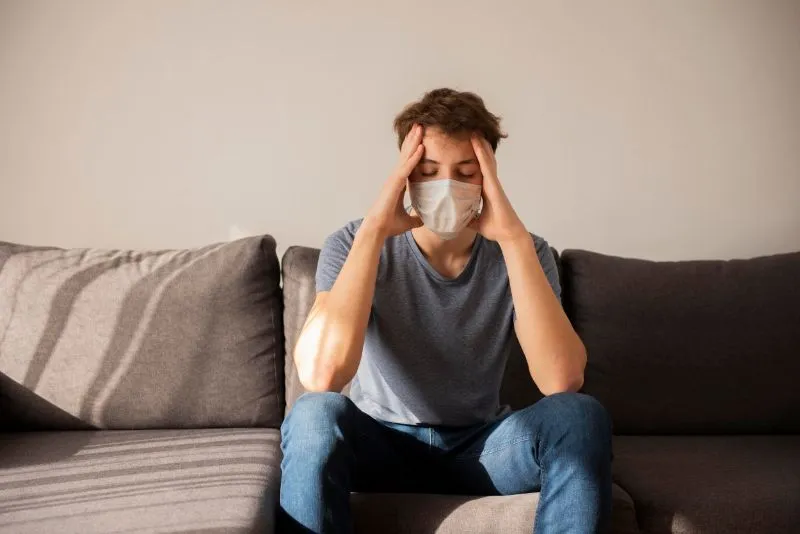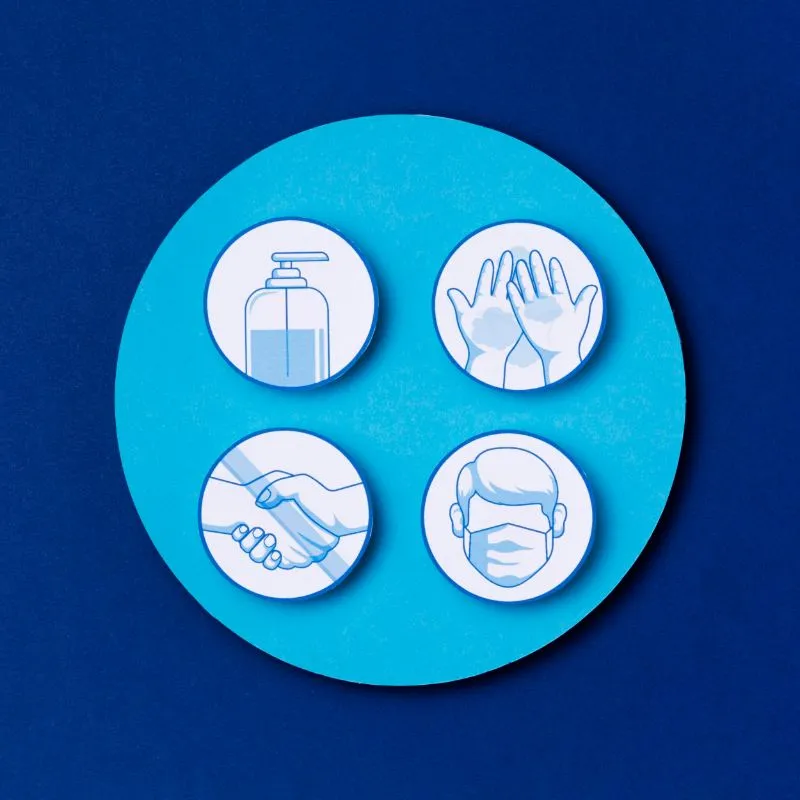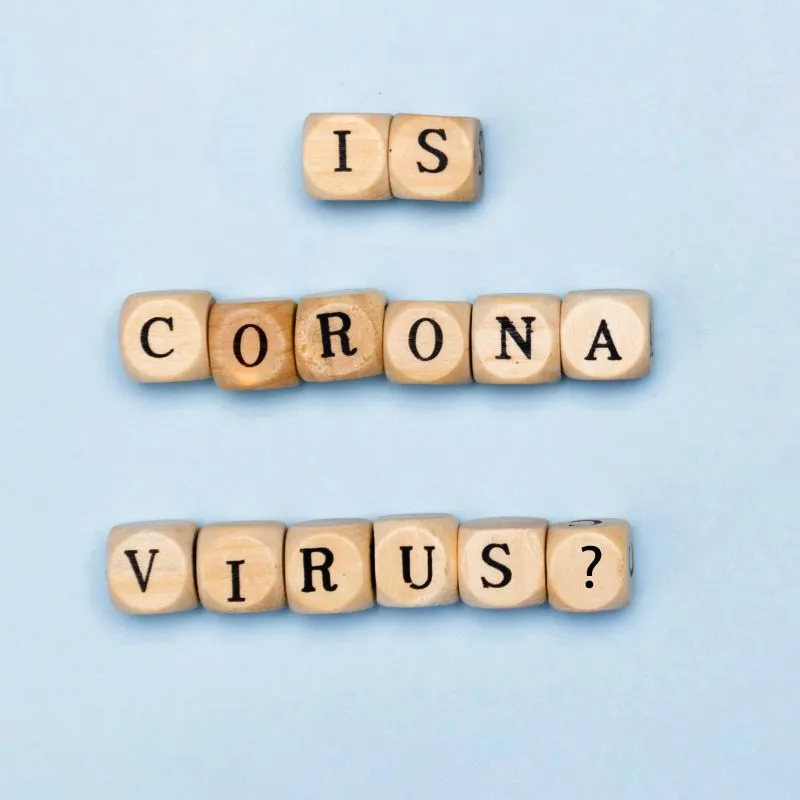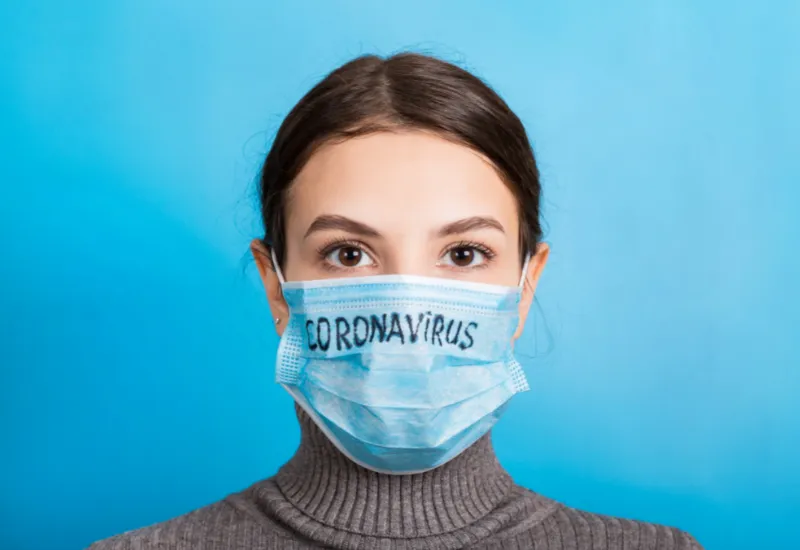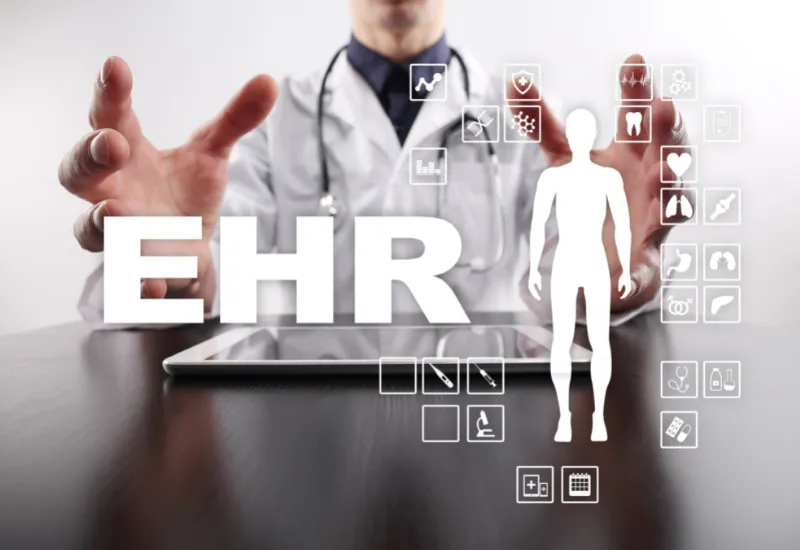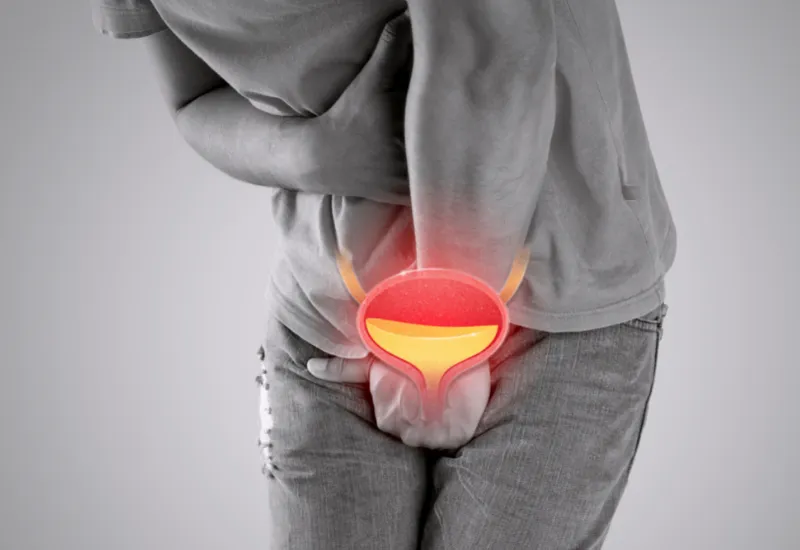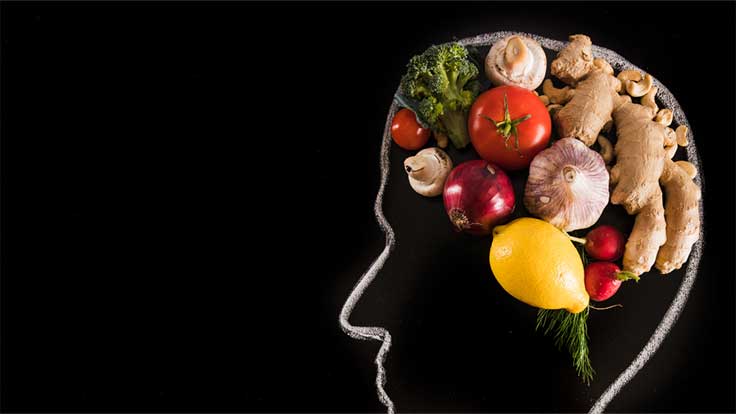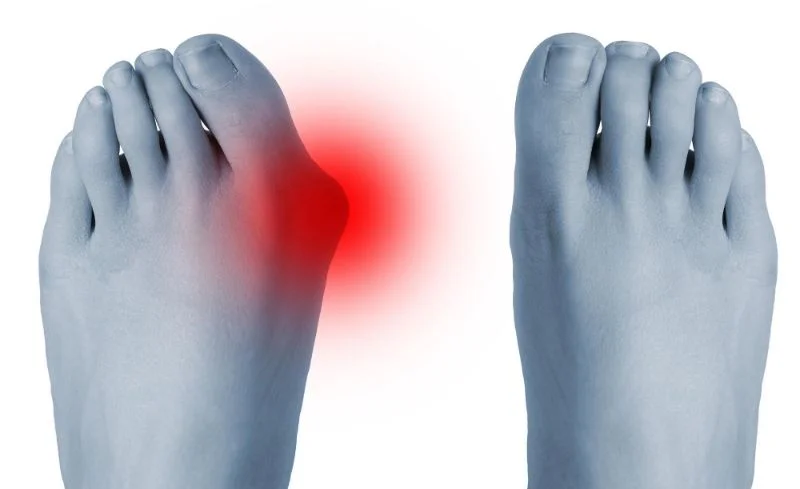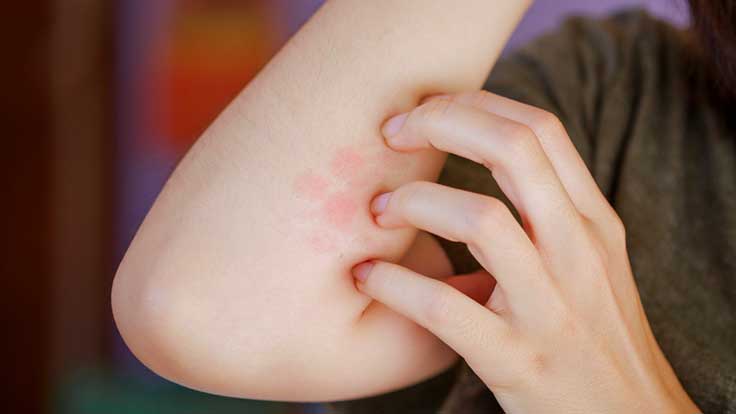How to Naturally Relieve Back Pain
A physical ailment is a disease or a condition that manifests itself with physical characteristics - often pain. Besides microbes, medication, and external stimuli, sometimes the causative factor for a physical ailment comes from the patient.
Back pain is one of the most common physical ailments. Studies show that around 80% of the world’s population suffers from back pain with a further 30% of the global population suffering from chronic back pain.
Reports estimate that around eight in ten Americans have had back pain at some point in their lives, mostly lower back pain. The ailment cannot be attributed to a single cause; factors such as age, posture, and injuries contribute to back pain.
Read MoreSigns of High Uric Acid Levels
Uric acid is best described as the pesky compound that surrounds the joints causing the painful medical condition known as gout. Usually, the waste product known as uric acid is absorbed into the bloodstream and then filtered out of the body by the kidneys. However, when the body is unable to release uric acid, it forms crystals that deposit on the joints, thus causing pain and inflammation. Gout is characterized by red, swollen joints typically located on the feet and hands. The inflammation makes it difficult for the proper functioning of the joints, which, in turn, can impair activities of daily living or ADLs.
Read MoreCan the Flu Vaccine Give You the Flu?
Flu season is upon us, and unfortunately, the flu virus, also known as influenza, does not discriminate who it may or may not affect. The leading preventative measure to prevent the flu is the flu vaccination. Proper hand hygiene is also beneficial, but the flu is transmitted by droplets from a cough or sneeze of an infected individual. So, sometimes, even good hand hygiene will not be sufficient to stop the spread of the flu.
Read MoreCan Exercise Help Arthritis Pain?
Arthritis is characterized by swelling, stiffness, and pain in one or multiple joints. It can be debilitating for those who suffer from it. This condition is generally diagnosed later in life and can progressively worsen with time.
However, there are multiple treatment options available, both holistic and pharmaceutical, to substantially decrease the pain and swelling associated with arthritis.
Read MoreWhy NSAIDs are Dangerous ?
Non-steroidal anti-inflammatory drugs, also known as NSAIDs, have been labeled as ‘dangerous’ for many reasons after years of considerable research. NSAIDs have been on the market since the 1960s, so there has been ample research that has gathered information spanning decades. Initially
Read MoreDetails You Need To Know About Rheumatoid Arthritis
While there are multiple types of arthritis, rheumatoid arthritis (RA) is the only one that is auto-immune in nature. Autoimmune conditions develop when the body attacks itself, much like when the body has a virus, and it tries to defeat the foreign invader. However, while the body is correct in trying to attack viruses and various bacteria, the body should not be attacking itself. Inflammation related to RA is caused by the body attacking the cells, usually in the fingers, wrists, and knees. This attack causes the initiation of an inflammatory process, which leads to pain, stiffness, and swelling of the joints
Read MoreVitamins and Minerals for Hair Growth
When the term “hair growth” arises, usually people will suggest the use of biotin. Biotin is a water-soluble B vitamin that helps synthesize food into energy. It is also a powerful force behind healthy hair, skin, and nails. However, studies have suggested that a well-rounded diet, which will supply the body with all of the available vitamins and minerals, will adequately support hair health and growth. Biotin alone does not completely transform your hair without the help of other vitamins and minerals, which can be attained from a healthy diet.
Read MoreHealth Benefits of Walking
Walking, a form of exercise typically gets a bad wrap as being an ineffective workout. However, multiple sources confirm it is one of the best types of exercise that you can participate in. It is an easy, popular form of exercise that people of all ages can get involved in. Thankfully, it is also relatively risk and injury-free. Even if you are a well-trained athlete, walking can still be a welcomed addition to your physical activity line-up. Let’s review the benefits below.
Read MoreUrinary Incontinence & Its Types
Topics, like urinary incontinence, are uncomfortable to discuss, but to ensure that this matter is appropriately addressed, it is essential to have an honest conversation with your doctor. A leaky bladder can be emotionally and physically draining to manage on a daily basis. The leaky bladder, also known as urinary incontinence, which is defined as a lack of bladder control, can affect both the young and the old. For example, after pregnancy, many women struggle with leaky bladder due to a lack of muscle tone post-delivery. This is often a correctable issue with the assistance of physical therapy. The lack of control can range from a slight leak to a full release of the bladder. There are multiple types of incontinence, which include stress, overactive, overflow, and functional.
Read MoreTreatment of Urinary Incontinence
After discussing the different types of urinary incontinence, it is essential to turn our attention to the various treatment options available. Once a physician has made a diagnosis, a treatment plan can be formulated. Initially, based on the type of incontinence, conservative treatment options are the first-line defense. Conventional methods include pelvic floor training, lifestyle modifications, and bladder training.
Read MoreWhat is Diverticulosis Disease ?
There are an array of gastrointestinal issues that can plague the average person, and it can be frustrating not to understand the varying conditions that may arise. Diverticulosis is one of these conditions that is commonly diagnosed, and it can be reoccurring throughout your lifetime. Therefore, it essential to be well informed, which can help you to recognize the signs and symptoms so that proper treatment can be implemented.
Read MoreEverything You Need To Know About the Atkins Diet
The Atkins diet, introduced by Dr. Robert C. Atkins, is used for the purpose of losing weight with a low-carb diet. The diet consists of eating as many fats and proteins you can eat, especially in the form of meat, to lose weight on the condition that you avoid foods that have high carbs. The diet is also possible for vegetarians; therefore, the only source of proteins and fats should not necessarily be restricted to meat. Studies support the notion that low carb diets help lose weight without the calorie count of your diet, and along with that also may improve your health.
Read MorePharmacotherapy: types and benefits
Pharmacotherapy must sound like a very serious medical term, and while that is not completely true, it should be noted that it is not something to be scared of. Pharmacotherapy, very simply speaking, is the use of drugs in medical science to treat a myriad of illnesses. The history of pharmacotherapy can be traced back to the days of Hippocrates who introduced the concept of treating ailments with medicinal herbs in ancient Greece. Over time, the practice became more refined until it finally developed into what we know today as modern pharmacotherapy.
Read MoreHow to Relieve Menopause Symptoms ?
Menopause happens when a woman's reproductive system is coming to an end, and she will no longer have periods. Her likelihood of having children will also drastically decrease during menopause, and once it is over, she will no longer be able to reproduce. Menopause is a natural process for women that occurs around the ages of the late 40s to late 50s.
Read MoreStroke Rehabilitation and Prevention
Depending on the severity of a stroke, activities of daily living or ADLs can be significantly impacted, potentially rendering a person incapable of living the life to which they are accustomed. Activities of daily living or ADLs include eating, dressing, bathing, necessary hygiene skills, walking, and transferring from a sitting to standing position. Complications of a stroke include, and are not limited to, loss or impairment of ADLs, paralysis, diminished movement, speech difficulty, memory loss, emotional alterations, pain, and changes in behavior.
Read MoreHow to maintain your fitness and vitality during pregnancy; exercise regime for mothers to be
Exercise can do miracles for your body. Breaking a sweat may seem difficult and can get very taxing, but it does result in a healthier, fitter you. Pregnancy brings about significant changes in the body, and these changes also affect the mind. A healthier mother today entails a healthier generation tomorrow, and in order to ensure that, a fitness regime is highly necessary. There are huge health benefits that come with a properly exercised body. It's easier to bear and resolve mental stresses while you gain the much-required physical strength.
Read MoreWhat is Antibiotics? Resistance, Uses, and Side effects
Antibiotics are a relatively new concept that first came on the scene in 1929 when Alexander Fleming developed penicillin. Until the development of immunizations and antibiotics, the mortality rate in most countries was still high due to the lack of modern medicine utilized when fighting bacterial infections. Antibiotics target bacteria and slow the replication of the bacteria or ultimately kill the bacteria. It is vital to note that antibiotics will not treat viral infections. The typical "cold" is, in fact, a virus and not a bacterial infection.
Read MoreHerbs and Spices to Reduce Anxiety and Stress
Anxiety and stress seem to plague young adults and adults alike these days due to constant social media use, negative news outlets, high-stress jobs, and the "Keeping up with the Joneses" mentality. Stress and anxiety go hand-in-hand as stress generates the feelings associated with anxiety. Occasionally occurring anxiety is inevitable, but when fear becomes recurring and debilitating, it is classified as an anxiety disorder
Read MoreWhat is Primal Living?
Primal living is not a new concept, but it is beginning to pick up coverage in mainstream media. Bits and pieces of this lifestyle have emerged over the past few years, including examples like yoga, meditation, and diets that exclude grain, dairy, sugar, and soy. The basis of this lifestyle is to focus on natural substances that come from the earth. Principally, it focuses on how the cavemen were thought to have lived. This lifestyle is a relatively foreign concept in the modern world we currently live in.
Read More
Does Celery Juice Promote Vegetable Consumption?
It is only a matter of time before the next dietary “craze” hits the holistic wellness community, but most recently, celery juice has become the latest trend. Celery, a member of the carrot family, is being called the next superfood due to its high levels of vitamins, minerals, and antioxidants. Like carrots, celery has a high amount of vitamin K and A. It is also jam-packed with potassium, vitamin C, and even dietary fiber. The antioxidant and anti-inflammatory properties are due to naturally found chemicals called phytonutrients. While this healthy snack is low in calories, it is higher in sodium, so those who are mindful of sodium intake should limit their daily celery intake.
Read MoreWhat is a stroke?
If you or a loved one has ever had a stroke, you understand the severity associated with the life-threatening condition. A stroke occurs when blood flow becomes blocked to a specific part of the brain. Without blood flow, brain tissue does not have oxygen and begins to die. Intervention must be established quickly to prevent mass destruction of brain tissue. The less brain tissue that dies through quick treatment, the better chance a person has for a well-rounded life and speedy recovery.
Read More
UTI (urinary tract infection):Causes, Symptoms & Treatment
Bladder infections or a urinary tract infection (UTIs) are incredibly common amongst people of all ages. While women are more likely to develop a UTI, they can still plague the male population. The urinary system is comprised of the kidneys, ureters, bladder, and the urethra. The kidneys produce urine and also filters different compounds that need to be absorbed or excreted. The ureters transport the urine from the kidneys to the bladder. The urethra is the final part of the urinary system that carries urine out of the body.
Read MoreDifference Between Chickenpox & Shingles
Before the chickenpox vaccine, the varicella-zoster virus was rampant in children worldwide. However, after the vaccine was developed, chickenpox became virtually non-existent. Shingles, on-the-other-hand, is still a prevalent condition caused by the same virus as chickenpox. For those who have been vaccinated for the chickenpox, the likelihood of acquiring the chickenpox and shingles is minuscule. However, those who did not receive the vaccine, as a child or adult, are still at risk today.
Read MoreOxygen shots: healthy or harmful?
Ever wondered why oxygen shots are in the limelight these days? Well, if you are curious about the hype, then you are certainly not the only one! Oxygen shots, which are readily available in casinos, nightclubs, and oxygen bars, contain purified oxygen, which is infused with different scents. Recent years have witnessed an exponentially rising trend in the establishment of oxygen bars all over the world. This is especially true for countries such as Canada and Japan that have experienced a "craze" of oxygen shots. Oxygen shots are served in glass cylinders that have a plastic tube through which the oxygen has to be inhaled. The normal level of oxygen in the air is 21%, which is considerably lower than the 95% level in oxygen shots; this is essentially from where the "high" comes.
Read MoreInsomnia its Symptoms, Diagnosis & Treatment
Lack of sleep, caused by a variety of issues, is a common complaint today experienced by youth and adults alike. While sometimes the stress of a new baby, a new job, or other life-altering condition might disrupt sleep patterns for short periods, some people suffer from a long-term condition called insomnia. Insomnia is characterized by the inability to get to sleep or stay asleep. While most adults can function with 6-8 hours of sleep, insomnia may make it hard to reach this goal, which can cause problems with your energy levels and mood. In addition, lack of sleep, especially when it is long-term due to insomnia, can begin to cause issues at work or in your personal life
Read MoreWhat is Gold Facial & What Does It Do?
We all have a myriad of questions when it comes to skincare routines, and choosing from an endless list of facials is definitely a daunting task. A gold facial, however, is the best one-stop regime for most of your skin issues. Here is all the relevant information that you need to know about the gold facial that your friends, and nearly every other millennial on social media, have been obsessing over!Gold is not merely used to make intricate and beautiful jewelry now; the expensive metal has a plethora of skin benefits and works miraculously on all skin types. Thus, gold is increasingly being used in facials for flawless skin. Did you know that the Egyptian Queen Cleopatra, the epitome of flawless beauty, slept wearing a gold mask?
Read MoreThe Importance of EHR for Patients & Doctors
The advent of technology has helped make numerous aspects of our lives much easier, and the healthcare industry is not any different when it comes to being positively affected. Just as everything around is slowly being digitized, and offices are switching from those tall manual filing cabinets to state-of-the-art databases, the healthcare industry has also begun to do the same.
Read MoreHere's all you should know about the deadly Corona Virus
In these last few days, a rapidly evolving deadly virus 'Corona' originating in Wuhan, China, has been on everyone's minds due to its rapid spread. Almost 1,300 cases and over 40 deaths have been confirmed in China, which is an alarming figure.
With the virus spreading so quickly, you may be wondering what the virus is all about. Keeping that in mind, here's all that you need to know about this virus, and what you should do to make sure you stay safe.
Read More
How to cut back on sugar, so you don't feel the need?
There is nothing good about consuming sugar. It messes up many of your body functions and can even cause skin issues and headaches, among many other things. Obesity is something that too much sugar can give rise to, which in turn can give rise to many health complications. It also further increases heightened blood pressure, increased cholesterol, and impaired cognitive function.
Read MoreStick to these habits to improve health noticeably
2020 is here, and with the dawn of the new year, all of you must have made new year resolutions as well. Most of our new year's resolutions are about changing our habits. There are a few habits that you can stick to in the new year and improve health noticeably. Exercise should be the first thing on your list of good habits as it gives you more energy to accomplish your daily tasks. It also increases focus, decreases stress, and helps you maintain a healthy weight in this manner.
Read More
Feeling down lately? Try these yoga poses
There are days when everything becomes difficult all of a sudden. You feel down and out. Usual household chores aside, things that you normally loved doing now seem impossible. Add to that, you feel anxious all the time, and you forget things and tasks that have been lined up. When your brain seems scattered, and you feel overwhelmed, it is time for you to take charge and do something about this.
Read MoreWays in which art can be good for your health
According to studies, there is a strong connection between art and stress reduction. Creating something from scratch can have tremendous effects on your mood. Art also has a huge impact on your ability to solve problems. Furthermore, making art activates the reward center in your brain, turning it into a pleasurable experience. Art can also be cathartic in many ways. You don't have to be armed with an art degree to express yourself and to achieve all the benefits. All you need to do is to just begin.
Read MoreHow to deal with male pattern baldness?
Do you stand in front of the mirror for hours on end and wonder why your luscious locks are thinning every day even though you are still so young? Well. What you are experiencing is called male pattern baldness, which commonly affects men all over the world at a very young age. However, do not worry because we have combined all the ways in which you can deal with male pattern baldness, but before that, it is imperative that we understand what male pattern baldness is.
Read MoreHow to chill out with holotropic breathwork?
Holotropic breathwork allows you to influence your mental, emotional, or physical state by controlling breathing patterns. Derived from a spiritual framework, holotropic breathwork is now also used as a therapeutic tool in many countries. This technique basically allows you to access altered states of consciousness by gaining command over the breathing process.
Read MoreTransmission of Coronavirus (COVID-19)
The Wuhan Coronavirus (CoV), a deadly virus presenting as non-treatable pneumonia, has begun to spread throughout the world, so it is essential to stay well-informed to protect you and your family. CoV, which originated in China, has spread to several other countries in just a few short weeks. At first, the assumption was that the virus was initially contracted from animals at a market in Wuhan, China.
Read MoreCoronavirus/COVID-19: the truth behind the death toll and prevention
Coronaviruses come under the umbrella of the Coronaviridae, crown or halo shaped structures that can be observed under an electron microscope. This virus binds itself to the host's cellular structure through its spike-like shapes. The bad thing about the coronavirus is that once it enters the cells of its inhabitant, it starts multiplying. From there, it is carried to the rest of the cells and starts spreading fast. This is the reason why it's so contagious.
Read MoreHow to Differentiate between Coronavirus & the Common Flu?
Studies suggest that most patients admitted to hospitals around the globe with coronavirus infection developed low/high-grade fever, a number of them started having a cough, and only a small amount of people showed signs of muscle aches and pains. Seasonal flu symptoms don't necessarily include coughing or shortness of breath unless there is some antecedent illness like asthma.
Read MoreThings one should or shouldn't do when diagnosed with the Coronavirus
As the novel coronavirus spreads far and wide, the fear attached to this outbreak also reaches colossal levels. What every one of us should realize is that around 85 to 90% of COVID-19 patients don't show severe symptoms. Only the elderly who are above 60 and those with low-immunity or underlying diseases like diabetes, high blood pressure, or cancer are more at risk of facing critical situations. While healthcare organizations around the world are constantly informing everyone of such facts and figures, people are still confused and somewhat troubled. If someone tests positive for coronavirus, they shouldn't panic. Under no circumstances should anyone rush to the hospital unless there is a real emergency.
Read MoreHealthcare dynamics in USA-is it expensive?
To answer this question with a simple yes or a no is entirely too difficult. There are issues and concerns relevant to the high cost of medical care that needs to be addressed before replying to that question. Different studies have declared the American healthcare to be the most expensive in the world as compared to the cost of similar processes in other countries. This includes the pharmaceutical industry and the prices of medicines as well.
Read MoreDo All Infected Coronavirus Patients Show Symptoms?
The number of infected coronavirus patients across the US has reached a colossal level of more than 200,000. The federal government and CDC are asking citizens of all states to stay home as much as possible. According to recent research, more data is coming in about the seriousness of the spread caused by infected individuals who aren’t even presenting any symptoms. Since it is difficult and time-consuming to launch nationwide testing, precautionary measures should be taken for everyone’s safety.
Read MoreCoronavirus (COVID-19) - A global pandemic
After its initial outbreak in Wuhan city, China, coronavirus has infected more 1,853,717 people across the globe in over 150 countries, according to international statistics. There have been approx. 114,280 deaths reported, and the death toll is still on the rise. COVID-19 comes from the family of viruses that affect the respiratory system of its hosts. In extreme cases, it can cause multi-organ failure, respiratory/lung failure, pneumonia, and septic shock. But these are rare, and most patients recover after facing mild flu-like symptoms.
Read MoreAre DIY face masks effective for protection against coronavirus?
The Centers for Disease Control and Prevention (CDC) and WHO have recommended the use of face masks or face coverings to control the spread of the novel coronavirus. Recent studies have proved that more than 25% of all infected individuals remain asymptomatic, i.e., they show no symptoms at all. They are the cause behind the silent spread of the disease. Moreover, even those patients who eventually do show any signs stand to affect quite a few people by not taking any sort of precautions.
Read MoreHow long is the incubation period for the novel coronavirus
The general estimation for the incubation period of COVID-19 is between 2 – 14 days. While that is true for most cases reported around the world, there have been a few cases where incubation lasted for 27 days as well.
Read MoreHow long does the novel coronavirus last on surfaces?
The entire world has only one topic to discuss these days, which is that of the novel coronavirus, also known as COVID-19. Every person is worried about his/her safety, leading to a situation of self-isolation in various countries. This deadly virus has taken over 40,000 lives in the United States, with more than 760,000 confirmed coronavirus cases. COVID-19 continues to spread at an increasing rate, affecting nearly every country across the globe.
Read MoreThe 1.5 Meters Distance Rule
With many instructions put in place by the government, it is very important for individuals to take preventive measures themselves as well. Several countries have put in place many different restrictions and rules to prevent the spread of COVID-19 and the 1.5metres distance rule is one of them.
Read MoreUpdates regarding the COVID-19 vaccine
Ever since the outbreak of COVID-19 in December 2019, no vaccine has come out yet to treat the virus. Doctors around the globe are treating patients for their symptoms rather than the virus itself.
Which One's More Effective Against Coronavirus - Hand Sanitizer or Soap?
Ever since the COVID-19 took over the world, its prevention has become a priority for people. People tend to touch their faces quite a lot throughout the day, which is one of the leading causes of the virus spreading. Due to this reason, it is necessary for people to wash their hands with soap or, in case soap is unavailable, sanitize their hands. The aim is to keep the virus-carrying germs at bay, one way or another.
Read MoreWho is least prone to the novel coronavirus?
The COVID-19 has changed the entire world, with around 3 million people affected by the virus and 204,000 dead as a result. These numbers continue to grow as the virus spreads. While many countries are going for complete lock-downs, there are some that are implementing partial lock-downs and strictness. What may feel like ordinary flu or cough can be much more serious than you could have thought.
Read More
How does the novel coronavirus really spread?
The COVID 19 has left the entire world wondering what we have to deal with. Considering that no vaccines have been created just yet to tackle it, the only thing we can practice is our safety. The SARS 2 coronavirus is a newly discovered type of coronavirus which spread from Wuhan, a Chinese city. Since it is incurable, the only way to fight it is to stop it from spreading.
Read MoreHow long do COVID-19 symptoms last
The World Health Organization (WHO) claims that the symptoms of the coronavirus tend to last for about 2 weeks for those with mild cases while it can go up to 6 weeks for those in a more critical situation. However, the stories of COVID-19 patients and survivors seem to show a different picture.
Read MoreWhat exactly are the coronaviruses
The coronavirus COVID-19 has created chaos amongst countries as a global pandemic. Statistics show that more than 2,200,000 people have been affected by this virus leading to over 150,000 deaths across the globe. This virus sprung from China’s city Wuhan and spread at an accelerating rate, spreading across the entire world. What starts as a normal cough and flu can turn out to be lethal to many, especially for people who have a weak immune system.
Read MoreWhy activated charcoal might actually be bad for you
Activated charcoal has long been used to eliminate toxic or harmful substances from the body after a drug overdose or ingestion of a toxic substance. Activated charcoal has certain chemical and physical properties that allow substances to bind with it. The adsorbent is produced by burning carbon-rich substances at high temperatures. Then a gas or an activating agent is used to increase the surface area of charcoal to activate it.
Read MoreWill there be a second wave of the virus?
As far back as history goes, in the Middle Ages, the Black Death was known to come in waves, similar to the bubonic plague. If we go back a century, the Spanish flu, known to be one of the most devastating pandemics in the world, had a second wave that killed significantly more people than the first wave.
Read MoreOpportunities and hindrances for telehealth
Prior to COVID-19, telemedicine was only a branch of the healthcare system. However, due to increased reliance on this branch, it has now entered into the mainstream. In the USA alone, studies found that there was a 23% increase in telemedicine usage in adults in the pandemic.
Read MoreExercises for hormonal balance for females
What are hormones?
Hormones are chemical messengers generated by the endocrine glands in our body. Hormones play an essential role in delivering messages to the tissues and organs via the bloodstream. They help regulate major bodily functions, so even small hormonal imbalances can result in drastic side effects throughout the body and alter various bodily processes.
Hormones are responsible for:
Read MoreWhy Type 2 Diabetes is Increasing in Children and Teens?
Type 2 diabetes tends to occur in adults, but it is on the rise amongst children and teenagers as well. This form of diabetes stops the breakdown of glucose in the body, causing it to remain in the bloodstream. The result is a high blood sugar level that leads to serious health issues for the individual.
Read MoreHow to Deal With Heat Stroke and Heat Exhaustion
With summers in full swing, heat stroke and heat exhaustion have become common among people. Spending too much time in the sun or doing excessive manual labor may lead to a heat stroke or exhaustion.
Read MoreBenefits of Mobile Imaging
Technology has changed traditional medical methods while introducing new approaches. Mobile imaging is one such addition to the healthcare system that has benefitted many and continues to do so. However, mobile imaging is a relatively new feature that many people are unaware of.
Read MoreHow To Treat Arthritis And Joint Pain at Home?
Arthritis is used to refer to various conditions that cause pain in the joints and inflammation. It is a degenerative disease that cannot be cured but can only be slowed down with treatment and care. Arthritis has over 100 forms, out of which the two most common are rheumatoid arthritis and osteoarthritis. While there are certain medical treatments for arthritis and joint pain, some home remedies are also beneficial in relieving pain and relaxing the patient.
Read MoreHow to Manage High Blood Pressure at Home?
According to the CDC Wonder online database, high blood pressure and complications that arise because of it caused nearly half a million deaths in 2018. About 76% of adults with hypertension do not have their condition under control, which brings us to the question: how do the remaining 24% manage their symptoms? Here are a couple of tips that can get you started on your journey to a long, healthy, and disease-free life:
Read MoreCauses & Risk Factors of Lung Cancer
Lung cancer is among the primary causes of death worldwide. In 2019, out of all cancer-related deaths, lung cancer contributed to 24% of deaths in men and 23% in women. It may not be the most common cancer in either of the sexes, but it is, without a doubt, the deadliest.
Read MoreWhat's the Difference Between Depression and Anxiety?
Mental health is more relevant today than it has ever been. This is partly because of COVID'19 forcing everyone to stay inside their homes. Social isolation has made people who have never struggled with their mental health before experience mental health issues for the first time in their lives.
Read MoreKidney Failure: Symptoms, Causes & Diagnosis
You’ve probably heard the joke “Sell one of your kidneys to get some quick cash” quite often. With kidney failure being a prevalent issue around the world, the market for kidney selling is vast and generous. Although you can safely function with only one kidney, we wouldn’t really recommend living like that. Your body’s kidneys are its natural filters. Their main purpose is to filter out the blood from toxins and make urine from your body’s waste. It is safe to say, without your kidneys, your body wouldn’t function the same way. This blog will help you realise how important this organ is, and why it should mean more to you than a punchline to a bad joke.
Read MoreWhat Is The Most Accurate Test for Lyme Disease?
Lyme disease, is caused by the Borrelia bacterium. It is an infectious disease, spread through ticks or other insects. Most cases of Lyme disease are spread through the adult deer tick. However, the nymphal deer tick is also a common source of the spread.
Read More
Influenza(Flu): How to prevent and treat infection?
Irrespective of where you live or how old you are or even how well your general health is, chances are that you have been affected by the flu at least once in your lifetime.
Read MoreBlood Cancer Signs, Symptoms & Diagnosis
Blood cancer, also known as hematologic cancer, is a specific type of cancer that affects the bone marrow of a person’s body. The bone marrow is the spongy tissue inside the bones in a person's hips and thighs that are responsible for developing red blood cells and for circulating oxygen throughout the body.
Read More
Hepatitis B: Symptoms, Causes, Transmission & Treatments
Hepatitis B is an infection in the liver caused by the Hepatitis B virus (HBV). This virus is spread through transmission from an infected individual to a healthy individual. The spread mostly occurs through the spread of fluids such as blood, semen, or other bodily fluids that spread when the person sneezes or coughs.
Read MoreWhat Do Brain Tumor Headaches Feel Like?
Brain tumors happen when abnormal cells accumulate in the brain. This causes many issues and complications for various reasons. One reason is that, first and foremost, the brain is a very vital and sensitive organ, where the smallest of damage can cause even the most life-threatening of issues.
Read MoreWhat Does a Blood Clot Do To You?
Blood clots occur when the composition of a portion of the blood in your body changes from the fluid, watery, gel-like structure to a semi-solid structure. This change in form makes it difficult for the blood to pass through the veins, as it normally would.
Read MoreThe Best and Worst Ways to Manage Stress
Irrespective of whether you’re talking about physics or mental health, stress is defined as unmanageable pressure. In the sense of mental health, stress usually means that your mind has so many unmeasurable pressures that you are no longer able to cope up with the tasks that it has to do.
Read MoreMedical Lab Test Without Insurance How To Keep The Cost Low
Medical insurance is a specific type of insurance that is used to cover the complete or partial cost of someone’s medical expenses. These expenses can range from surgeries, to hospital expenses, to even prescriptions. An insurer needs to determine the risk level of someone by assessing the risk factors of them developing a health complication in the future.
Read MoreIs Using Anti-Acne Face Wash Safe?
Having acne-prone skin is not easy and it can sometimes feel like an unsolvable problem, however, as your dermatologist will tell you, with some care and effort you can minimize your acne-related issues. One way to help clear your skin is by using face washes that are specifically designed for acne-prone skin.
These face washes are different from regular face washes in terms of ingredients, which is a cause for concern for some people. So, if you’re worried about what an anti-acne face wash does to your skin, read on to put your mind at ease.
Read MoreThe Benefits of Getting a Regular Massage
Massages are often thought of as luxury items with people booking themselves for a massage after an accomplishment, or when they finally got that day off or that extra cash in the bank. Mostly, massages are seen as a good way to relax and blow off steam.
Read MoreBest Uses for Eye Drops
The eyes are the windows to the soul they say. They’re also windows into the world. We depend on them a little too much and rightfully so. Properly functioning eyes is how humankind has survived all these years.
Read MoreHow to Treat a Urinary Tract Infection
Urine is dispelled from the body as a form of waste. When we consume food and water, the body absorbs the necessary nutrients and the remainders get discarded in the form of stool or urine. Liquid waste is urine, while solid waste is stool.
Read MoreWhat to Eat and What to Avoid When You Have a Sore Throat
Sore throats are one of the more common ailments that people all around the world have suffered from. Statistics show that 13 million doctor visits each year are accounted for due to sore throats. A sore throat can usually, with the proper care and attention, go away on its own.
Read More7 Foods That Can Cause Ulcers
The sores that you may have noticed that appear inside your lips or under your tongue are known as ulcers. They are also formed in the lining of your stomach, your small intestines, and even your throat. Ulcers in the stomach, small intestines, and throat are also called gastric, duodenal, and esophageal, respectively. Out of these three, the duodenal ulcer is the most common.
Read MoreWhat is Aplastic Anemia: Causes, Symptoms, Diagnosis, Treatment
Aplastic anemia is a type of bone marrow failure. The disease is rare but extremely serious. It is a condition in which the body stops making new blood cells. The disease is commonly found amongst the lower age bracket, specifically amongst late teens and early 20s, but it can occur later on in life, too, especially amongst the elderly.
Read MoreWhat Does Alcohol Abuse do to the body?
Anything in excess is poison, this phrase seems to be taken very seriously when it comes to alcohol and the effects that it can have on your body. Alcohol abuse is a wide term and includes within it a spectrum ranging from binge drinking to alcohol dependence.
Read MoreWhat is a Comprehensive Metabolic Panel?
The term metabolism is used for the chemical reactions that take place in the body’s cells to convert food into energy in order to maintain the organism’s living state. To get an idea of your body’s metabolism and chemical balance, a doctor might ask you to get a comprehensive metabolic panel. This test also goes by the following names; chemistry screen, chem 14, metabolic panel, and CBM.
Read MoreA Basic Guide to Chickenpox
Chickenpox, also known as Varicella, is an extremely contagious infection. Infecting over 3.5 million people per year globally and leaving around 4000 to 9000 people in the US hospitalized.
Moreover, around 100 people in the US die every year because of this virus. The virus enters the body when contact has been made with someone who is already infected. It is spread between people through contact with the blemishes that get formed, such as breathing in the particles that come from the blemishes or touching an object that has been infected with the blemishes.
Children who are of school-going age are at most risk with 90% of the cases appearing in children that are very young. Nevertheless, it is not uncommon for older kids to get chickenpox as well.
.
Read MoreHow to Increase White Blood Cell Count
White blood cells, also called leukocytes, are cellular components found in the blood. They are created in the spongy tissue present inside bigger bones called bone marrow. Unlike red blood cells, they lack hemoglobin. However, they do have a nucleus. They are bigger than red blood cells, but fewer in number.
Read MoreWhat Different Types of Diseases do Mosquitoes Carry?
Mosquitos are important in the disease-carrying process. Their saliva, which is transferred to a host when they bite them, can make a host very itchy and can cause discomfort in that area.
Read MoreEssentials of Nail Care
Nail care is fairly underrated but essential for people who want healthy, beautiful-looking nails. To have healthy nails, you must pay close attention to what you’re applying to your nails because often the products that we use can do more harm than good.
Read More7 Ways To Treat Minor Bruises
Bruises are a part of life. They tell you that you never really learn how to ride a bike unless you’ve fallen at least once. Until you have the bruises to match up to your experiences, did you have those experiences?
Read MoreEating Ice: What Does it Mean and Why is it Bad for You?
Ice serves various purposes, including cooling, preservation, and recreational activities. It also provides a soothing effect when applied to inflamed areas. However, eating ice can have potential health implications that should be considered. This blog will explore the underlying causes of ice cravings and the importance of addressing them from a medical perspective.
Read MoreThe Difference Between Acute and Chronic Kidney Disease
Kidney diseases are one of the leading causes of morbidity and mortality in the United States. One in three people (around 8 million total) is at risk of developing some form of kidney disease. Women are at a 2% increased risk of developing kidney diseases than men, but mortality rates are typically higher in males.
Read MoreMild, Moderate and Severe Cases of Diabetes: Signs and Symptoms
Diabetes is a long-standing or chronic condition wherein your body fails to either produce any insulin, adequate amounts of it, or the appropriate type of the hormone.
Read MoreLiver Disease and Liver Failure
Read More
Uric Acid Test: Normal Range and Relation with Gout
Read More
Alcohol is Addictive and Destructive
What’s the first image that comes to your mind when you think of an alcoholic beverage? The answer probably varies from one person to the next because the fact of the matter is that drinking in America falls on a variable spectrum. You could’ve envisioned a heartwarming toast given at a graduation party or a severe and debilitating case of alcoholism.
Read MoreMuscle Weakness And Low Blood Pressure
The most extensively studied condition related to blood pressure is hypertension; a rise in blood pressure. However, low blood pressure or hypotension requires due attention as well. This is so because low blood pressure is vaguely defined and often misinterpreted.
Read MoreHow Much Does a Brain MRI Cost?
According to a Statista report on Medical Technologies, the United States has the highest MRI units per million population anywhere in the world. Around 40.44 MRI units are available per unit million in the United States.
Read MoreHow Much Does an Ankle MRI Cost?
In March of 2010, the Affordable Care Act (ACA), also known colloquially as Obamacare, was signed into law by the President of the United States. It came into effect in 2014. Under Obamacare,
Read MoreHow Much Does a Breast MRI Cost?
Magnetic resonance imaging (MRI) scans are diagnostic modalities used in radiology to assess the physiology and pathology of an organ. Radiology is the discipline of medicine that deals with visualizing internal body functioning.
Read MoreHow Much Does a Knee MRI Cost?
Radiology refers to the medical discipline that employs the use of medical imaging to understand and thereby diagnose medical conditions. Radiology is therefore a separate branch of medicine dedicated to showing and contrasting between normal and abnormal body functioning.
Read MoreHow Much Does a Hip MRI Cost?
A direct relationship has been established between hip fractures in the United States’ population and age. Fractures and hip pain are usually seen in older demographics, not just in the US but everywhere in the world.
Read MoreHow Much Does a Head MRI Cost?
MRIs are relatively painless and non-invasive diagnostic procedures. The side-effects of having an MRI performed are negligible to none compared to having an x-ray. In addition, MRI’s are more precise and can be altered with contrast media and functioning systems for more detailed imaging.
Read MoreElevated Liver Enzymes: Causes, Symptoms and Tests
Liver enzymes are protein structures that carry out various chemical reactions within the liver. The liver itself is responsible for several functions, including primarily detoxifying various metabolites, synthesizing proteins, and producing digestive enzymes.
Read MoreCardiac PET Scans: Who Needs Them and Why?
A cardiac PET or a positron emission tomography scan is an imaging exam of your heart which uses a special dye to examine problems with your heart. The test consists of a dye and a small amount of radioactive tracer injected into areas of the heart that may be damaged or diseased.
Read MoreHow PET Scans Can Help Patients with Alzheimer's and Dementia
A brain PET, or positron emission tomography, scan is an imaging exam that allows doctors to see how your brain functions. The scan captures images of the brain's activity after radioactive "tracers" have been absorbed into the bloodstream.
Read MoreCT Scan vs MRI: Differences Between Safety, Cost and Use
A commonly asked question is about the differences between a CT scan and an MRI scan and whether one test is better than the other.
Read MoreWhat's the difference between PET scan, CT scan, X-Ray and MRI?
There are various imaging tests that the doctor can order after a patient undergoes an injury or an illness. Doctors can use techniques such as X-ray imaging to provide a clear picture of what is wrong so that the doctor can make a correct diagnosis and treatment plan.
Read MoreHow to get medical care without insurance?
Healthcare in the US is notoriously expensive in comparison to the rest of the world. While legislation like the Affordable Care Act has been pushed, the cost of healthcare remains inaccessible for most people in the country. Given the high expense of insured healthcare, one hesitates to think about the cost of medical treatment in the USA without insurance.
Read More
Where Can You Consult A Neurologist, Psychologist & Psychiatrist Online?
The world we live in today is quite different from the one we lived in in the early half of 2019. Since then, the way we operate, work, socialize and perform essential tasks from grocery shopping to doctor visits have changed.
Read MoreHow much does a Comprehensive Metabolic Panel cost?
A Comprehensive Metabolic Panel (CMP) is a blood test that ensures the overall wellness of your health through a series of laboratory tests.
Read More
Which types of cancer can be detected by a CBC blood test?
If you visit your doctor for any health concerns or complaints, there is a high chance that he will ask for a complete blood count or CBC to investigate your complete health status.
Read MoreWhy An Annual Wellness Check Is An Essential Part Of Staying Healthy
An annual check-up is scheduled once a year to take stock of the general health and wellbeing of a patient. Having a regularly scheduled wellness assessment with your primary care doctor is extremely important to ensure wellness and good health. Sometimes,
Read MoreSpecialists in endocrinology and diabetes for adults, children and the elderly
Diabetes is a disease that is fairly common amongst the human population today. It afflicts around 10.5% of the US population as of 2020, according to a report published by the CDC. Around 26.9 million people have been diagnosed, while around 21.4% go undiagnosed.
Read MoreBook an appointment online in 15 minutes with a dentist
In this age of Covid 19, accessibility and efficiency in the landscape of health services have changed dramatically. Health services have had to scramble to find ways to address the widening gap that Covid-19 has brought to the already limited access to health care.
Read MoreGet Diabetes Care Online With Our Basic Metabolic Panel (BMP) Test Kit
Diabetes is a long-lasting health condition that changes how the body converts food into energy. When you ingest food it is broken down into sugars, also known as glucose. Glucose is released into the bloodstream, the pancreas is stimulated to release a hormone known as insulin which acts as an enabler, letting the blood sugar into the body's cells for use as energy.
Read MoreThings you need to know before getting your first Ankle MRIs
An MRI is simply magnetic resonance imaging. While the word might feel daunting and the process may feel scary, there’s actually very little to worry about
Read MoreWhat is a hepatic function panel and what does it measure?
Commonly known as the hepatic function panel, it is a blood test to check the liver and its functioning. A liver hepatic is for evaluating any swelling, damage or infection in the liver.
Read MoreWhat Is The Cost Of An Abdominal X-Ray?
Doctors use X-rays for diagnosing any issue or disease in the skeletal system. With the help of undetectable electromagnetic energy beams, it produces images of organs, soft tissues, and the skeleton.
Read MoreWhy do You need a CT scan with contrast abdomen and pelvis
A Computed Tomography Scan, also known as the CT scan, is a special X-Ray that shows the particular cross-sectional images of the scanned body. The machines scan the designated part, such as the pelvic and abdomen, and then send data to the technical team for the final report.
Read MoreAll information about MRIs for the Upper Extremities
Sometimes when you're feeling some amount of pain or discomfort in the upper body, your doctor orders an MRI to get a clearer picture of what is going on in your body.
Read More
What to expect from your first rheumatology visit?
A rheumatologist is either an internist, a doctor who specializes in internal medicine, or a pediatrician, a doctor who treats children from infancy to young adulthood
Read MoreLiver Function Test (LFT) - How to correlate different readings?
A liver function test is a blood test that determines the amount of protein and liver enzymes in the bloodstream that is excreted by a damaged liver. The liver function tests measure the health of the liver with the help of liver enzyme tests. It examines the level of protein, enzyme, and bilirubin in the blood.
Read MoreWhat Does High Alkaline Phosphatase Indicate?
High alkaline phosphatase indicates that there is damage to the liver or that the patient has some type of bone disorder. When the liver is damaged, it creates a different form of ALP from the one which is formed when there is a bone disorder. If the test results indicate that alkaline phosphatase levels are high, the doctor will order a range of other additional tests to gauge where the ALP is being formed. High levels of alkaline phosphatase can indicate a variety of problems with the liver, such as cirrhosis, hepatitis, a blockage in the bile duct, or mononucleosis, which can lead to swelling in the liver. It can also be indicative of overuse of medications harmful to the liver and excessive consumption of alcohol.
Read MoreWhat Do Iron And TIBC Tests Measure?
Iron is an essential nutrient required for the healthy functioning of the body. It plays several functions in the body, the primary one being the production of healthy red blood cells. It also forms part of hemoglobin,
Read MoreWhat are the most important healthcare discounts you can sign up for?
Healthcare is extremely expensive. The average American finds it extremely difficult to get healthcare that is affordable. Traditional healthcare plans involve insurance, which also makes the process very complicated. Insurance claims and policies can be extremely messy and sometimes limited in terms of benefits like wellness package discounts and lab test discounts.
Read MoreCervical Spine CT Scan: Purpose, Procedure, and Risks
The cervical spine CT scan is also known as a neck CT scan. A CT scan is a medical imaging procedure that uses specialized X-ray equipment and computer imaging to create an extremely detailed visual model of the cervical spine.
Read MoreOmicron-Variants of concern & What you need to Know?
Viruses are mutating and taking on new forms and many variants of the coronavirus have been identified. However, there are concerns that some variants, including those first found in the United Kingdom, South Africa, Brazil, and India, are highly infectious and may be less effective with vaccines. The omicron variant (B.1.1.529) was first identified in South Africa in November, where researchers shared their findings of the mutation
Read MoreWhat Are The Benefits Of Having An Online Specialist Consultation?
Getting out of your house, into your car, and driving to your doctor for a check-up of symptoms you have been feeling for the last few days can be so tiring and time-consuming.
Read MoreWhat Is The Importance Of Blood Work Before An MRI Scan?
Almost all major medical tests have particular prerequisites to obtain accurate results and minimize specific side effects. The same is the case for Magnetic Resonance Imaging which became
Read MoreHow to book doctor appointments online in the US?
Did you wake up to a pounding head, sore throat, or severe cramps that make you unable to get out of bed and schedule a physician appointment? In that case, you can effectively utilize the digitality of today’s world and simply make an appointment with a doctor online.
Read More
How much does a creatinine test cost?
A creatinine serum test measures the levels of creatinine, a waste product secreted by kidneys, in an individual's blood. Creatinine is a by-product of the breakdown of muscle tissue and is usually flushed out at a steady rate by normally functioning kidneys. It acts as an indicator of your kidney health.
Read MoreWhat Are The Physical Symptoms Of Liver Damage?
Approximately 30 million individuals in the United States suffer from some form of liver disease. More than 8,000 people received liver transplants in 2017, and a little over 17,000 are on the waiting list for liver transplants in the US.
Read MoreWhat are the Common & Deceptive Symptoms of STDS
If you're feeling a little under the weather, don't immediately blame it on the flu. Several flu-like symptoms of sexually transmitted diseases (STDs) are disguised as common body aches and pains. Read this list if you're sexually active and experiencing some common symptoms that may appear to be allergy, cold, or flu symptoms,
Read MoreLipid Profile Blood Test Normal Range
Lipid buildup in blood vessels and arteries can have severe health-related consequences, including cardiovascular disorders. A lipid panel test comes in handy in this domain as it identifies the lipid profile of an individual
Read MoreWhat are the Common Questions About STD Testing and Treatment
You may be hesitant to consult a doctor if you fear being exposed to a sexually transmitted disease (STD) or suffering from its symptoms. Let us assure you that doctors are not only skilled at treating STDs, but they're also your best defense against the serious and long-term consequences of untreated infections.
Read MoreWho Should Get An Antibody Test For Covid-19?
Covid antibody tests are carried out by taking a sample of blood from an individual, most commonly from the veins on the inner side of the elbow. The blood sample is then sent for experimental analysis to a technician, who looks for either one or both kinds of antibodies generated in response to SARS-CoV-2, the virus which causes COVID-19.
Read MoreThyroid Stimulating Hormone Test Procedure
The thyroid gland utilizes iodine in blood to produce two kinds of thyroid-stimulating hormones: triiodothyronine (T3) and thyroxine (T4). T4 tests and TSH tests are the two most common types of thyroid function tests.
Read MoreIs Health A Part Of New Year Resolution?
Health is wealth; we’ve all heard this statement about a hundred times in our lives. But are we aware of its true implication?
Read MoreWhy Does My Breath Smell Really Bad?
You may have experienced a bad odor in your breath when you wake up in the morning. It is a natural phenomenon and happens with a lot of people. But what if you feel like you have consistent bad breath or a family member complains about it? That can be due to many underlying reasons which need to be addressed. If you want to avoid embarrassment in social settings, it is beneficial to understand what causes bad breath and how you can prevent it.
Read MoreHow Much Does An Annual Health Check Up Cost?
Annual wellness examinations are a domain of preventive care focused on rooting out health problems before they occur. These examinations challenge the widely prevalent notion that one should visit the doctor only in sickness and promote the idea that prevention is far better than cure.
Read MoreWhat Is Generally Included In An Annual Wellness Exam?
Maintaining sound health is pivotal to ensuring a good quality of life, and regular medical checkups are the foremost method of doing so. It is commonly believed that visits to a primary care doctor or physician should be reserved for sickness only, which is not the case.
Read MoreAll You Need to Know About Perimenopause
Women approaching their 40s are often worried about transitioning towards the end of their reproductive cycle. Will it be scary? Will it be painful? Could it not be easier? These are frequent questions in the minds of females who are moving towards menopause. Before your period cycle ends completely, you go through a stage of transition that can last from a few months to a few years. This transitional stage is known as perimenopause.
Read MoreHow to Deal with Constipation
Irregular bowel movements can disturb your day-to-day life activities. Inability or difficulty in passing stool can be a very painful condition. Constipation does not only cause difficulty in passing the bowel but can also affect your other systems if it persists for too long. It can also have psychological effects on a person because of discomfort felt during defecation.
Read MoreHow To Deal With Excessive Sweating (Hyperhidrosis)
Hyperhidrosis is not a life-threatening condition, but it can affect a person's mental health and may become a cause of embarrassment in social settings. You may isolate yourself or avoid going outside due to this reason. If you have this condition, it is beneficial to talk to your doctor about it without any hesitation. Your doctor will guide you about the necessary measures to manage this condition and avoid its psychological effects on your health.
Read MoreHow Much Does A Chest MRI Cost
Magnetic resonance imaging (MRI) has revolutionized medicine with its radio wave technology that can produce in-depth pictures of body organs, including the chest, lungs, spleen, kidneys, pancreas, brain, and much more. This article focuses on a detailed analysis of an MRI chest scan, its cost, and how it is carried out.
Read MoreSexual Dysfunction in Men and Women
Sexual dysfunction includes any problem that causes difficulty in achieving satisfactory sexual pleasure. Both men and women can experience it. It is often misunderstood that sexual dysfunction only refers to the physical inability to perform sexual acts, but this term includes a wide array of conditions and disorders. Cases of sexual dysfunction can be treated depending on the causes and severity of the problem.
Read MoreHow Much Does An Abdomen MRI Scan With And Without Contrast Cost?
Magnetic Resonance Imaging scanning is the most common and highly effective diagnostic methodology medical health professionals use worldwide. Did your doctor prescribe you an abdominal MRI scan, and you're unsure about what the procedure entails? Let us delve into how much an MRI of the abdomen costs, what is done during the process, and what an abdominal MRI scan shows.
Read More
6 Tips to Deal with Period Pain
You are not alone if you experience period pain, also known as dysmenorrhea. Dysmenorrhea can happen over and over again, along with the rest of the usual PMS symptoms. And for most women, this has already become part of their way of life. This gynecological condition can be so troublesome that many sufferers experience a reduced quality of life during their monthly cycle. However, there are many ways to stop Auntie Flo from overtaking one's existence. From simple heat therapy to the more advanced menstrual extraction, women now have more choices in dealing with period pain. Read on for these doable yet highly-effective tips that can help alleviate that dreaded monthly discomfort.
Read MoreUrinary Incontinence in Adults
Have you ever suffered from an episode of bladder leaks as an adult but kept it hidden because it may be embarrassing? You don’t have to be. Urinary incontinence or bladder leaks are frequent among adults and often result from multiple underlying causes.
Read MoreHow Much Does A Low Extremity Non-Joint MRI Cost
Magnetic Resonance Imaging scanning, a revolutionary medical testing technology, utilizes a strong magnet to form pictures of different body organs that orthodox testing methods cannot. This article focuses on lower extremity non-joint MRI, its procedure, cost, and importance. Let's delve in!
Read More
Can a Urine Test Detect STDs?
There are numerous tests to diagnose sexually transmitted diseases (STDs). Your doctor selects the right test after reviewing your history and clinical symptoms. In the early days, the preferred method for testing sexually transmitted bacterial infections was swab tests. In these tests, a swab was taken from the affected genital organs. In men, the swab was taken from inside the urethra, and in women, it was taken from inside the cervix. It was an invasive and uncomfortable procedure for most people.
Read MoreHow Much Does A MRI Lumbosacral Spine Cost?
A Lumbosacral Spine MRI focuses on this very portion of the body and examines the area surrounding the spine's lumbar and sacral positions. This is the region where back problems primarily originate from.
Read More
ANAL AND GENITAL ITCHING: IS IT A SIGN OF STDs?
Itching in the anal or genital regions is pretty common and is experienced frequently by many adults. But it is not talked about because it is considered embarrassing to discuss. Some people also don’t open up about it because they fear it might be taken as a sign of a sexually transmitted disease (STD). For this reason, we will discuss the multiple causes of anal and genital itching and their possible treatment options.
Read MoreHow much is a Full Panel Blood Test?
Blood tests are a vital part of a diagnostic process and play a significant role in chalking out apt treatment plans. Laboratory examination of a blood sample can detect a variety of ailments, including the functioning of certain organs, certain genetic disorders, infections, and an individual's general health.
Read MorePhysical and Psychological Effects of Aging
Aging is an inevitable and irreversible process that is bound to happen as the years pass. No matter how much we want to avoid it, it is still a natural process that occurs over time. Aging is often assumed negatively because it can affect the way you look and how your social gatherings perceive you. Apart from that, it can have other physical and psychological effects on your overall health. But it entirely depends upon your subjective opinion on aging. There are people over the 80s or 90s and still living a healthy life.
Read MorePremature Ejaculation: Causes And Treatment
Premature ejaculation can cause stress for a man and his partner. Most men feel embarrassed to discuss this issue. It can also exhibit psychological effects on a person if they don’t perform up to expectations or feel like they cannot satisfy their partner. It can be reassuring to know that premature ejaculation is a common problem, and most men have experienced it at some point in their lives. If you seem to have a persistent issue or it has affected your mental health, the good news is that this issue is treatable, and your sexual performance can be improved with medical and therapeutic help.
Read MoreHow much does anti-dsdna test cost
Anti-double-stranded DNA antibodies are antinuclear antibodies that target the antigens of the double-stranded DNA. Produced by the immune system, these antibodies target the essential parts of a cell’s nucleus, especially its genetic material. The presence of anti-dsDNA antibodies aids in concluding a disease called “lupus,” and dsDNA blood tests detect their number.
Read MoreWhat Are The Reasons For Obesity?
Obesity is a very common problem in the United States and worldwide. It does not only affect the physical appearance of a person but also has multiple physiological and psychological effects. As the world is progressing, the intake rate of fast food is getting higher, and that of physical activity is getting lower. Both of these contribute to the surge of obesity in recent decades.
Read MoreHow Much Does a CBC Blood Test Cost?
The complete blood count test is a type of blood work that calculates the blood's cellular elements, thereby detecting a wide array of disorders and medical conditions such as leukemia, infection, and anemia. The blood is majorly made up of white blood cells (which fight infection), red blood cells (which transport oxygen), Hemoglobin (which is the oxygen-carrying protein in red blood cells), and platelets (which help in blood clotting).
Read MoreWhy Does Flatulence(farting) Occur?
Flatulence or farting is a common thing that everyone experiences daily. It is a natural process by which your body releases digestive gas. Your digestive system, particularly your intestines, has a variety of ‘good’ bacteria that help break down complex food substances. Since we eat all kinds of food, some of these food substances cannot be digested by the enzymes naturally present in our system. These good bacteria aid in the digestion of these food substances.
Read MoreBurnout: Causes, Symptoms, And Management
Burnout is defined as a state of emotional, mental, and physical exhaustion, often resulting from prolonged occupational stress. If you have been working fine at a job for the past few years but have lacked energy or felt empty towards that profession for a few weeks or months, you may be having burnout.
Read MoreMental Health: What Is Doomscrolling And How Can We Stop It?
Doomscrolling is defined as spending excessive time scrolling through the news of negative events on the internet. The term gained popularity in recent years due to the global pandemic caused by COVID 19. It was noticed that people spent an abundant amount of their time surfing through bad news or negative events during their professional or personal lives.
Read More7 Health Risks You Should Keep In Mind Before Getting A Tattoo
Tattoos have been a form of body art for many decades, but it has gained extreme popularity in the past few years. People often get tattoos of names, things, or designs meaningful to them. A tattoo machine is used, which works similarly to a sewing machine. It has one or more little needles that repeatedly pierce the skin to inject a dye. This dye or ink can be of any color: black, blue, red, green, etc. The design and colors depending upon your choice.
Read MoreHow Much Does A Cardiac MRI With And Without Contrast Cost?
Magnetic Resonance Imaging is one of the most commonly used diagnostic procedures with wide-ranging benefits. An MRI is a non-invasive and non-painful procedure that uses a powerful magnetic field, strong radiofrequency pulses, and a specialized computer to produce detailed images of the internal body structures that cannot be viewed otherwise through conventional procedures such as CT scan or X-ray imaging. This procedure does not use X-rays or other radiations.
Read MoreImpacts of Abortion on your Health
Abortion is a procedure by which a pregnancy is terminated. It can occur naturally or can be induced by medical or surgical methods. If an abortion occurs naturally due to an infection or any other cause, it is often termed a miscarriage. Induced abortion is where a fetus’s life is ended during pregnancy using medicines or surgery.
Read MoreHow Does Air Pollution Affect Your Health?
Air pollution is a global issue these days. It does affect not only our environment but also has numerous adverse effects on our health. Multiple factors contribute to air pollution. Some of the major causes are fuel emissions from cars, planes, industries, smoking, volcanoes, wildfires, etc. The majority of the reasons that contribute to air pollution are man-made. Therefore air pollution is frequently observed in cities with dense populations.
Read MoreCauses and Treatment of Bedwetting
Bedwetting is a common problem that frequently occurs at nighttime in children. The medical name for this condition is known as nocturnal enuresis. If you wake up your child in the morning and notice that the pajamas or sheets are soggy, your child probably had another episode of bedwetting.
Read MoreWhat are the Social Determinants of Health?
Social determinants of health (SDOH) are defined as circumstances apart from medical conditions that affect an individual’s life. These include the living conditions, employment status, education, and multiple other factors that influence health on an individual and community scale
Read MoreEuthanasia: Should it be Justified?
Many people in the world suffer from such medical conditions that are incurable, terminal, or cause immense pain. Sometimes the pain and distress caused by such conditions can make a person choose death over life.
Read MoreAdverse Effects of Skin Tanning
Sun tanning or indoor tanning are common ways to get tanned skin, especially among the light-skinned population. A certain majority of people in America, particularly women, wish to have tanned skin for aesthetic reasons.
Read MoreUnderstanding The Basics Of Surrogacy
In gestational surrogacy, the process of fertilization is often achieved via in vitro fertilization (IVF) which is carried out in a laboratory. The resulting embryo is then inserted into the womb of a surrogate.
Read MoreWhen to Worry About Chest Pain?
Upon hearing the word chest pain, one thing that immediately springs to your mind is a heart attack. It is true that chest pain is the most common and well-known symptom of a heart attack, but is it always the case? That’s not true. Chest pain can be caused by multiple other reasons that may or may not be directly linked to your heart. Let’s delve more into the causes of chest pain to understand whether you should be worried about it or not.
Read MoreWhy Am I Always Tired?
Do you ever feel that you lack the energy to carry out day-to-day work? Or do you get exhausted after a few hours of mental or physical activity? Often people tend to push it off as laziness. While it may be true in some cases, most of the time, it’s your body giving signs that something might be wrong. There can be multiple physical, hormonal, medical, or psychological reasons behind feeling tired all the time. Let’s delve into some of the common causes.
Read MoreHow Long Does Alcohol Stay In Your System?
If you enjoy drinking every once in a while, you may have wondered at some point how long does it take for alcohol to be cleared off your system. Alcohol is metabolized by our liver. It is estimated that if you have a healthy functioning liver, it will metabolize 20 mg/dl of alcohol in your blood within an hour. This estimate may vary depending on age, gender, and medical conditions. Read this article to understand the time taken for alcohol metabolism and its associated factors.
Read MoreManagement Of Penile Zipper Injury
Penile zipper injuries are common among school-going boys and teenagers. It often occurs because the child is quickly trying to zip up their pants while being distracted by something else. It is more frequent among boys with uncircumcised penis as their foreskin get entrapped in the zipper. It is uncommon in adults but can be noticed in adults with neurological disabilities.
Read MoreWhat Are Some Symptoms of Dental and Oral Problems?
Does it often happen that you take a sip of hot, freshly brewed coffee and immediately feel a painful sensation in your teeth? Or do you spit out after brushing your teeth and notice blood? These are signs of some of the common dental and oral problems. The good news is that most of these diseases can be treated well and prevented from happening in the future. Read this article to understand the signs and symptoms of some common dental and oral issues.
Read More
Why Must Some Medicines Be Taken Before, With, or After Food?
Medicines are prescribed in specific dosages to treat an illness or disease. Often, the medication dosage is specified, but it is not discussed whether to take them before or after meals. People often get confused about why some medicines must be taken on an empty stomach and others with a meal. For this reason, let’s begin to understand the influence of food on the efficacy of certain medicines.
Read MoreEarly Stages Of Genital Herpes In Women
Most people find discussing genital Herpes in women to be unpleasant. Nonetheless, genital Herpes is quite prevalent.
In reality, sexually transmitted disease (STD) clinics in the UK record over 20,000 instances of genital Herpes each year (Mindel, 1998), while the USA estimates 500 000 new cases of Herpes each year (CDC, 1982).
Genital Herpes in women is caused by the Herpes Simplex Virus (HSV). It can be identified and targeted easily by online lab tests and reports and by keeping your appointments with wellness clinics in check.
How Does The First Herpes Outbreak In Women Occur?
Genital herpes outbreaks slowly increase in intensity, with symptoms becoming gradually severe. For the majority of individuals, the first outbreak is the most severe.
The sexually transmitted disease occurs due to the Herpes Simplex Virus. The virus is detected in infected individuals through online lab tests or wellness clinics.
According to the CDC, genital Herpes is the most common infection in the United States. The prevalence of the disease has seen a tremendous increase due to HSV-1. The HSV-1 condition occurs typically during childhood and can be acquired orally (CDC, 2022).
Genital Herpes caused by HSV-2 is more common in women. The disease can be transmitted through skin-to-skin contact during sexual activity.
Read More
Hirsutism: The Unwanted Hair Growth
Do you have excessive hair growth on your face or body? You are not alone. Millions of women worldwide suffer from hirsutism, a condition characterized by excessive hair growth in areas of the body where men typically grow hair. While this condition can be embarrassing and frustrating, treatments available can help you regain control over your appearance. In this blog post, we will take a comprehensive look at hirsutism, including its symptoms, causes, and treatment options.
Read MoreWhy You Should Avoid Screens Before Bed
To sleep better at night, you must make your bedroom a sanctuary.
It's not just about the overall look and feel of your space—the right lighting, temperature, and decor can help you fall asleep faster and stay asleep longer. But other things can be done to help you get the restful night's sleep you deserve.
One of them is avoiding screens before bedtime. A study conducted by researchers at Harvard Medical School found that people who used their phones late at night were more likely to wake up in the middle of the night than those who didn't check them as soon as they went to bed.
If you need something on your phone at night—like a quick recipe or a reminder about a meeting—don't use it as an excuse to keep returning for more information after lights out!
5 Tips to Help Teenage Girls Overcome Stress and Reach New Levels of Peace
Are your teenage years being disrupted by anxiety? No need to feel overwhelmed at this moment—we’re here to offer you five tips on gaining control of this stressor and establishing a feeling of overall comfort. Anxiety can be one of the most paralyzing, powerful emotions that any person – female or otherwise – may experience. While it’s pretty normal for teenagers to experience ups and downs, feeling the tension beyond such things as mild irritability or trivial worries is concerning.
Read MoreCranking Up Your Cardio Fitness: Unlock the Secrets of VO2 Max and How to Improve It
Are you looking for a way to take your cardio fitness and performance to the next level? Have you heard of VO2 max but need to know precisely how it works or how to improve it? If so, read on! The science behind VO2 max testing is complex, but we'll break down its components and practical strategies to help you maximize your cardiovascular fitness. With these tips in hand, you'll have everything you need to jumpstart your current exercise routine for optimal results.
Read MoreWhat Causes Age Spots?
As age progresses, you may witness small, flat, darkish patches forming on your skin -known as 'age spots.' Often called liver spots or sunspots, such areas develop on sun-exposed skin. They are a common skin condition, especially among those over 50.
Age spots vary in size and symmetry. However, these are differentiated from facial blemishes and freckles based on their texture and abundance of spots. These skin discolorations are not harmful and do not require treatment since they are produced by solar exposure. However, some people may opt to have them removed for enhanced looks.
What does high CRP (C-Reactive Protein) indicate?
CRP is a protein that rises in response to inflammation. A high level of CRP in the blood is a sign of inflammation and may be caused by infections, injuries, autoimmune diseases, or cancer. If you have a high CRP, it's important to talk with your doctor to find out the cause, get treatment if needed, and reduce any associated risks. C-Reactive Protein (CRP) is produced by the liver, and its concentrations double approximately every two hours during an infection or acute phase reaction. It’s generally accepted as a marker of systemic inflammation, but it can also be elevated due to tissue injury (including skeletal muscle injury from exercise) or other causes such as obesity, smoking, nephrotic syndrome from renal dysfunction, pregnancy, CHF, and some malignancies.
Read MoreWhat Are Hematologic Malignancies?
Hematologic malignancies refer to blood cancers affecting the cells that make up the blood and bone marrow. They can include leukemia, lymphoma, and multiple myeloma.
Doctors diagnose hematologic malignancies by performing a physical examination, taking a patient's medical history, and ordering blood tests and imaging studies. Treatment options for hematologic malignancies include chemotherapy, radiation therapy, and stem cell transplantation.
Scientists continue researching new treatments for hematologic malignancies, including targeted therapy and immunotherapy. Early detection and treatment can increase the chances of a successful outcome for patients with hematologic malignancies.
Six Natural Ways To Improve Kidney Function/Health
Your kidneys are essential to your body, filtering waste and excess fluids, regulating blood pressure, and producing hormones. Therefore, taking care of your kidneys is important to maintain good health. If you're looking for natural ways to improve kidney Function/health, you're in luck! You can do many simple things to give your kidneys the love and support they need. Here are six natural ways to help keep your kidneys functioning at their best.
Read MoreSymptoms Of Syphilis In Women
Syphilis occurs when the bacterium Treponema pallidum is exposed to the body and is primarily spread through sexual contact. In women, the infection can occur in the genitals, anus, or rectum. It can also transfer from mother to child during pregnancy or childbirth, which is called congenital syphilis.
Read MoreWhat does high ESR blood test mean?
Erythrocyte sedimentation rate (ESR) is a measure of how quickly erythrocytes, or red blood cells, fall to the bottom of a test tube. The sedimentation rate is used as a nonspecific measure of inflammation and is sometimes called a nonspecific inflammatory marker. High ESR levels may indicate infection, inflammation, or other serious medical conditions. For this reason, it is recommended that people use this test as part of their regular check-ups with their doctor to keep track of their overall health.
Read MoreWhat does high HbA1c mean?
HbA1c is a measure of how much sugar is in your blood, and it's used to diagnose diabetes. Having high levels of sugar in your blood can damage organs and lead to serious health problems, so it's important to understand what the test results mean.The HbA1c test is an essential tool for detecting and assessing diabetes, as it measures hemoglobin levels over a longer period of time than other blood tests. It can provide an accurate picture of how well you or your loved one is managing blood sugar for up to three months, alerting you to any problems that may arise and helping you take preventive steps to keep healthy.
Read MoreUrinalysis: What is it? How is it done? What can it detect?
Urinalysis is a test that examines urine to get insight into a person’s health. One test type utilizes a dipstick with test strips to detect abnormalities and provide results in minutes. Doctors regularly use this type of analysis for a variety of reasons, including providing early detection for underlying diseases or confirming current diagnoses. Knowing what is contained within a person’s urine provides an invaluable preventative measure for many serious and non-serious health challenges.
Read More
Purchase Your Medicines With 87% Off Each Time With CURA4U’s Pharmacy Card
The high cost of healthcare in the United States has resulted in a significant number of Americans avoiding or delaying medical treatment. According to a study conducted by the Commonwealth Fund, over one-third of Americans have reported not seeking medical attention because of high costs. This trend is particularly prevalent among those who are uninsured or underinsured.
Read MoreTypes of Abdominal Pain and What They May Indicate
When it comes to abdominal pain, there are various causes with varying degrees of severity. Knowing the type and cause of your pain can be key in diagnosing underlying medical issues and determining whether to seek immediate medical attention or practice effective home remedies.
Read MoreFoods to Avoid If You Suffer from Acne
For those seeking clear, smooth skin, knowing which foods to avoid is as important as knowing which skincare products to use. Acne can be worsened by various factors, but certain foods are notorious for triggering breakouts. Avoiding these top five culprits may help alleviate acne: dairy products, processed foods, refined grains, fried foods, and high sugary foods and drinks.
Read MoreThe Link Between Allergies and Asthma: Understanding the Connection
Allergies are a common condition that affects millions of people around the world. While an allergic reaction may be relatively harmless in some cases, it can also have more serious implications. One such complication is the increased risk of developing asthma later in life. While not all allergies will lead to asthma, studies have shown that those who suffer from allergies are more likely to develop this respiratory condition. This is due to the fact that asthma is often triggered by allergens such as pollen, dust mites, and animal dander.
Read MoreThe Link Between Chest Pain and Heart Attack
Chest pain can be a frightening experience, as it's often associated with heart attacks or other serious medical conditions. However, not all chest pain is created equal. Chest pain can have a multitude of causes, ranging from something as simple as indigestion to more serious issues such as a pulmonary embolism or aortic dissection. It's important to pay attention to any accompanying symptoms, such as shortness of breath or numbness in the arms. If you're experiencing chest pain, it's always better to err on the side of caution and seek medical attention immediately.
Read MoreTypes of Arthritis: Osteoarthritis, Rheumatoid Arthritis, Psoriatic Arthritis
Arthritis is a common condition affecting millions across the globe. There are over 100 different types of arthritis, each with its distinct set of symptoms and characteristics. The most prevalent forms include osteoarthritis, rheumatoid arthritis, and psoriatic arthritis. Osteoarthritis is associated with wear and tear, leading to joint damage and pain.
Read MoreUnderstanding Constipation: Causes, Symptoms, and Treatment Options
Constipation refers to a condition where people experience infrequent bowel movements, difficulty in passing stool, and/or hard fecal matter. It can also be accompanied by bloating and discomfort in the abdominal region. It is one of the most common gastrointestinal complaints, affecting both adults and children.
Read MoreUnderstanding the Different Types of Cholesterol
Cholesterol is a vital substance found in every cell of our body, which is crucial for the optimal functioning of our body. Our liver produces it, and it is also obtained from the food we eat. There are two types of cholesterol - Low-density lipoprotein (LDL) and High-density lipoprotein (HDL). LDL, also called "bad" cholesterol, can build up on the walls of our arteries, causing blockages and increasing the risk of heart disease. On the other hand, HDL, also known as "good" cholesterol, helps remove LDL from the bloodstream, reducing the risk of heart disease. Therefore, maintaining a healthy cholesterol level is vital for our overall health and well-being. So, it is important to clearly understand the different types of cholesterol and their significance in our body.
Read MoreTension Headaches vs Migraines: How to Tell the Difference
Tension headaches and migraines are two common types of headaches that affect millions of people worldwide. While both can cause discomfort and pain, they differ in their causes, symptoms, and treatment. Tension headaches usually result from stress-related factors, such as poor posture, muscle tension, and anxiety. On the other hand, migraines are often triggered by changes in the nervous system, hormonal imbalances, or certain foods. Individuals experiencing tension headaches may feel pressure or tightness around their head, while migraines may cause throbbing or pulsating pain, sensitivity to light and sound, and nausea. Treatments for either condition depend upon the severity of the symptoms and the individual's personal health history. Understanding the differences between tension headaches and migraines can help individuals find relief and return to their daily lives.
Read MoreHow to Monitor Your Blood Pressure at Home and Why It's Important
High blood pressure, also known as hypertension, is a condition where the force in which your heart pumps against the walls of your arteries increases. This can lead to many serious medical problems, including stroke and kidney disease. Keeping an eye on one's blood pressure levels is critical to managing healthful and energetic lifestyles – but this isn't always something people think much about until a significant episode happens. Luckily, modern technology has made it easier to monitor our blood pressure from home simply and accurately with quick results – no need for doctor visits unless there are worrisome indications!
Read MoreHow to Get Relief from Indigestion Symptoms Quickly
Indigestion can be a bothersome inconvenience, leading to further complications if it is not appropriately addressed. Prevention is key, so eating a balanced diet, drinking warm water throughout the day, and avoiding any triggers that may cause discomfort can make all the difference. While natural alternatives should generally be your first option to remedy indigestion, over-the-counter medications are also available if necessary. If you're feeling uncomfortable due to indigestion and have already tried self-care techniques, then visit your doctor for more severe treatment options or advice.
Read MoreComplications of Hyperthyroidism: When to See a Doctor
Hyperthyroidism occurs when your thyroid gland produces too much of the hormone thyroxine. This condition can cause a variety of complications and risks. Some common complications include weight loss, rapid heartbeat, and anxiety. Additionally, hyperthyroidism can lead to bone loss, muscle weakness, and eye problems such as bulging or irritation. Furthermore, untreated hyperthyroidism can put you at risk for severe conditions like heart disease and stroke. Therefore, it's essential to seek medical attention if you experience symptoms of hyperthyroidism to prevent these and other potential hazards.
Read MoreUnderstanding BUN: A Comprehensive Guide to Blood Urea Nitrogen and Its Clinical Significance
Blood Urea Nitrogen, or BUN, is a common term you might come across during your routine medical checkup. BUN is a laboratory test that detects the amount of urea nitrogen in your blood, which is a byproduct of protein metabolism targeted by the kidneys to filter out of the body via urine. BUN is an essential laboratory test that provides crucial information about our body's metabolic activity and can help diagnose various medical conditions. In this comprehensive guide to BUN, we will explore the science behind BUN, how to interpret BUN results, its significance in kidney function, and the clinical applications of BUN. Before delving into the various aspects of BUN, it's important to note that interpreting BUN results can be complex. Therefore, it's always recommended to follow the advice of a healthcare professional. This guide is intended to provide general information and insights into BUN and should not serve as a substitute for medical advice.
Read MoreHow to order lab test without Physician's order
Get your blood test done without a Physician Order online with Cura4U today! It's the convenient, affordable, and easy way to get the health information you need.
Read More
Link Between Obesity and Chronic Health Conditions
Obesity has become a global epidemic, affecting people of all ages, genders, and ethnic groups worldwide. Defined as having an excessive amount of body fat, typically determined by measuring body mass index (BMI), obesity not only affects physical appearance but also brings a plethora of chronic health conditions such as type 2 diabetes, cardiovascular diseases, respiratory disorders, musculoskeletal disorders, and several types of cancers. It is essential to understand the implications of being obese and how it impacts our health to prevent and manage chronic illnesses. This article will give us insight into the link between obesity and chronic health conditions.
Read MoreStrep Throat and Other Common Throat Infections: A Comparison
Have you ever had a sore throat and wondered if it was more than just a cold? Throat infections are common, and while some are typically mild, others may require prompt medical attention. In this blog post, we'll compare one of the most prevalent types of throat infections - strep throat - with a couple of others and explore their differences. We'll also cover some of the symptoms, diagnostic tests, and treatment options available for these infections.
Read MoreBUN/Creatinine Ratio: A Key Marker in Kidney Function
Kidneys are essential organs that filter waste products from the blood, regulate electrolyte balance and blood pressure, and produce hormones that control red blood cell production. When the kidneys fail to function correctly, it can lead to severe complications affecting a person's overall health. Therefore, monitoring kidney function is essential. One way to assess kidney function is by looking at the BUN-to-creatinine ratio, a critical marker for kidney health. This blog post will explore the importance of the BUN-to-creatinine ratio and what it means for your kidney function.
Read MoreSubstance Use Disorder and Mental Health Connection
Mental health conditions and substance use disorder (SUD) are often intertwined. SUD refers to a chronic brain disorder characterized by compulsive substance use despite harmful consequences. Individuals with SUD often suffer from mental health disorders, which can overlap, making it difficult to treat. Studies have shown that many mental health disorders can increase the risk of SUD and vice versa. Therefore, it is essential to understand the connection between the two conditions for effective treatment and support.
Read MoreUnderstanding Eating Disorders: Types, Causes, and Warning Signs
Eating disorders are serious mental health conditions that affect a person's relationship with food and their body image. They can have severe physical, emotional, and social consequences. Understanding the different types of eating disorders and their causes and recognizing the warning signs is crucial for early intervention and effective treatment. In this comprehensive guide, we will explore the various types of eating disorders, delve into their underlying causes, and provide important information about identifying the warning signs.
Read MoreType 1 vs Type 2 Diabetes: What's the Difference?
Diabetes mellitus is a chronic medical condition that affects millions of people worldwide. There are two primary types of diabetes mellitus: Type 1 and Type 2. While both types share some similarities, they are distinct in terms of their causes, symptoms, and treatment approaches. Understanding the differences between Type 1 and Type 2 diabetes is essential for effectively managing the condition. This blog post will delve deeper into Type 1 vs. Type 2 diabetes mellitus, exploring their unique features, risk factors, symptoms, and treatment options. By the end of this article, you'll have a comprehensive understanding of these two diabetes types and be better equipped to make informed decisions regarding your health.
Read MoreCommon Hygiene Mistakes That Contribute to Body Odor
We all want to smell good, but sometimes, despite our best efforts, body odor creeps up on us. While sweat is a natural body process, it doesn't have to be synonymous with foul body odor. Body odor is primarily caused by the interaction of sweat with bacteria on the skin's surface. Understanding this interaction is key to effectively managing body odor and maintaining a fresh scent. The truth is that proper hygiene plays a crucial role in keeping body odor at bay. In this blog post, we will highlight some of the most common hygiene mistakes contributing to body odor. By identifying and addressing these mistakes, we hope to empower you to take control of your hygiene and live a confident, odor-free life.
Read MoreUnderstanding and Managing Athlete's Foot
If your feet feel itchy or sore or you see redness, rashes, or scaling on your soles, you could be experiencing a common skin infection called athlete's foot, also known as tinea pedis. An athlete’s foot is caused by a fungus that thrives in warm and moist environments, and it's prevalent among people who participate in sports and other physical activities that cause sweating and friction on the feet. Similar fungal infections can also affect other body areas, such as jock itch in the groin area and ringworm on various body parts. In this blog post, we'll provide a comprehensive overview of athlete's foot, its causes, symptoms, diagnosis, and treatment options available for managing the condition. We'll also explore preventive measures to reduce your risk of getting an athlete's foot and how to seek medical attention if needed. Whether you're an athlete or someone simply trying to take better care of your feet, this guide will help you understand athlete's foot and how you can prevent and manage the condition.
Read MoreManaging Osteoporosis: Effective Strategies for Stronger Bones
Osteoporosis is a common condition that weakens bones and increases the risk of fractures, particularly among older adults. Despite its prevalence, many people are unaware of effective strategies for managing osteoporosis. This comprehensive blog post will explore various strategies, including medication, nutrition, exercise, lifestyle modifications, and managing coexisting conditions. Whether you are a patient, family member, or caregiver, this information is important for improving bone health and overall well-being.
Read MoreUnderstanding and Managing Dyshidrosis
Dyshidrosis is a common skin condition that affects individuals worldwide. It is characterized by small, itchy blisters that primarily appear on the hands and feet. This comprehensive blog post will provide a detailed overview of dyshidrosis, including its causes, symptoms, and prevalence. Additionally, we will explore various management strategies, lifestyle tips, natural remedies, coping techniques, and preventive measures to help you navigate this condition and live a fulfilling life.
Read MoreNavigating Hashimoto's Disease and its Management
If you or a loved one have recently been diagnosed with Hashimoto's disease, you're not alone. This chronic autoimmune disease affects millions worldwide and is commonly seen in women. Hashimoto's disease is a condition in which the immune system attacks the thyroid gland, leading to an underactive thyroid. The result is a range of symptoms, including weight gain, fatigue, hair loss, and constipation. Managing this disease can be challenging, but you can live a full and healthy life with the right information and support.
Read MoreMonkeypox (Mpox) vs. Smallpox: Similarities, Differences, and Implications
Despite the remarkable progress in modern medicine, infectious diseases remain a significant global health challenge. Among them, Monkeypox (Mpox) and smallpox have profoundly impacted human health, causing substantial illness and mortality on a global scale. While smallpox has successfully been eradicated, the threat of Mpox persists in various regions worldwide, posing a significant risk to public health. This blog post will comprehensively compare these two diseases, exploring their similarities and differences and their implications for global health.
Read MoreUnlocking the Power of Vitamin D
Vitamin D is a crucial nutrient that plays a significant role in the human body. It contributes to many important functions, including calcium absorption, bone health, immune support, hormonal regulation, mental well-being, and disease prevention. Therefore, understanding and optimizing Vitamin D levels is essential. In this comprehensive guide, we will explore the fundamentals of Vitamin D, its various forms, and the critical functions and benefits that it provides. We will also discuss sources and supplementation of Vitamin D, understanding Vitamin D levels and deficiency, common risk factors, signs and symptoms, and the potential health implications. Finally, we will provide practical recommendations to optimize Vitamin D levels, including lifestyle and dietary strategies and the importance of monitoring and supplementing under healthcare professional guidance.
Read MoreThe Science Behind Jet Lag: How Our Body's Internal Clocks Are Affected
Traveling across several time zones can disrupt our body's internal clocks, leading to a phenomenon called jet lag, a temporary condition commonly associated with air travel. Jet lag affects the body's natural rhythm, significantly impacting our physical, emotional, and cognitive well-being. While it may be tempting to power through the symptoms of jet lag, it's important to understand how our body's internal clocks work and how we can minimize the effects of jet lag. In this blog post, we will dive deep into the science behind jet lag, explore the underlying physiological changes that occur during it, and provide strategies to minimize its impact on our bodies.
Read MorePreventing and Managing Traveler's Diarrhea: Stay Healthy on Your Adventures
Traveling is an exciting and enriching experience, but unexpected health issues like traveler's diarrhea can turn this into a nightmare. This unpleasant condition affects up to 70% of travelers visiting developing regions, causing symptoms such as diarrhea, abdominal cramps, and dehydration. However, with proper preparation, prevention, and management strategies, you can enjoy worry-free adventures and stay healthy throughout your journey. In this blog post, we discuss the most critical aspects of traveler's diarrhea, including its causes, symptoms, complications, prevention, dietary considerations, coping strategies, seeking medical help, essential components of a traveler's first aid kit, as well as additional information on the infectious agents and risk factors involved.
Read MoreUnderstanding the Health Risks and Impacts of Vaping
In recent years, vaping has gained widespread popularity as a recreational activity globally. However, along with its popularity, there has been a concerning rise in health concerns and risks associated with vaping. Despite being marketed as a healthier alternative to smoking, vaping doesn't always live up to this claim. Understanding the true impact of vaping on health is crucial. In this comprehensive article, we will delve into the health risks and consequences of vaping, exploring its short-term and long-term effects on overall well-being and shedding light on its potential dangers.
Read MoreCardiopulmonary Resuscitation (CPR): - The Lifesaving Skill Everyone Should Learn
In most emergencies, the time it takes to get medical help can be the difference between life and death. However, there is a skill that can be learned by anyone, irrespective of their qualifications or experience, that can potentially save a life. This life-saving skill is known as Cardiopulmonary Resuscitation (CPR). CPR involves a series of actions used when someone's heart stops beating, or they stop breathing correctly. Knowing how to perform CPR can greatly increase the chances of survival during an emergency. In this comprehensive blog post, we will discuss the importance of learning CPR, dive deep into the steps of performing CPR, explore the significance of early recognition of cardiac arrest or respiratory distress, and highlight some of the many benefits of CPR training. Whether you're a healthcare professional or a layperson, understanding the basics of CPR and its application can be valuable in emergencies.
Read MoreThe Health Hazards of Smoking: Understanding the Risks and Consequences
Smoking has been a global public health challenge for decades now. Despite the many campaigns, laws, and regulations against smoking, millions of people around the world still engage in this habit. With every cigarette smoked comes a host of health hazards that are both immediate and long-term. This comprehensive blog post will delve into the various aspects of smoking, including its chemical composition, respiratory and cardiovascular risks, link to various cancers, reproductive health concerns, impact on oral health, psychological and mental health effects, smoking-related chronic conditions, addiction, and nicotine withdrawal, and the costs of smoking both financially and socially. This will equip patients, family members, and caregivers of patients, as well as healthcare professionals, with the necessary knowledge to make informed decisions about smoking.
Read MoreLearning the Heimlich Maneuver: A Life-Saving Skill Everyone Should Know
Choking emergencies can happen anytime and to anyone, making them particularly frightening and requiring immediate action. Choking can lead to asphyxia, which can cause brain damage or even death. Hence, it is essential to learn the Heimlich maneuver, a simple yet effective technique that can save lives. In this blog post, we will discuss the importance of mastering the Heimlich maneuver, the step-by-step guide on performing it correctly, recognizing choking hazards and risk factors, and much more. Read on and empower yourself to be prepared to save lives.
Read MoreThe Essential First Aid Kit: What Every Home Should Have
Accidents and medical emergencies can occur anytime, catching us off guard. However, adequate preparedness can significantly enhance the likelihood of a positive outcome. One effective method is having a well-equipped first aid kit readily available at home. This comprehensive blog aims to provide valuable insights into assembling a first aid kit that encompasses the core components necessary to effectively address common injuries and medical incidents. Furthermore, we will delve into the importance of tailoring your first aid kit to suit your family's specific health requirements, offering practical tips on organizing your supplies for quick accessibility. In addition to the equipment and supplies, we will also discuss vital first-aid skills that every family member should be familiar with to respond to emergencies confidently. By the end of this blog, you will have learned to create an optimized and functional first aid kit, empowering your household to respond promptly and effectively in the face of medical emergencies.
Read MoreThe Art of Hygiene: Essential Practices for Optimal Health
Hygiene has always been considered an essential aspect of maintaining good health. The COVID-19 pandemic has brought this topic back to the forefront of our minds. However, hygiene is not just about avoiding germs and preventing infections; it’s also about nurturing good physical and mental health. This comprehensive blog post will explore various aspects of hygiene, including personal care, cleanliness at home and in public places, food safety, and its impact on mental health. We will cover all the essential practices for achieving optimal health so that you can take charge of your well-being.
Read MoreThe Importance of Vaccinations: Protecting Your Health and Community
Vaccinations are essential components of preventive healthcare and substantially impact public health. They have significantly reduced the incidence of infectious diseases worldwide and have eradicated some deadly diseases. As the world battles the COVID-19 pandemic, vaccines have become vital in controlling its spread. Vaccines help build immunity and protect against the spread of diseases, aiding in disease prevention and control. This blog post explores the importance of vaccinations, their impact on public health, the science behind vaccines, and the misconceptions surrounding them.
Read MoreFood Poisoning or Stomach Flu: How to Tell the Difference
Gastrointestinal issues are common and can cause much discomfort. Although people often use the terms "stomach flu" and "food poisoning" interchangeably, it's crucial to recognize that they are distinct conditions, each requiring specific care. Understanding the differences between food poisoning and stomach flu is essential for effective management. In this blog post, we will explore the symptoms, causes, durations, and prevention strategies for these conditions, all in simple terms, to help you make informed decisions about your health.
Read MoreThe Role of Hydration in Your Health and Wellness
From quenching our thirst to fueling our cognitive prowess, from nurturing radiant skin to fortifying our immune defenses, the role of hydration in our overall health and wellness is profound and multifaceted. In this blog, we embark on a journey to uncover the remarkable influence of hydration on every facet of our well-being. Like a steady stream that winds its way through a lush landscape, hydration touches upon digestion, temperature regulation, mental clarity, and more. It shapes our ability to perform at our best, both physically and mentally, and it ensures that our bodies defense mechanisms remain steadfast in the face of challenges. So, whether you're an intrepid explorer of youthful vigor or a sage adorned with the wisdom of years, whether you seek to optimize your exercise regimen or unlock the secrets of clear thinking, hydration is the thread that weaves your narrative of well-being. Together, let's embark on this voyage through the world of hydration, uncovering its hidden treasures and embracing its transformative power.
Read MoreWhat Does A High RBC Blood Test Result Mean?
Blood tests are essential diagnostic tools used to assess various aspects of our health. One crucial blood test ordered by healthcare providers is the red blood cell (RBC) count. RBCs play a pivotal role in oxygen transport throughout the body, and abnormalities in their count may signal underlying health issues. This comprehensive health blog will discuss everything you need to know about high RBC count and result interpretation, including its causes, symptoms, and treatment options.
Read MoreHow To Increase White Blood Cells: Boosting Your Immune System
In a world where health is a top priority, maintaining a robust immune system is crucial. White blood cells (WBCs), also known as leukocytes, play a pivotal role in defending your body against infections, viruses, and harmful microorganisms.
Read MoreWhy is the Renal Function Test (RFT) Done?
The kidneys are two bean-shaped organs located at the back of the abdominal cavity, responsible for filtering waste from the blood and producing urine. Any problems with the kidneys can lead to serious health issues and complications. To track and monitor kidney health, healthcare professionals conduct a renal function test. This comprehensive guide will provide in-depth knowledge about renal function tests, their purpose, procedure, interpretation, and the medical conditions that can be diagnosed through them.
Read MoreBreast Cancer: Symptoms, Types, Causes, and Treatment
Breast cancer is the second leading cause of cancer death among women worldwide, affecting millions of lives each year. While it can also occur in men, breast cancer predominantly affects women. Understanding this complex disease is crucial. This comprehensive guide will explore the different aspects of breast cancer, including its symptoms, types, causes and risk factors, stages, diagnostic procedures, and treatment options. We aim to empower you with knowledge and awareness about breast cancer's impact and how to address it.
Read MoreHow Does Mental Health Impact Our Lives?
Mental health is a critical aspect of our overall well-being. It affects how we perceive ourselves, our relationships, work, and daily life. Unfortunately, mental health issues are often overlooked or dismissed, even though they can have profound and long-lasting effects on individuals and society as a whole. This comprehensive blog explores how mental health impacts our lives, from childhood to old age, and how it influences our physical health, relationships, careers, and personal growth.
Read MoreBrain CT Scan Cost And Procedures Comparison List
A CT scan of the brain is a sophisticated imaging technique designed specifically to examine the brain for the presence of tumors. This scan employs X-ray technology to create highly detailed images of the brain's interior.
Read MoreUnderstanding the Different Types of Urine Tests and Their Importance
Urine testing, a fundamental diagnostic tool in healthcare, provides invaluable insights into our health. This non-invasive and cost-effective method has a rich history of contributing to detecting and monitoring various medical conditions, making it an indispensable tool in healthcare. This comprehensive blog will explore urine tests, their significance, types, and applications in modern healthcare.
Read MoreClimate Change and Your Health: Navigating the Impact on Well-Being
The intersection of climate change and health is a pressing concern that transcends environmental boundaries. As our planet undergoes unprecedented changes, the implications for human well-being are profound and far-reaching. This blog aims to unravel the intricate relationship between climate change and health, exploring how these dynamics manifest on a global scale and impact individuals and communities alike.
Read MoreUrgent Care vs Primary Care vs Speciality Clinics: Which One Do You Need for Online Consultation?
In today's digital age, healthcare is evolving, and online telemedicine consultations are becoming increasingly accessible. When you or your loved ones encounter health concerns, understanding when to choose between online primary care, online urgent care, or online specialty clinics is vital. This blog post aims to provide a comprehensive understanding of the differences between these options and help you determine the most suitable for your specific health needs. We will explore the roles of online primary care, online urgent care, and online specialty clinics, discuss key differences, and delve into various factors to consider when deciding, all while highlighting the benefits of online telemedicine consultations.
Read MoreUnderstanding the Different Faces of Yeast Infections
Yeast infections are a prevalent health concern, impacting a significant portion of the population at various stages of life. While these infections can be uncomfortable, proper knowledge and preventive measures enable effective management and treatment. In this blog post, we will explore different types of yeast infections, their causes, symptoms, prevention strategies, and treatments, focusing on their impact on both men and women. Understanding the diverse aspects of yeast infections is crucial for maintaining overall health and well-being.
Read MoreNavigating the Complexity of Elevated MCH and MCV Levels: A Deep Dive into Blood Test Revelations
Embarking on the quest for optimal health involves unraveling the intricacies hidden within blood test results, where two vital players, Mean Corpuscular Hemoglobin (MCH) and Mean Corpuscular Volume (MCV), take center stage. These values, part of a Complete Blood Count (CBC) test, provide essential insights into the different types of cells in your blood. This blog will delve deeper into the mysteries surrounding high MCH and MCV levels, offering a nuanced understanding of their potential implications. We aim to empower you with the knowledge to take informed steps toward a healthier and more vibrant life.
Read MoreEnhancing Patient Care: A Guide to Efficient Lab Test Management
Navigating the intricacies of healthcare, lab test management takes the spotlight as a conductor orchestrating a seamless symphony of diagnostics for comprehensive patient care. Beyond its technical role, it's the linchpin for precision and efficiency, smoothly navigating the complexities of the medical world. Simplifying operations in this crucial area isn't just about refining processes; it's a strategic must-have, ensuring top-notch healthcare outcomes. Think of lab test management as a skilled assistant, not just ensuring accuracy but swiftly delivering crucial information. In the pursuit of better healthcare, it's your dependable ally, making sure every note in the medical orchestra resonates with excellence.
Read MoreLow MCH Level: 7 Natural Ways to Increase MCH in Blood
In the intricate realm of healthcare, a comprehensive understanding of blood test results is paramount. Mean Corpuscular Hemoglobin (MCH) stands out among the myriad markers, measuring the average hemoglobin content in red blood cells. Low MCH blood levels may signal underlying health concerns, but fear not! This blog will delve into the nuances of MCH, elucidate the causes of low levels, and unveil a comprehensive guide featuring seven natural ways to elevate MCH levels for optimal well-being.
Read MoreUnderstanding Anion Gap: What You Need to Know
The Anion Gap blood test emerges as an essential metric, providing valuable insights into the complex metabolic processes within the body. This comprehensive blog is dedicated to unraveling the complexities associated with the Anion Gap blood test. It spans from the fundamental definition of the Anion Gap, delving into its underlying principles, to exploring its wide-ranging diagnostic applications and practical implications. Beyond its numerical value, the Anion Gap serves as a key indicator in diagnosing various medical conditions, providing healthcare professionals with valuable insights into the intricacies of the body's acid-base equilibrium and metabolic state.
Read MoreInterpreting NRBC Blood Test Results in the Context of Health and Wellness
NRBC blood tests, or nucleated red blood cell tests, play a crucial role in providing insights into an individual's health. Unlike standard blood tests that primarily focus on red and white blood cell counts, NRBC tests specifically measure the presence of nucleated red blood cells. Nucleated red blood cells are immature red blood cells that can indicate various health conditions when present in the bloodstream. Understanding NRBC counts goes beyond mere numerical values; it is about deciphering the body's signals and gaining a holistic view of one's health. By comprehending the significance of NRBC counts, individuals can take proactive steps toward maintaining and improving their overall well-being.
Read MoreRecognizing and Understanding the Key Omicron Symptoms
The world has been on high alert as a new chapter unfolds in the ongoing battle against the COVID-19 pandemic. The Omicron variant, first identified in late 2021, has quickly become the focus of global attention, raising questions about its characteristics, spread, and, most importantly, its symptoms. In this blog post, we will delve into the specifics of Omicron, shedding light on what sets it apart and how individuals can recognize and understand its key symptoms.
Read MoreSpotting Narcissistic Traits: A Guide to Recognizing Narcissism
Narcissism, a term derived from the Greek myth of Narcissus, refers to a personality disorder characterized by an excessive focus on oneself, a lack of empathy for others, and a constant need for admiration. In this blog, we explore the key traits, manifestations, and causes of narcissism, aiming to provide insights into recognizing, understanding, and navigating this complex phenomenon. From early signs to the spectrum of behaviors, we'll unravel the multifaceted landscape of narcissistic traits and discuss the journey toward healing and personal growth.
Read MoreGetting to Know Appendicitis: The Basics You Need to Understand
Appendicitis, a medical urgency demanding immediate attention, unveils itself through seemingly innocuous symptoms that can rapidly evolve into a life-threatening situation. This comprehensive blog aims to demystify the complexities associated with appendicitis. From understanding its fundamental aspects and identifying appendicitis symptoms to exploring the various stages, diagnosis methods, and specialized considerations for children, we embark on a thorough journey. Recognizing the critical role of prompt medical attention, this guide equips you with essential insights to navigate the intricate landscape of appendicitis, ensuring a comprehensive understanding of this potentially serious medical condition.
Read MoreSGPT Blood Test – Normal Range, Uses, Results & More
Have you ever wondered what your SGPT or ALT blood test results mean? This simple liver enzyme test provides vital clues about your hepatic health. In this article, we'll dive deep into the 'what', 'why', and 'how' of the SGPT blood test. By the end, you'll understand what abnormal SGPT levels indicate and lifestyle tweaks to consider for liver optimization.
Read MoreHow does a Corporate Wellness Program help Employees?
In today's competitive landscape, attracting and retaining top talent is more crucial than ever. Companies are realizing that employee well-being isn't just a perk, it's an investment in productivity, morale, and overall business success. Enter Cura4U, the affordable and accessible healthcare solution designed to revolutionize corporate wellness programs.
Read MoreUnraveling the Complexities of HIV and Pregnancy Overview
HIV, or Human Immunodeficiency Virus, is a chronic viral infection that affects millions of individuals worldwide. This virus specifically targets and attacks the immune system, weakening its ability to protect the body from infections and diseases. It is crucial for pregnant women or women planning to become pregnant to have a comprehensive understanding of the impact HIV can have on their health and the health of their baby.
Read MoreExploring the Importance of Monitoring Blood Sugar Levels
In an era dominated by sedentary lifestyles and processed food choices, the significance of maintaining optimal health cannot be overstated. Among the myriad factors contributing to overall well-being, the monitoring of blood sugar levels emerges as a pivotal component. It contributes to preventative health care, empowers individuals, and enhances the quality of life. Regular monitoring and understanding of blood sugar levels stand as pillars in the management of not just diabetes but overall health. Let's embark on this informative journey towards understanding and managing our body's blood sugar levels. Whether you are proactively managing your health or navigating the complexities of a chronic condition, this blog aims to equip readers with valuable insights into the significance of keeping blood sugar levels in check.
Read MoreUnderstanding How Liver Function Impacts Health
The liver, often overlooked, holds a critical role in our body's lineup of organs. It operates quietly but is an essential powerhouse crucial for our survival. Maintaining its well-being stands as one of the most beneficial actions for your health. This blog post serves as your guide to the intricate world of the liver, exploring its fundamental functions and highlighting its integral role in your overall well-being.
Read MoreHighlighting the Role of CBC in Assessing Overall Health
When it comes to safeguarding our health, being proactive is key. Among the myriad of tests and checks, the Complete Blood Count (CBC) stands out for its ability to offer a snapshot of your overall health. This vital blood test is a cornerstone of medical evaluations, guiding doctors through the intricacies of your body's inner workings.
Read MoreAn Overview of Specialty Lab Tests: What You Need to Know
In the realm of modern healthcare, diagnostic testing plays a crucial role in providing accurate and personalized patient care. Specialty lab tests, which delve beyond routine blood work and urinalysis, are vital tools for clinicians and patients navigating complex health conditions.
Read MoreElectrolyte Panel Test: Sodium, Potassium, Chloride and Bicarbonate Levels
Electrolytes are essential minerals crucial for the proper functioning of our bodies. They play key roles in regulating fluid balance, nerve signaling, muscle contractions, and maintaining the body's pH balance.
Read MoreUnderstanding Fertility Lab Tests: Journeying Towards Parenthood
Beginning the journey towards parenthood is a significant step filled with excitement and uncertainty. Understanding fertility can feel overwhelming, with many factors to consider. However, fertility lab tests act as essential guides, helping individuals and couples navigate this complex terrain. They provide insights into reproductive health for both women and men, offering valuable information and tailored solutions. This blog aims to illuminate the role of laboratory assessments in evaluating fertility, exploring both female and male reproductive biomarkers.
Read MoreHow Much Does a Chest CT Scan with Contrast Cost Near Me?
Healthcare decisions are critical not just for the potential health outcomes but also for the significant financial implications. One such important diagnostic procedure is the Chest CT Scan with Contrast. Despite its crucial role in medical diagnostics, patients often find themselves in a web of opaque healthcare costs that add to their anxiety and stress. Let's unpack the layers to understand and navigate the costs of this pivotal procedure.
Read MoreThe Vital Role of Ferritin in Iron Storage: A Key to Healthy Body Function
Iron, a crucial trace element in the human body, plays a pivotal role in sustaining life by participating in various essential biological processes. Yet, this indispensable mineral is a double-edged sword, with both its deficiency and overload capable of causing severe health issues. Amidst this delicate balance, ferritin emerges as the master regulator of iron, ensuring that the body’s need for this vital nutrient is met without tipping into toxicity. This blog delves into the fascinating world of ferritin, enlightening readers about its importance in iron storage and overall health.
Read MoreHepatitis B Vaccination: Your Shield Against a Silent Enemy
Imagine an invader so silent yet damaging that it sneaks into your liver, causing it to inflame without a single warning. That invader is the hepatitis B virus (HBV)—a serious liver infection that is stealthy and potent. Complications arising from an HBV infection are no less severe, varying from significant liver damage to life-threatening conditions like cirrhosis and liver cancer. However, there is a beacon of hope—prevention. And the most powerful weapon we have in our preventive arsenal is vaccination.
Read MoreNavigating Allergies: Tips for Managing Symptoms and Living Well
Allergies can significantly affect quality of life, ranging from minor annoyances to serious, life-threatening reactions. Understanding and managing allergies is crucial for living well despite these challenges. This informative blog is designed to help you understand and identify different allergies.
Read MoreThe Role of Genetic Testing in Personalized Medicine
Urine tests are a critical diagnostic tool in modern healthcare. They provide valuable insights into your overall health by evaluating kidney function, detecting infections, and identifying potential issues early on. Whether you’re undergoing routine screening or seeking a specific diagnosis, understanding the purpose and process of urine tests can empower you to take better control of your health. In this guide, we’ll explore the types of urine tests, their significance, and how Cura4u makes healthcare accessible with $9 subscriptions.
Read MoreUnlock a Healthier Future with Genetic Testing Tailored Just for You!
Access affordable genetic testing with Cura4U's $9 subscription. Get insights into genetic risk, hereditary diseases, and personalized medicine for better health management.
Read MoreAchieve Your Dream Body with Our Budget-Friendly Weight Loss Program
Achieve your weight loss goals with Cura4U's comprehensive program. Personalized plans, exercise guidance, and ongoing support. Start your transformation today!
Read MoreAdvanced Imaging Services for Fast & Accurate Diagnosis
Explore how imaging services like MRI scans, CT diagnostics, and ultrasound tests are transforming healthcare. Access affordable diagnostic tools with Cura4U's $9 subscription.
Read MorePrecision Pathology Services for Fast & Accurate Diagnosis
Affordable pathology services at Cura4U with $9 subscription. Includes diagnostic pathology, tumor analysis, and more for accurate diagnoses.
Read MoreMicrobiological Testing: A Critical Tool for Better Healthcare
Discover the importance of microbiological testing in diagnosing infections and improving healthcare outcomes. Learn how Cura4u offers accessible and affordable testing services with $9 subscriptions to prioritize your health.
Read MoreThe Ultimate Weight Loss Program Designed for Busy Professionals
Discover the best weight loss program tailored for busy professionals. Achieve your goals with personalized plans, time-efficient strategies, and expert support from Cura4u. Start your journey today!
Read More
The Comprehensive Guide to Urine Tests: Everything You Need to Know
Discover how urine tests play a critical role in monitoring health and detecting conditions early. Learn about the types, benefits, and preparation tips. With Cura4u's wellness subscription plan, access comprehensive testing and reliable results conveniently.
Read MoreAchieve Your Dream Body with Our Proven Weight Loss Program
Join our Proven Weight Loss Program to shed pounds effectively and sustainably. Get personalized plans, expert guidance, and long-term results. Start today!
Let me know if you need any adjustments!
Read MoreTransform Your Health with Our Proven Weight Loss Program
Path to a healthier you with our ultimate weight loss program. Discover essential tips for nutrition, exercise, and mindset to achieve lasting weight loss and better overall health.
Read MoreThe Importance of Blood Tests in Modern Healthcare
Discover how blood tests play a vital role in modern healthcare. From early disease detection to personalized treatment plans, learn why they matter and how Cura4u offers comprehensive services with $9 subscriptions to prioritize your health.
Read MoreFast-Track Your Fitness Goals with Our Expert Weight Loss Program
Achieve your fitness goals with Cura4U’s expert weight loss program. Get personalized nutrition plans, structured workouts, and ongoing support for lasting success.
Read MoreSay Goodbye to Stubborn Fat Join Our Effective Weight Loss Program
Struggling with stubborn fat? Join CURA4U’s weight loss program for personalized plans, expert guidance, and sustainable fat loss. Start your transformation today!
Read MoreThe Secret to Long-Term Weight Loss Success
Key to long-term weight loss success with a sustainable program that focuses on balanced nutrition, exercise, and healthy habits. Achieve lasting results with expert-backed strategies.
Read MoreFrom Struggle to Success: Real Results with Our Weight Loss Plan
Proven weight loss plan that delivers real results. Learn how personalized nutrition, sustainable workouts, and expert support can help you achieve your goals. Start your journey today with Cura4U!
Read MoreKickstart Your Transformation with Our Life-Changing Weight Loss Program
Discover how our proven weight loss program can transform your health. Lose weight effectively, improve your fitness, and embrace a healthier lifestyle. Join now for lasting results!
Read MoreThe Importance of Blood Tests in Preventive Healthcare
🔬 Stay ahead of health risks with essential blood tests! Learn about hematology testing, blood chemistry tests & diagnostic procedures. Book your test today—your health matters! 🩸📊
Read MoreThe Importance of Urine Tests in Diagnosing and Monitoring Health
🚑 Discover why urine tests are essential for your health! From UTI testing to kidney function analysis, learn how these tests detect diseases early. Get tested today—your health matters! 🩸🔍
Read MoreThe Future of Microbiological Testing: Innovations and Impact on Healthcare
🦠 Discover the future of microbiological testing! Learn how AI, molecular diagnostics, and automation are revolutionizing pathogen detection and personalized medicine. Stay ahead—explore cutting-edge innovations in healthcare today! 🚀🔬
Read MoreThe Essential Role of Pathology Services in Modern Healthcare
🧬 Unlock the power of pathology services for early disease detection and personalized treatment! Learn how diagnostic pathology, tumor analysis, and medical tissue analysis shape modern healthcare. Book your test today! 🏥🔬
Read MoreThe Power of Genetic Testing: Unlocking Insights into Your Health
🧬 Unlock the power of Genetic Testing (GT)!Get tested today! Discover how DNA diagnostics, hereditary disease testing & personalized medicine can transform your health.
Read MorePaying Cash for Blood Work: How It Works and What It Costs
Paying cash for blood work is becoming a smarter choice for uninsured, underinsured, or high-deductible patients. This guide explains how cash-pay lab testing works, what it really costs, and how CURA4U makes it simple with upfront pricing, nationwide lab access, and savings of up to 80%.
Read MoreWhat is Telehealth? A Beginner’s Guide to Self-Pay Patients
Wondering what telehealth is and how it helps self-pay patients? This beginner’s guide explains how CURA4U makes virtual healthcare simple, affordable, and accessible. From online doctor consultations to lab tests, diagnostics, and pharmacy savings, get quality care without insurance hassles.
Read MoreUnderstanding How CURA4U Offers Money Saving Lab Tests
Discover how CURA4U makes lab testing more affordable with upfront pricing, top-quality CLIA-certified labs, and no insurance paperwork. From routine blood panels to advanced wellness packages, stay on top of your health without breaking the bank.
Read MoreHow to Read Your Lab Test Results (and When to See a Doctor)
Interpreting lab results can feel overwhelming. This guide explains how to read your test reports, what abnormal ranges mean, and when to consult a doctor. Plus, see how CURA4U offers affordable lab testing without insurance hassles.
Read MoreHow Much Do MRI and CT Scans Cost Without Insurance in the U.S.?
Worried about MRI or CT scan costs without insurance? This guide explains typical U.S. price ranges, why paying cash can save you money, and how CURA4U helps make imaging services transparent, faster, and more affordable.
Read MoreYour Options for Self-Pay Imaging Services in 2025
Frustrated with hidden imaging costs? Discover how self-pay MRI, CT, X-ray, and ultrasound services in 2025 offer clarity, flexibility, and savings. Learn how CURA4U helps patients book affordable scans with upfront pricing and no insurance hassle.
Read MoreMRI and Radiology Costs in the U.S.
Wondering how much MRI, CT scan, or X-ray tests really cost in the U.S.? This guide breaks down average radiology prices, key factors affecting cost, and how self-pay options through CURA4U make imaging simple, transparent, and affordable for everyone.
Read MoreNephroX: Redefining Kidney Care Through the World’s First Teledialysis Ecosystem
NephroX, developed by American TelePhysicians, is revolutionizing renal healthcare through the world’s first AI-powered teledialysis ecosystem. By connecting hospitals, nephrologists, and dialysis centers on one digital platform, NephroX enables real-time monitoring, remote consultations, and continuous patient care. From pre- to post-dialysis management, it empowers healthcare systems with AI analytics, improving access, safety, and outcomes for kidney patients worldwide.
Read More







































